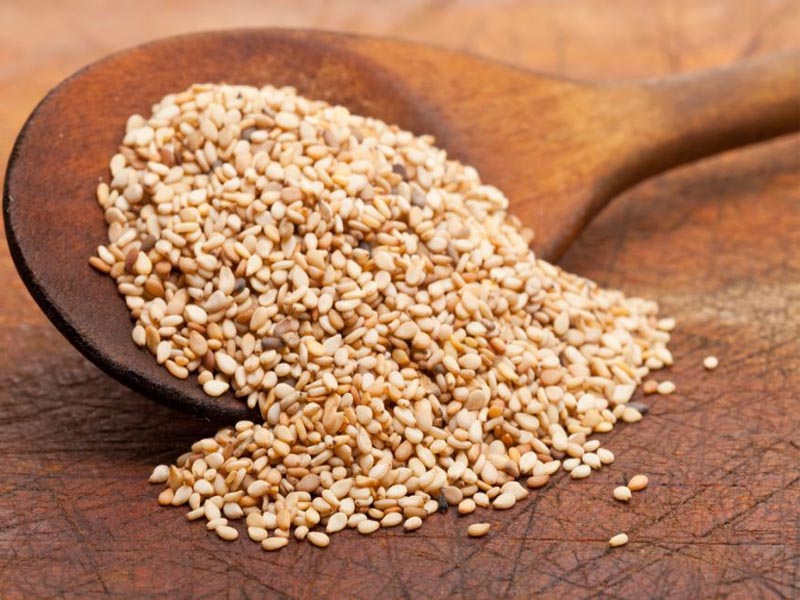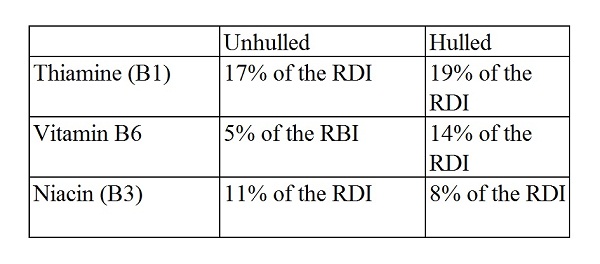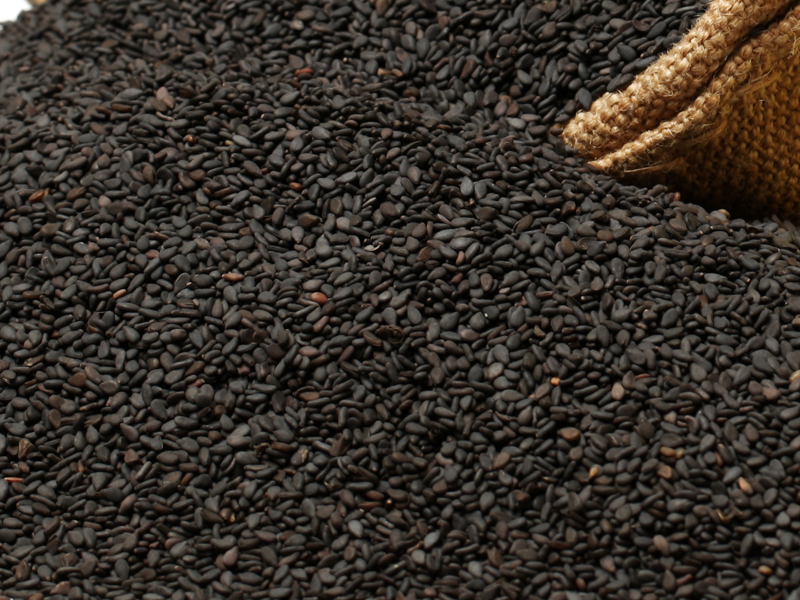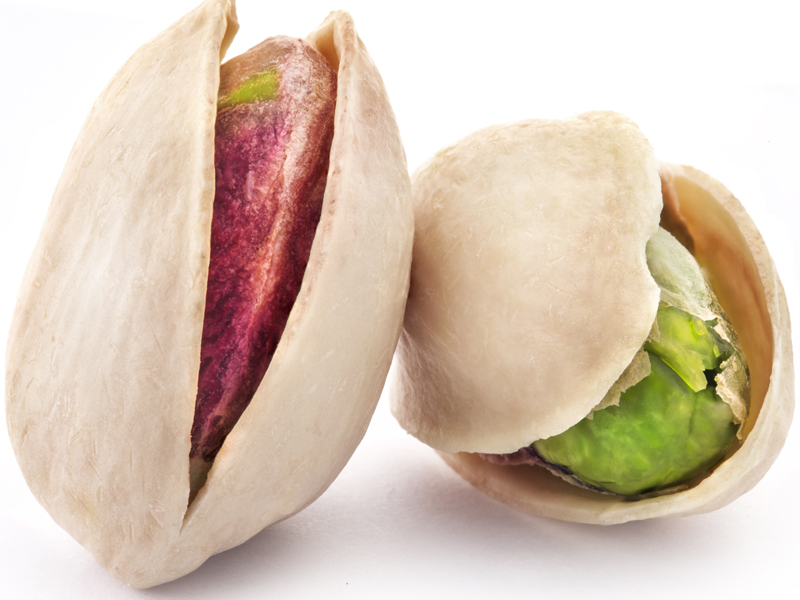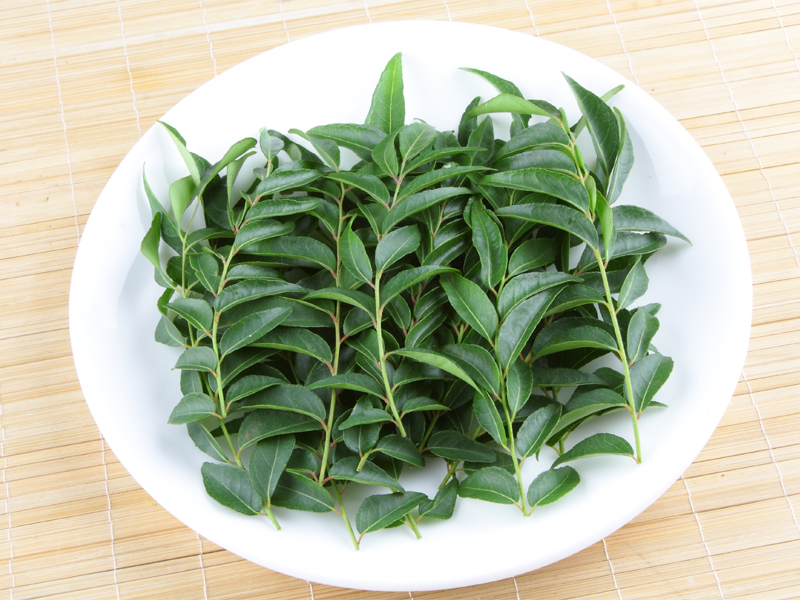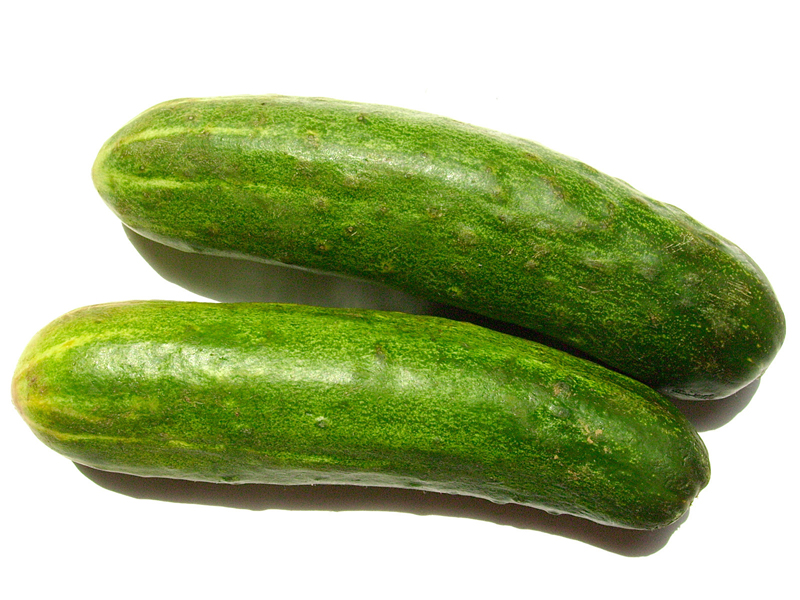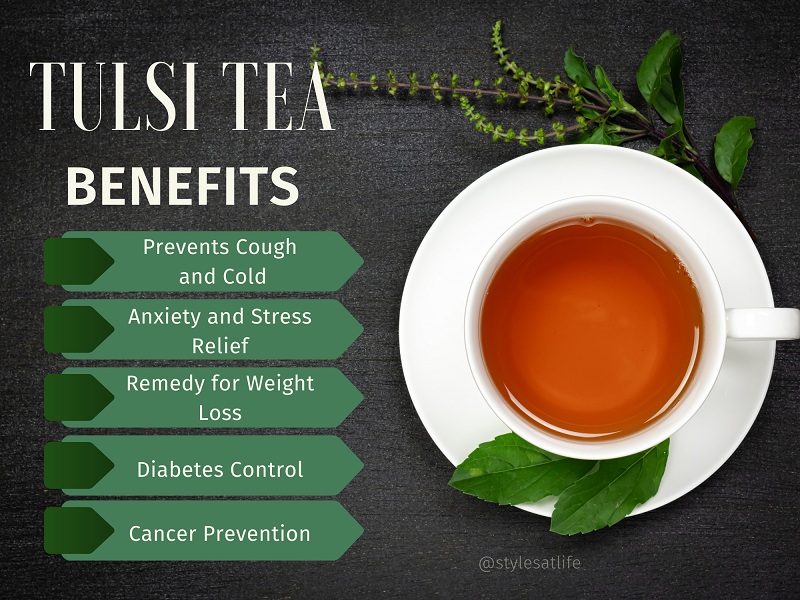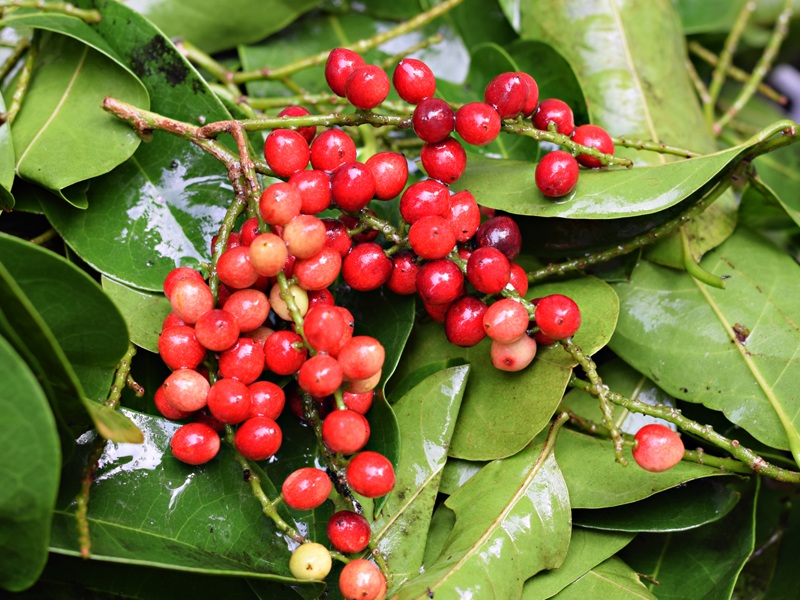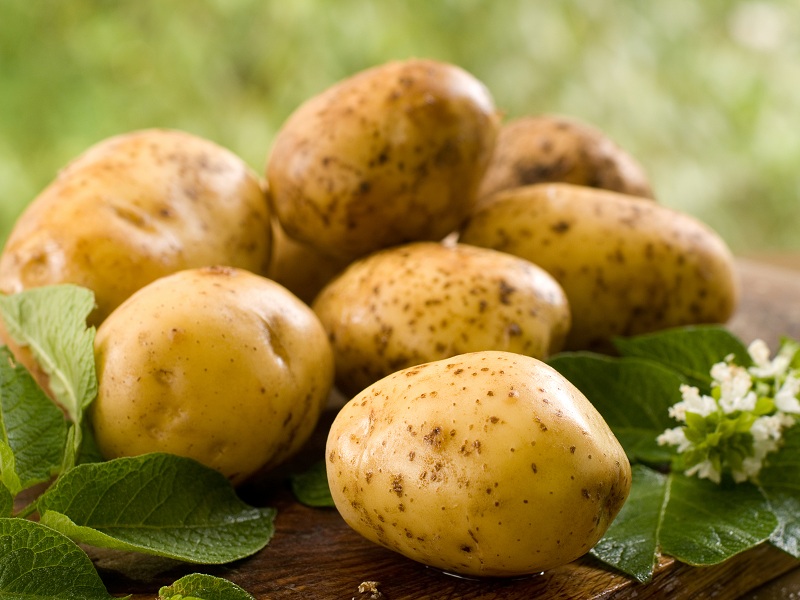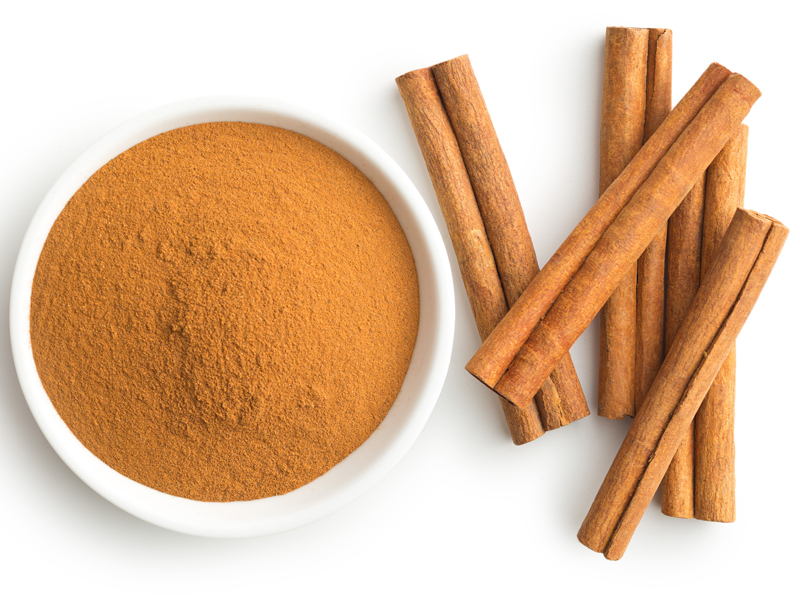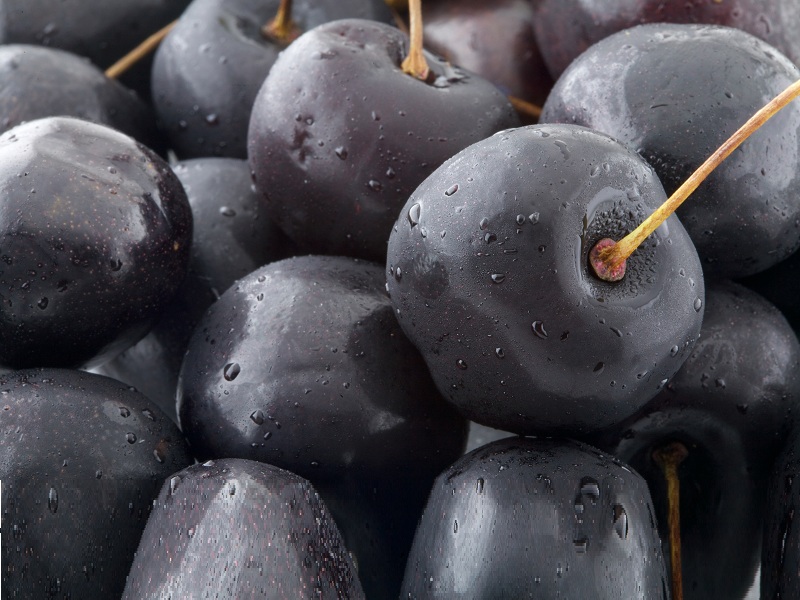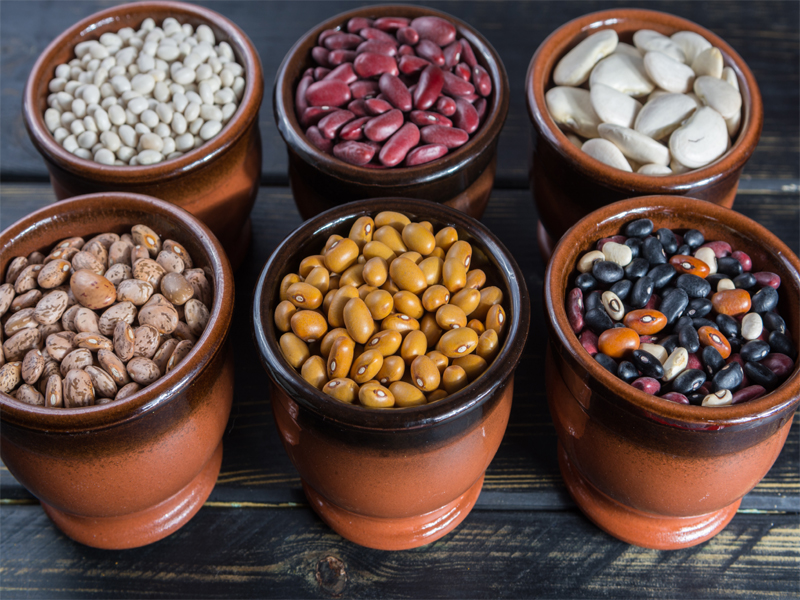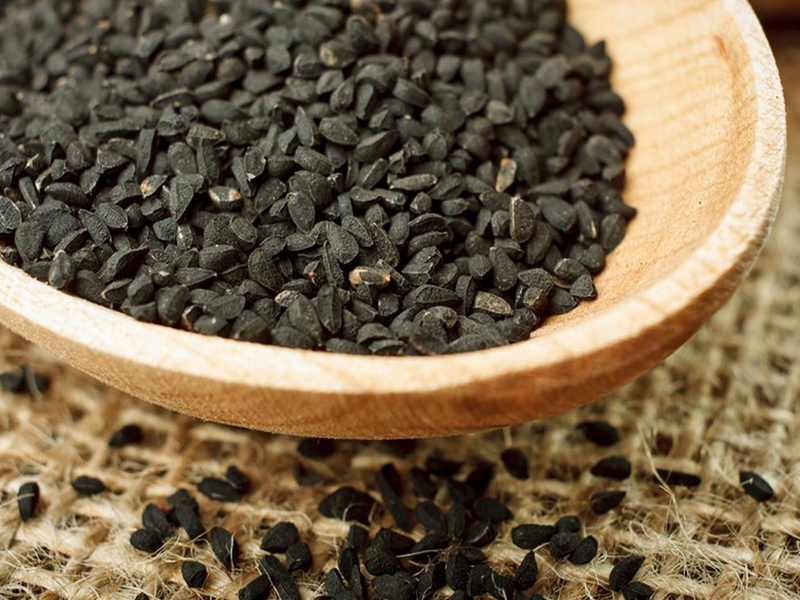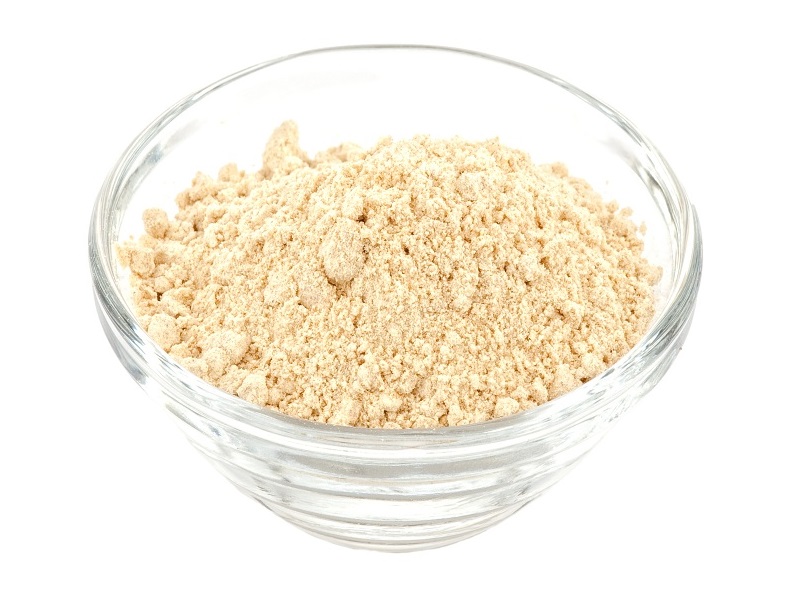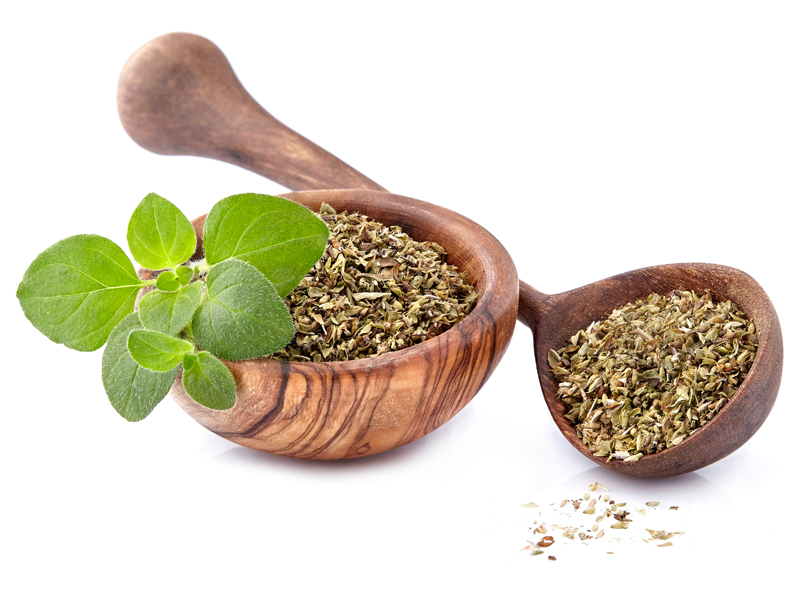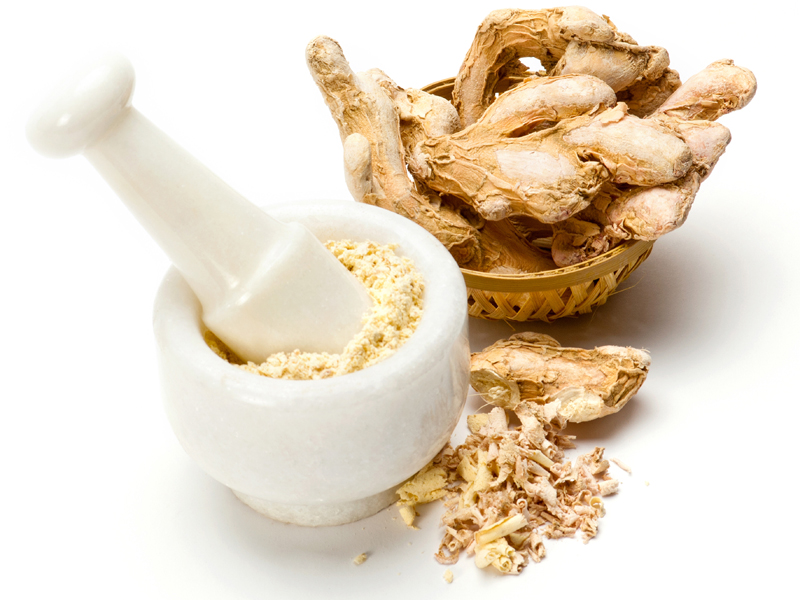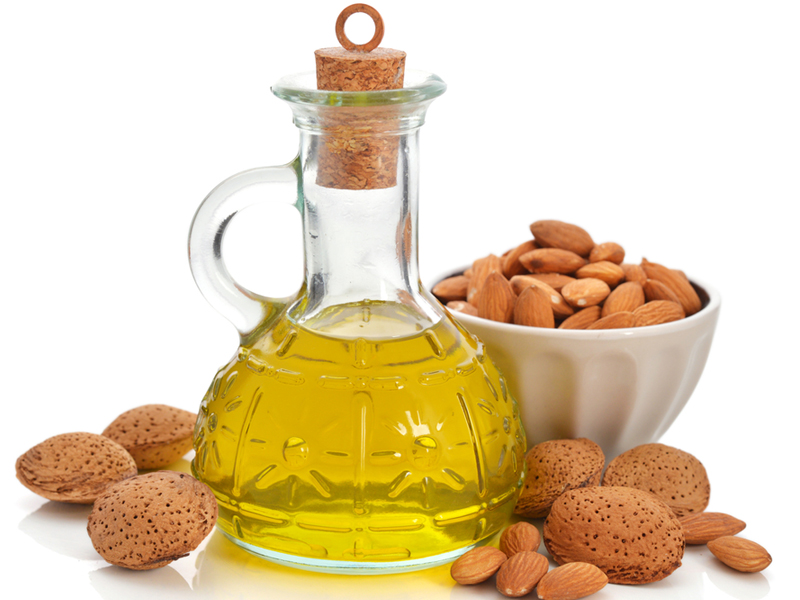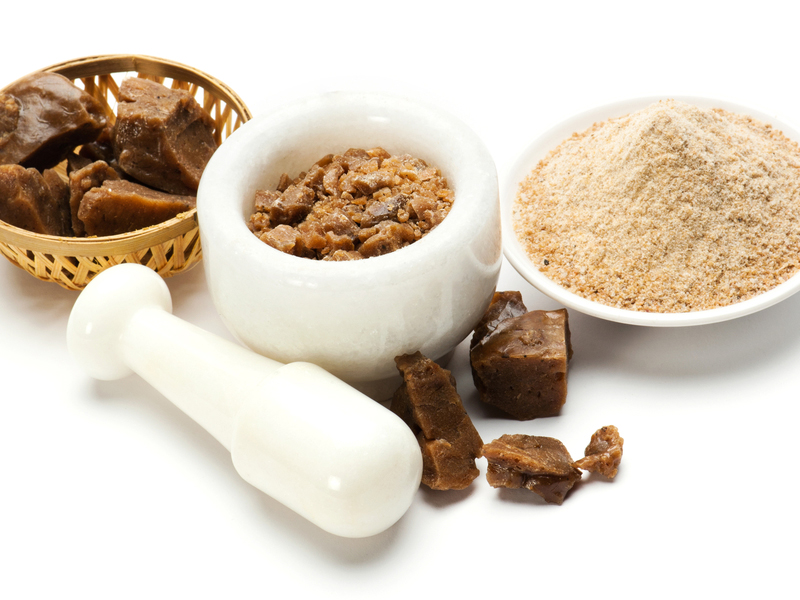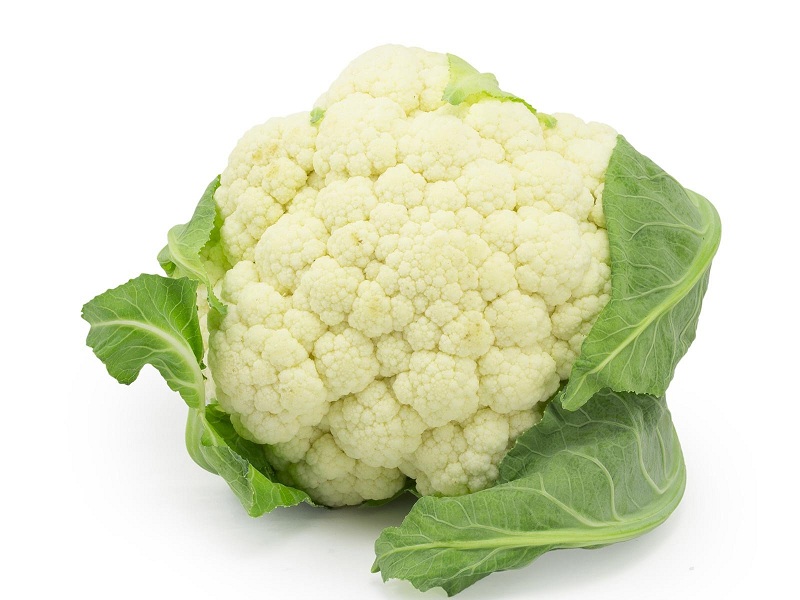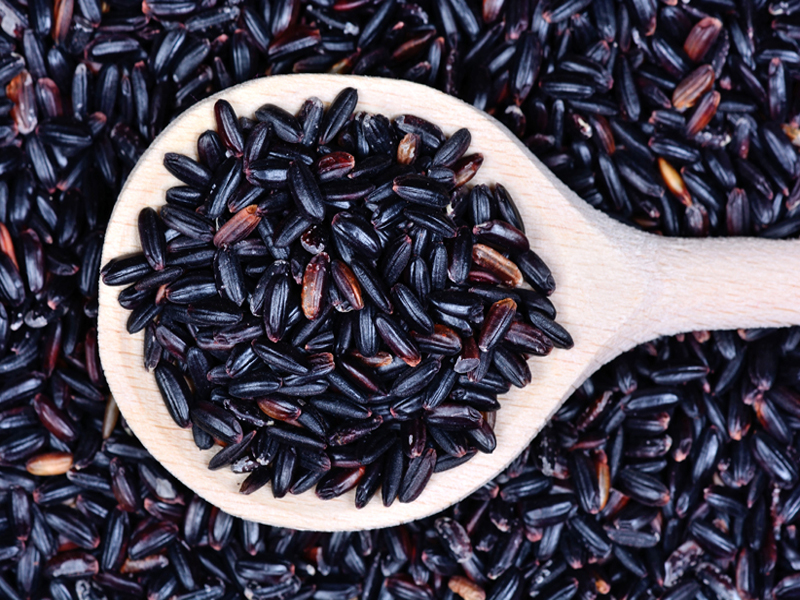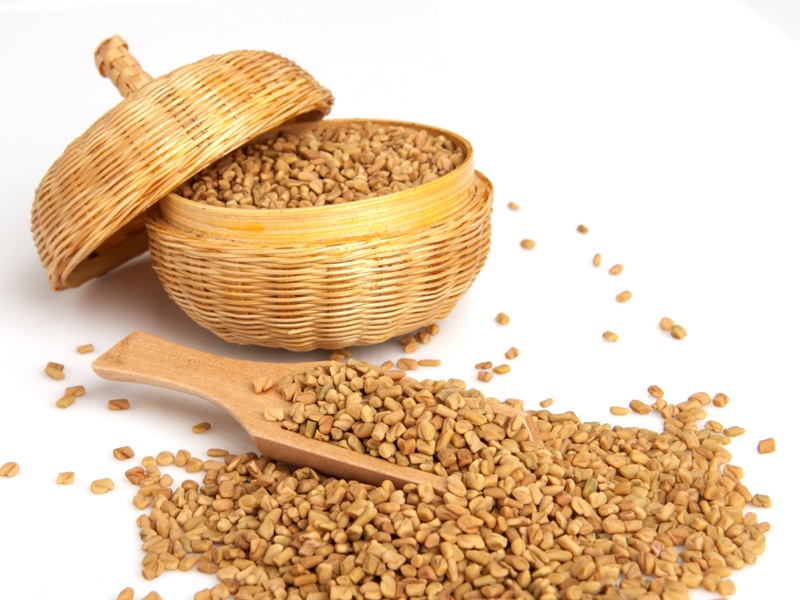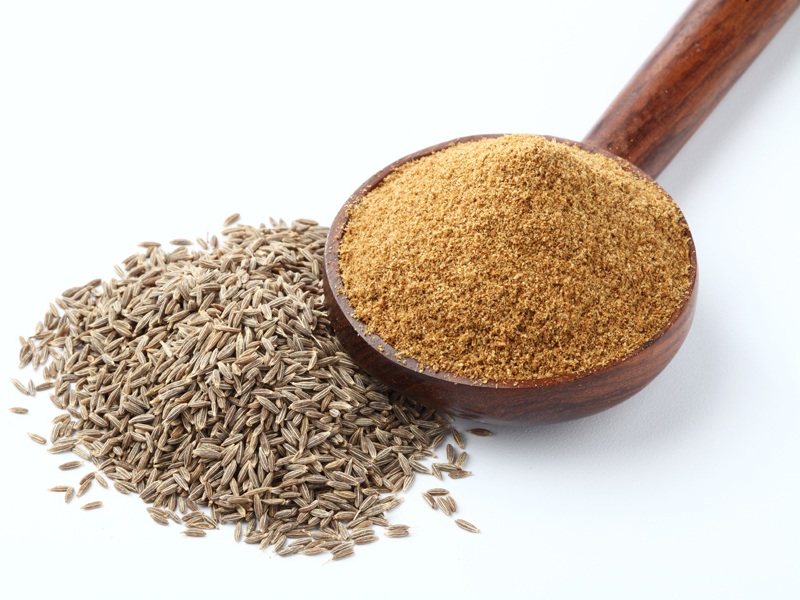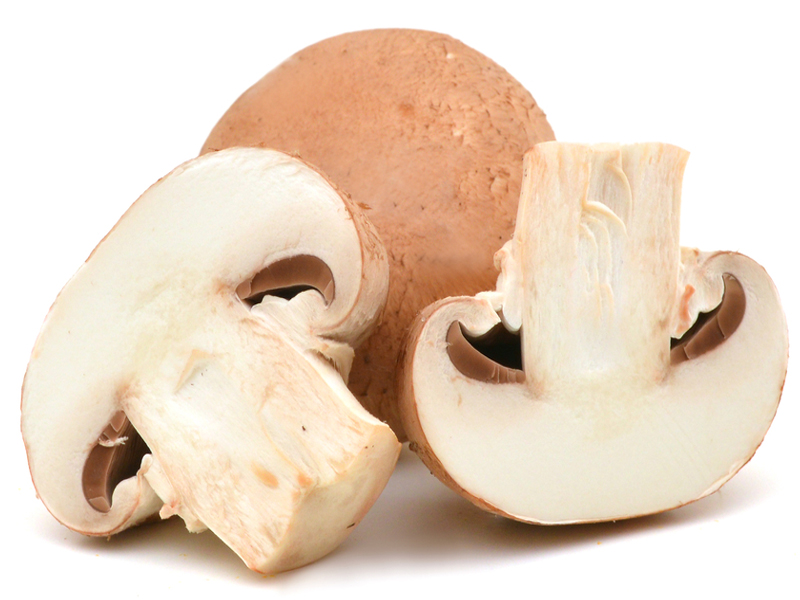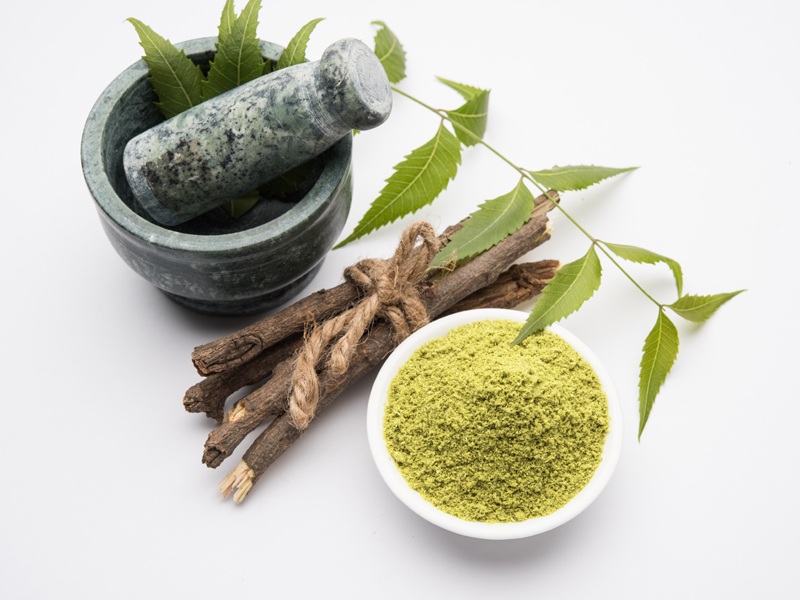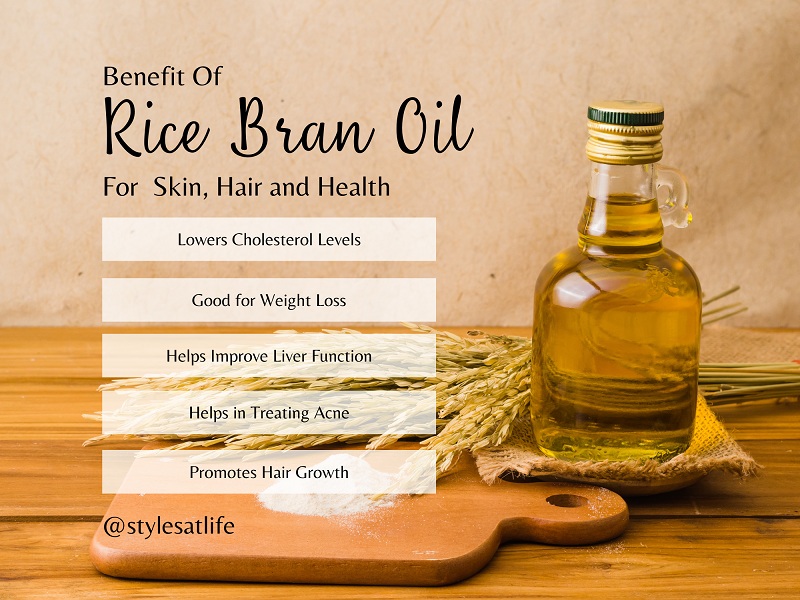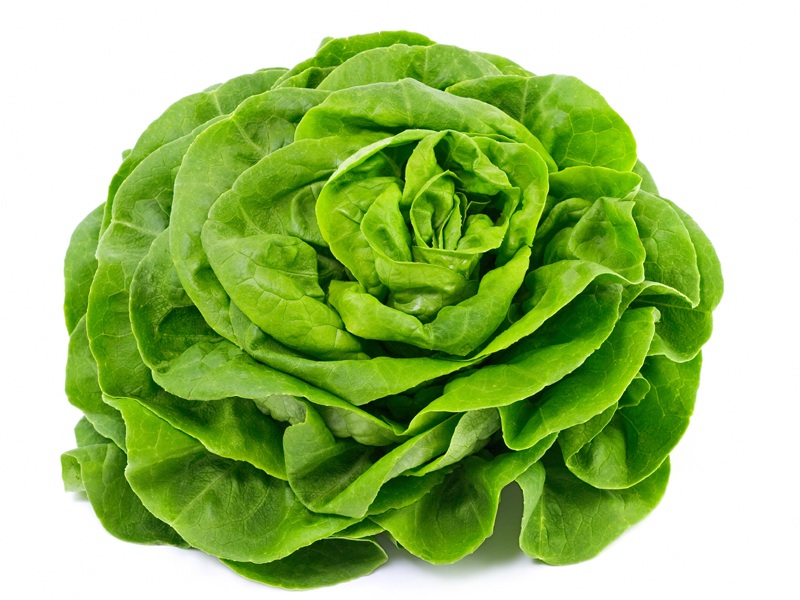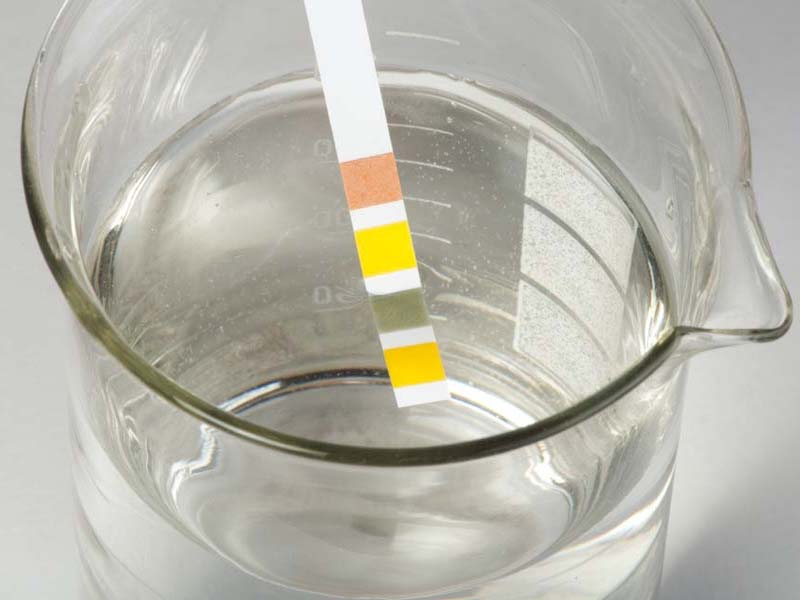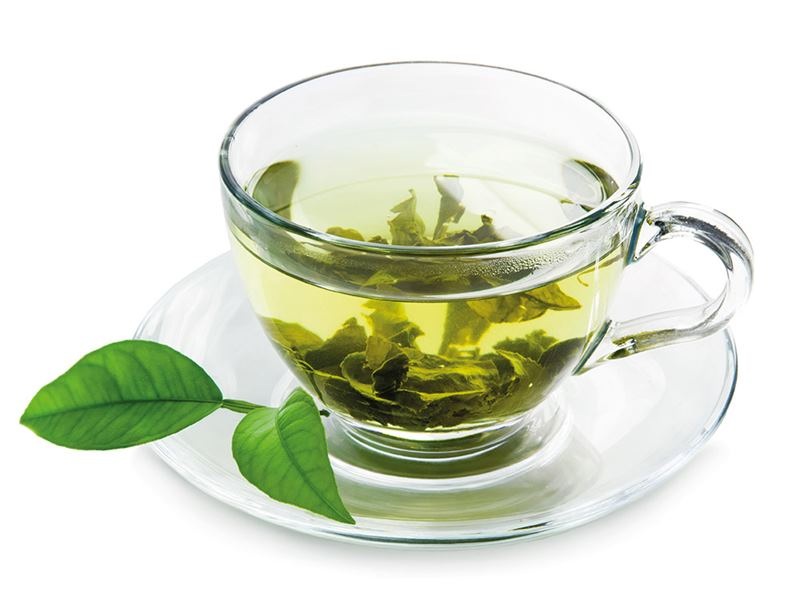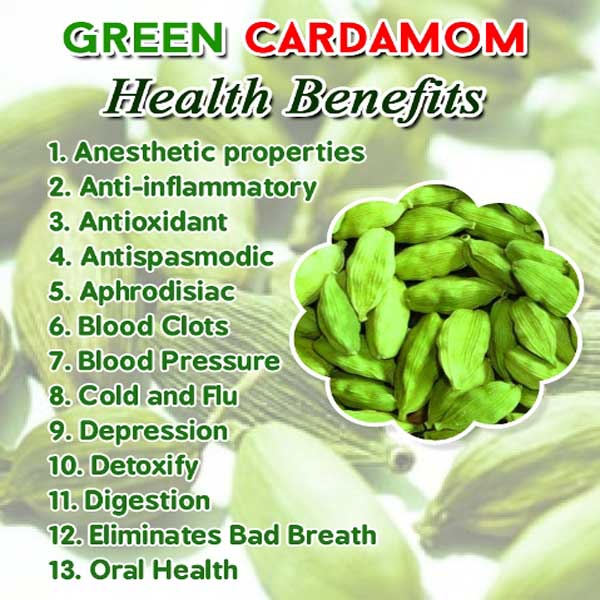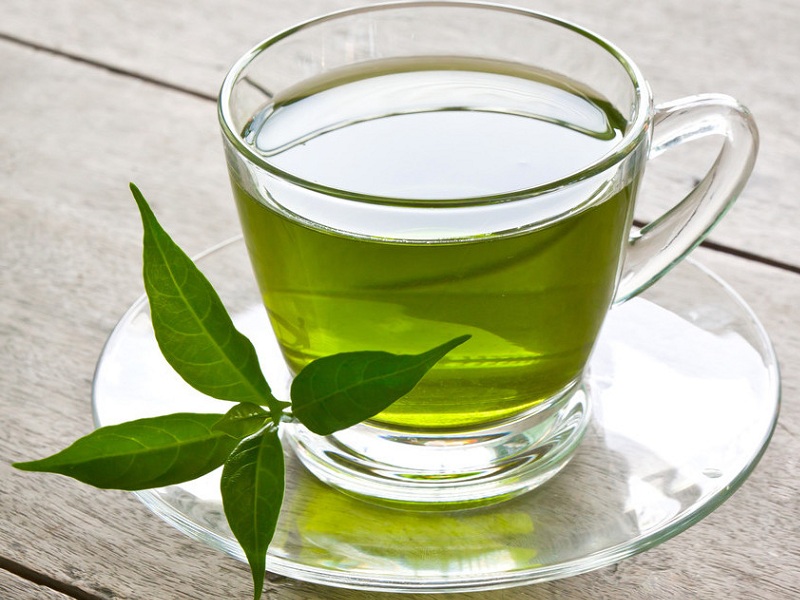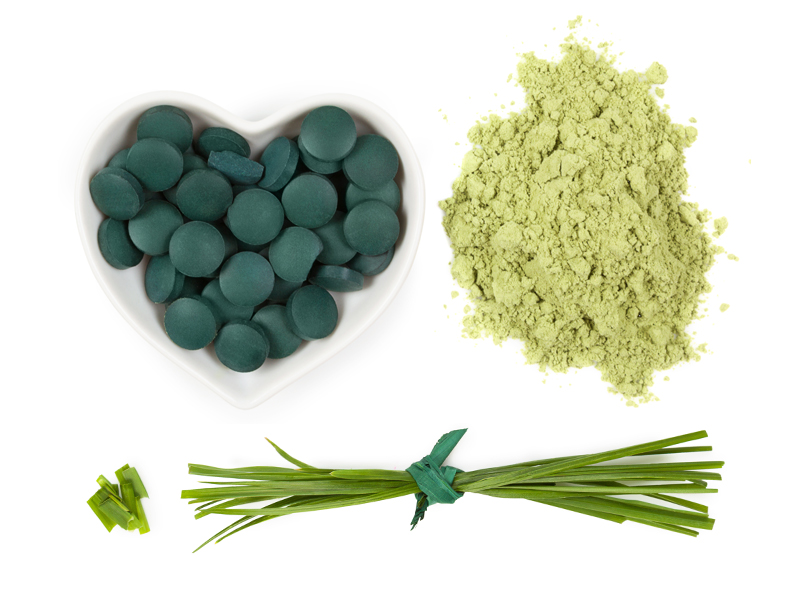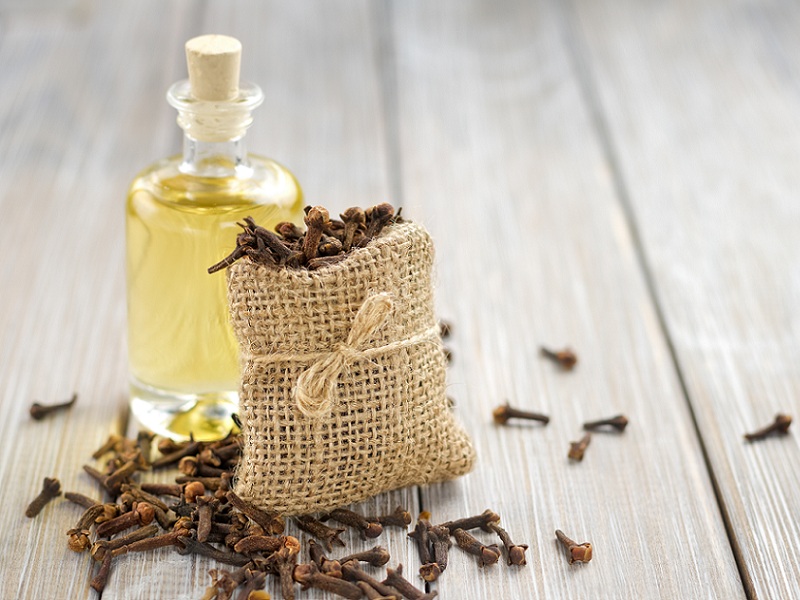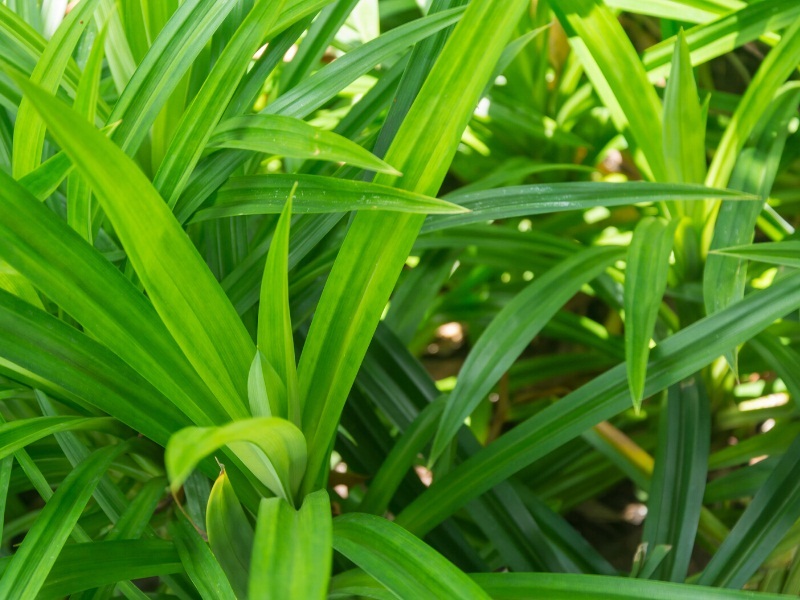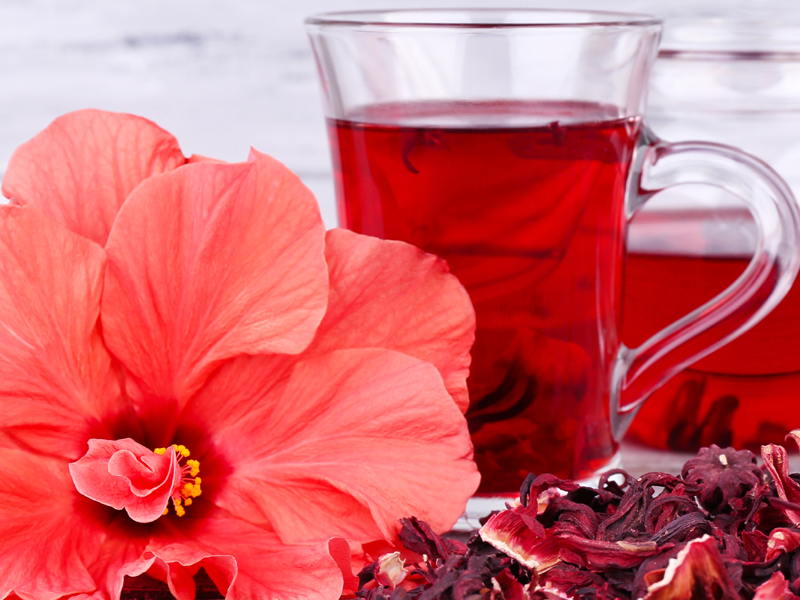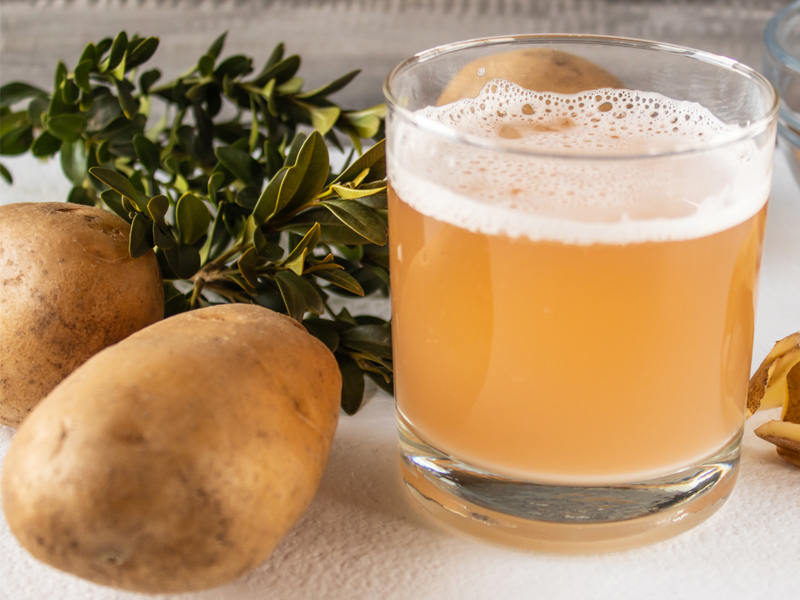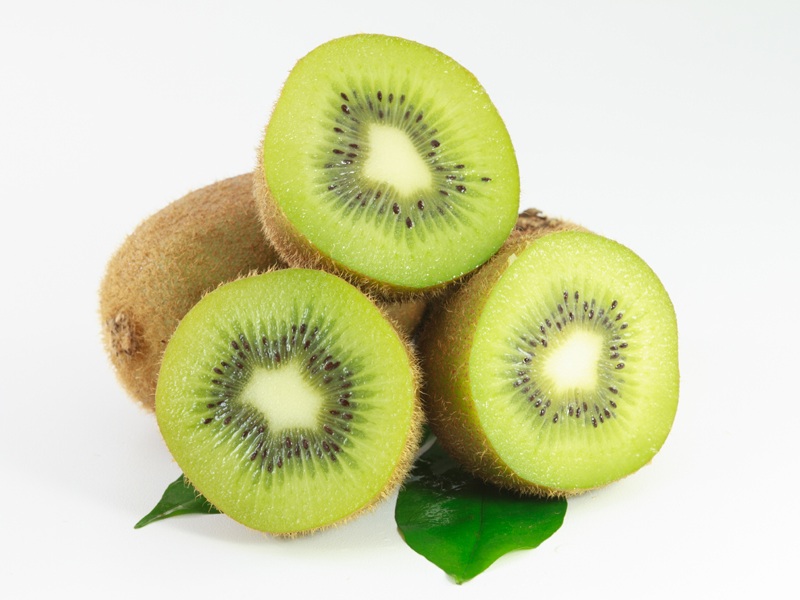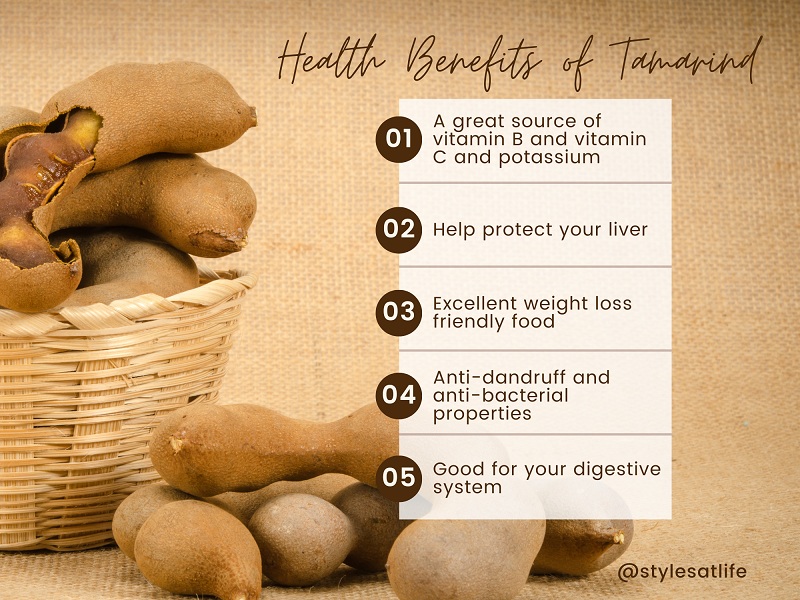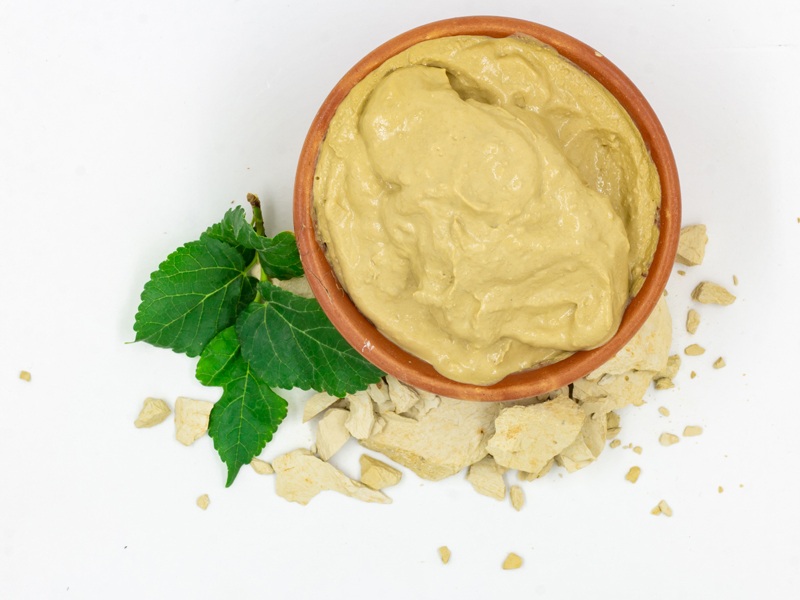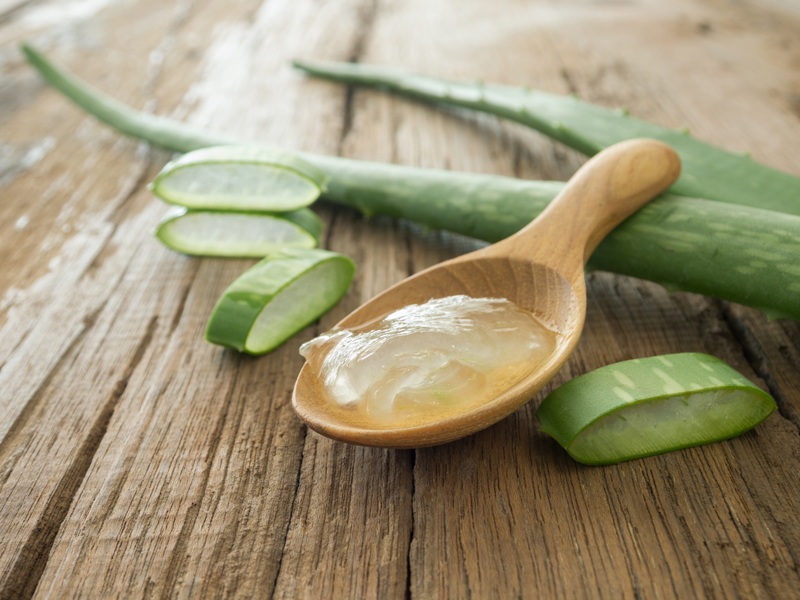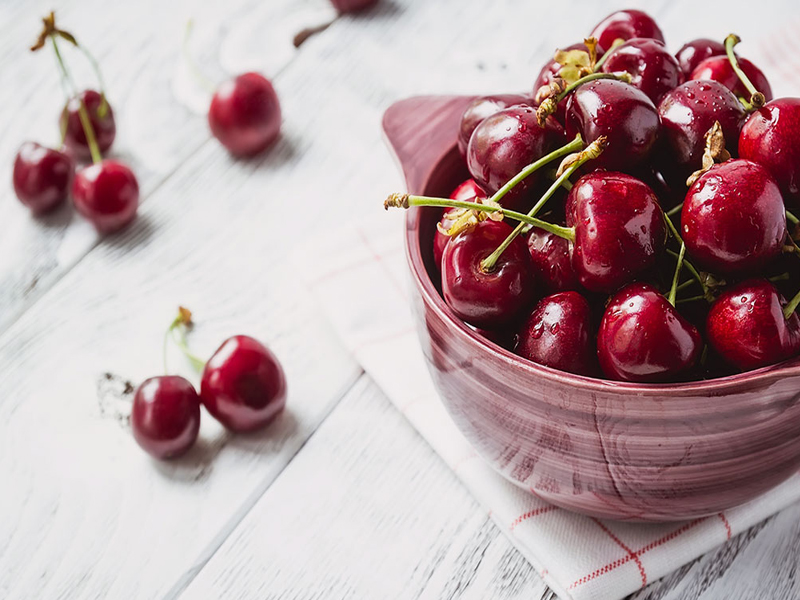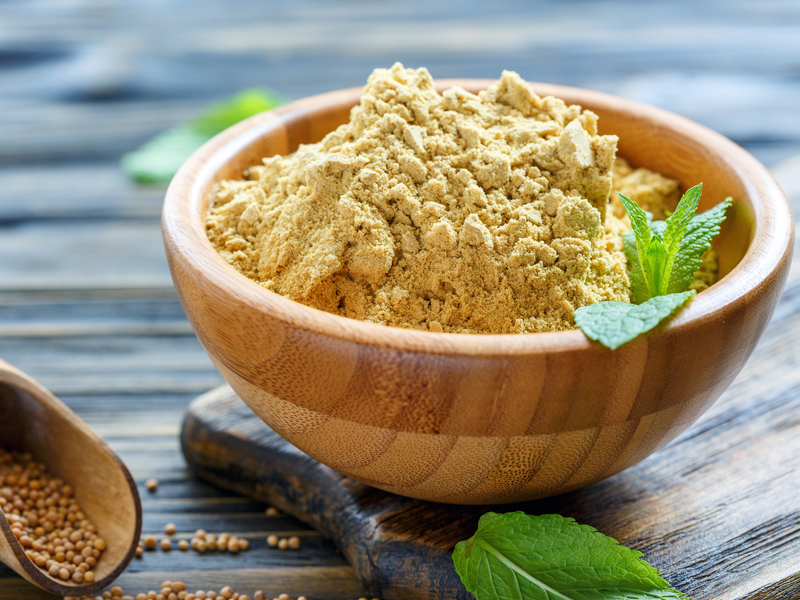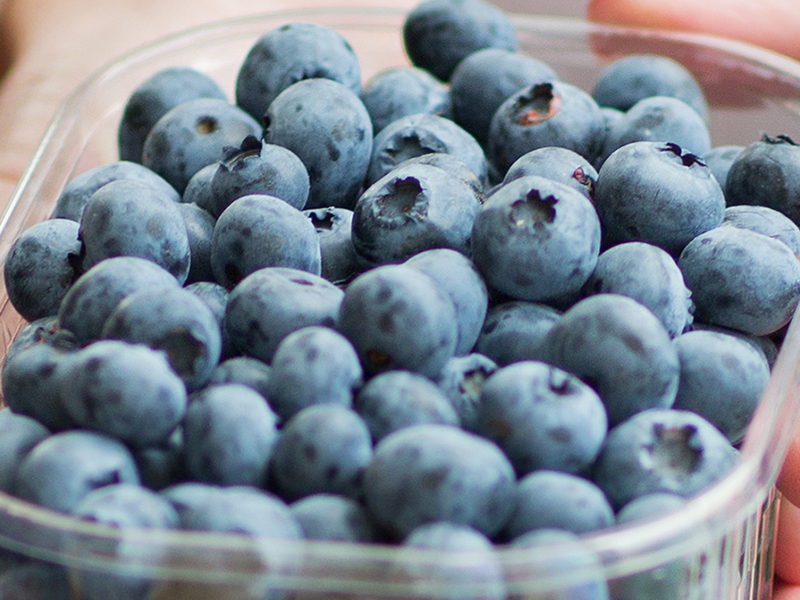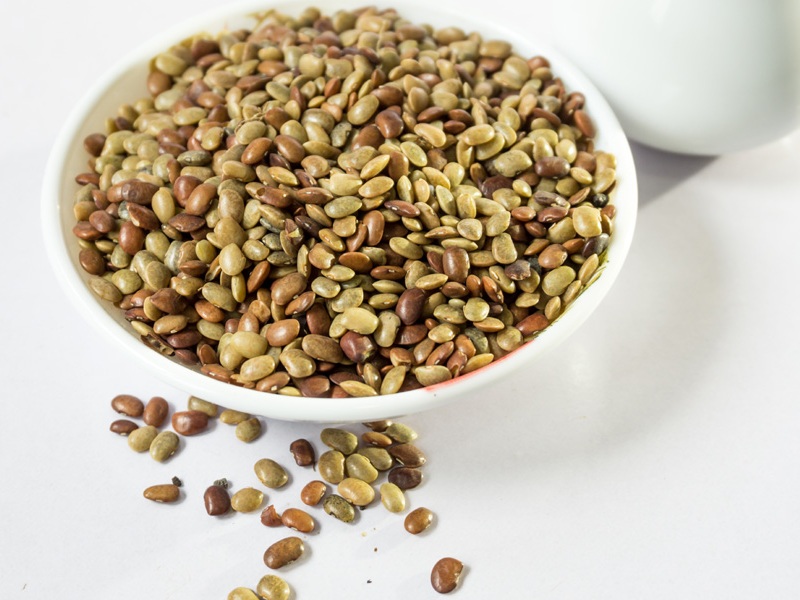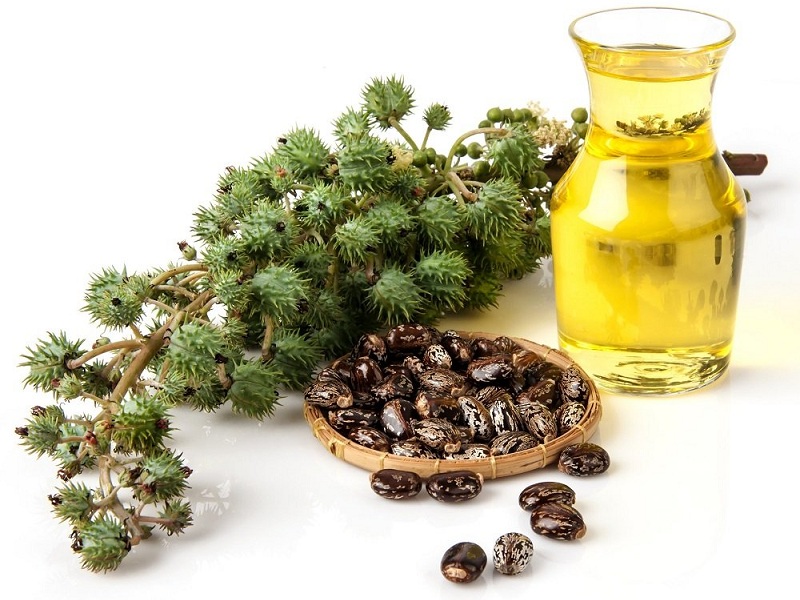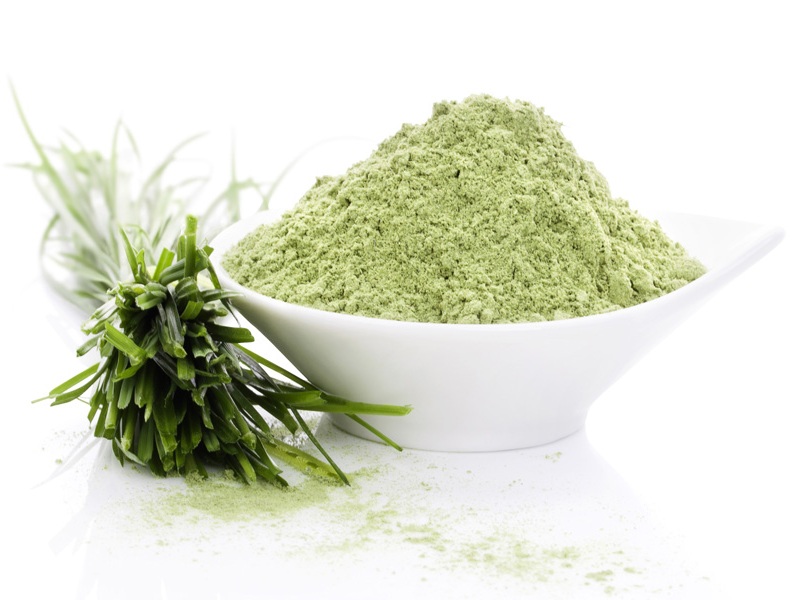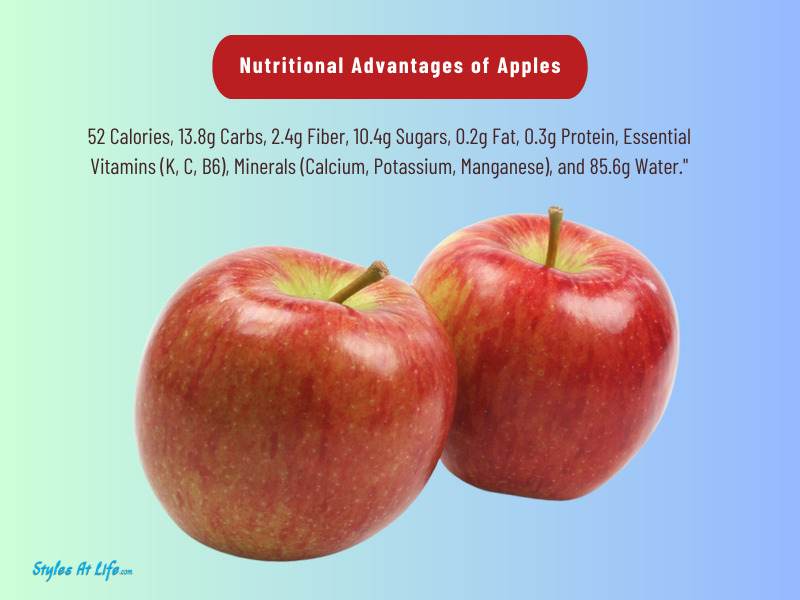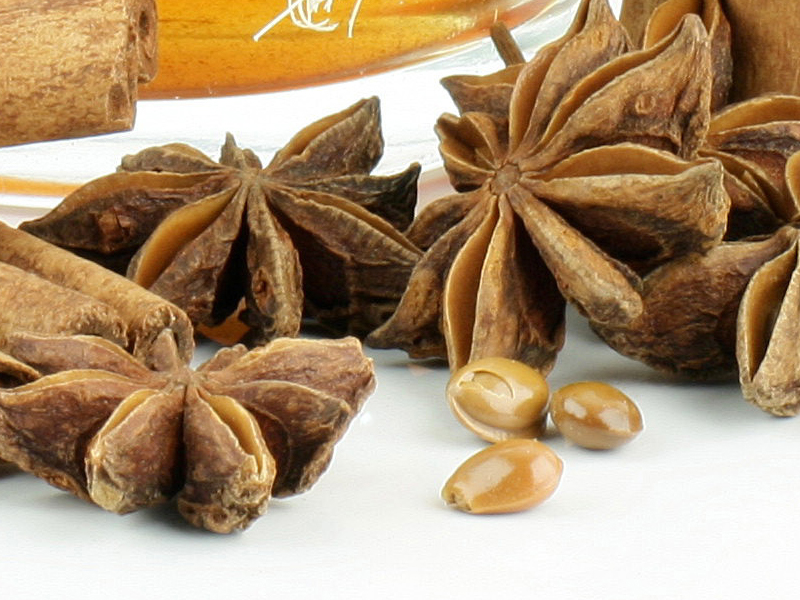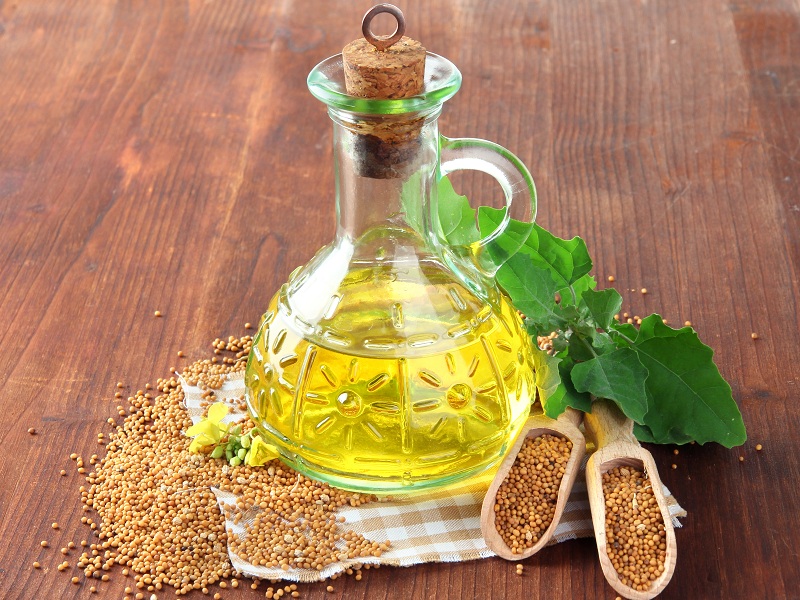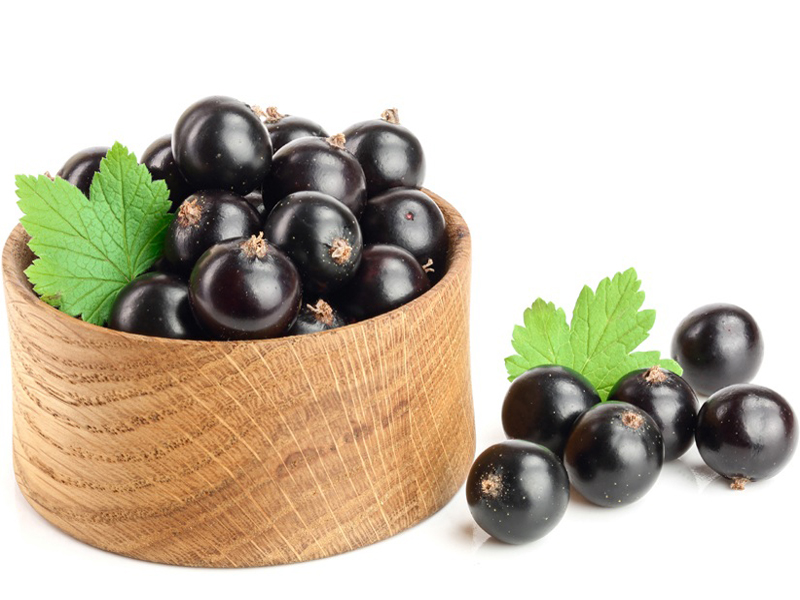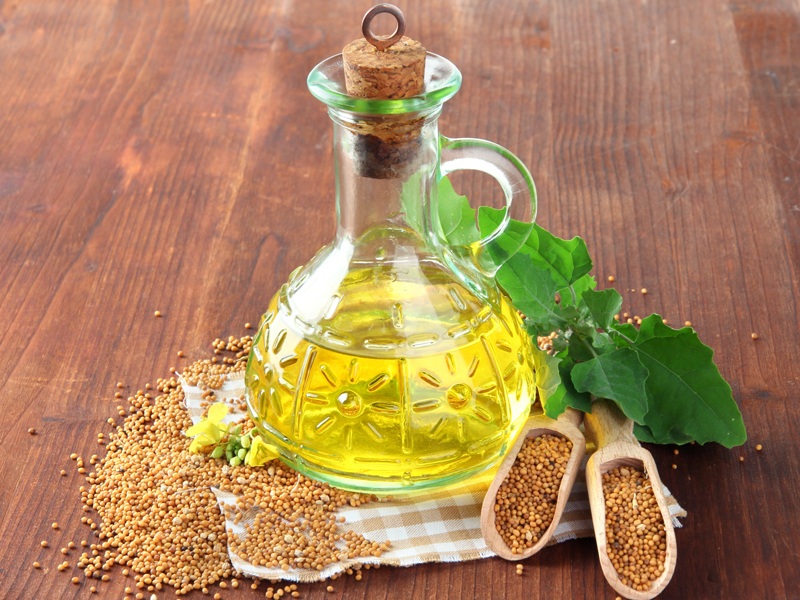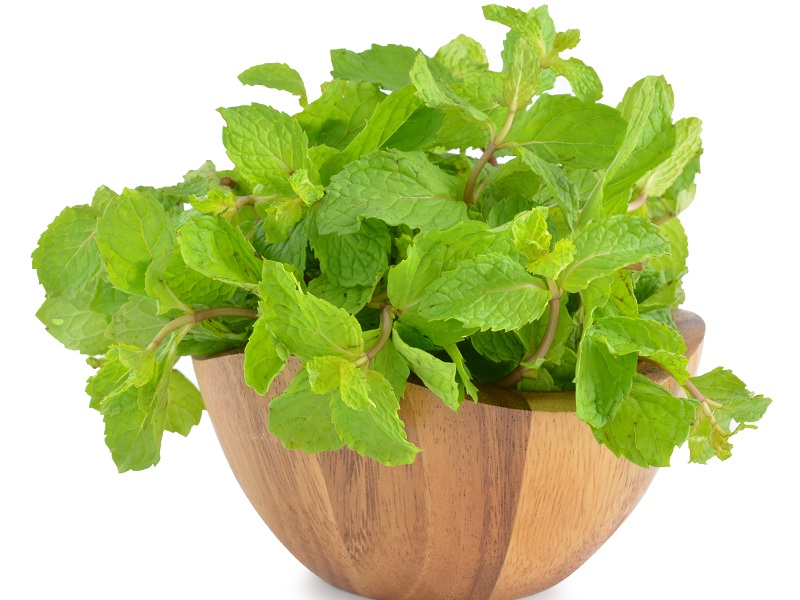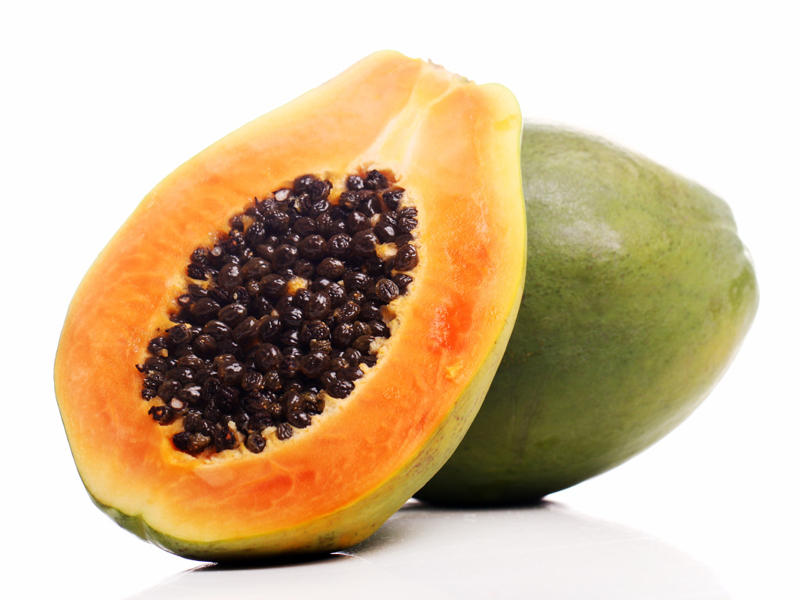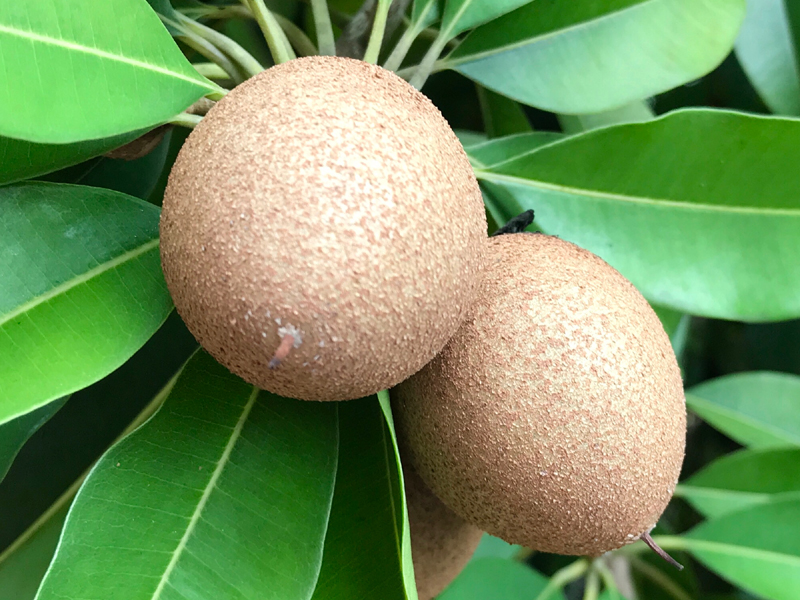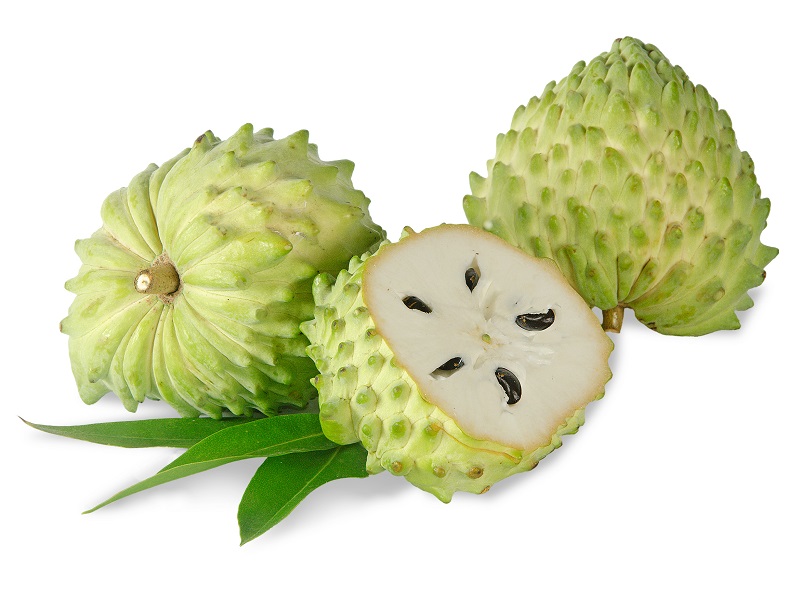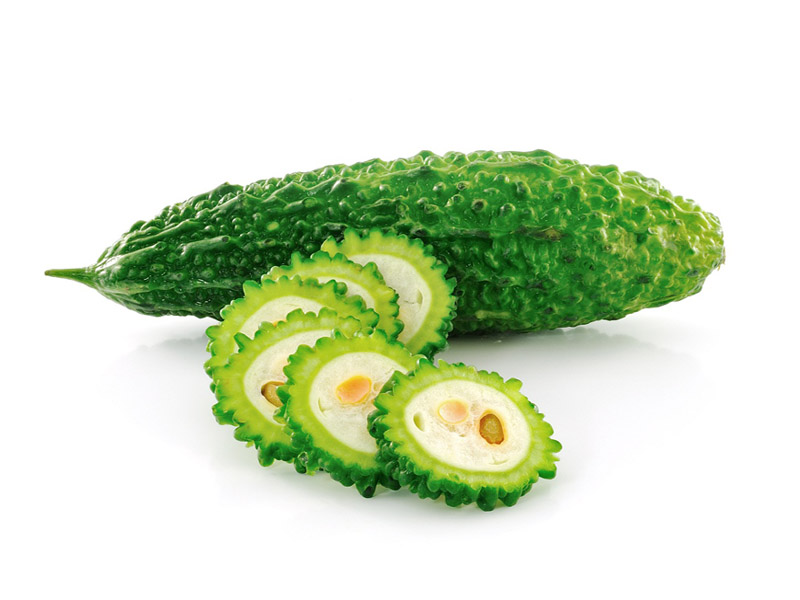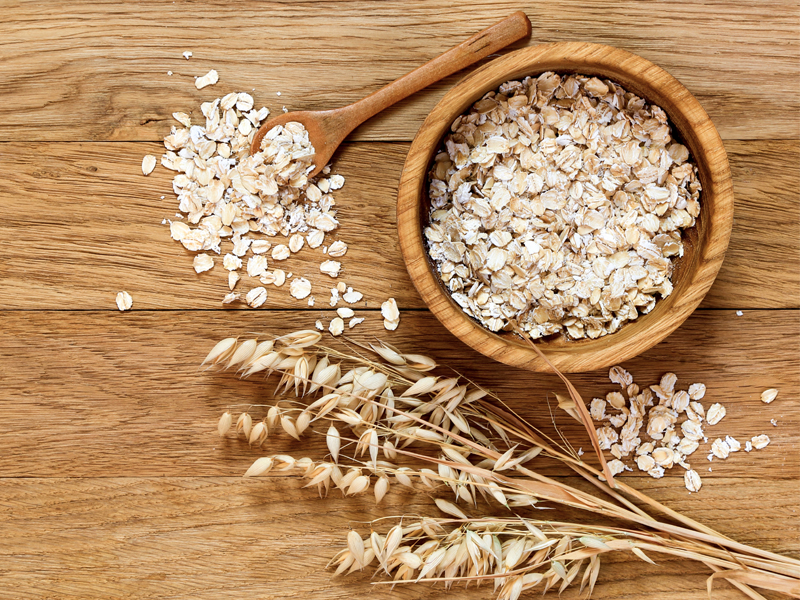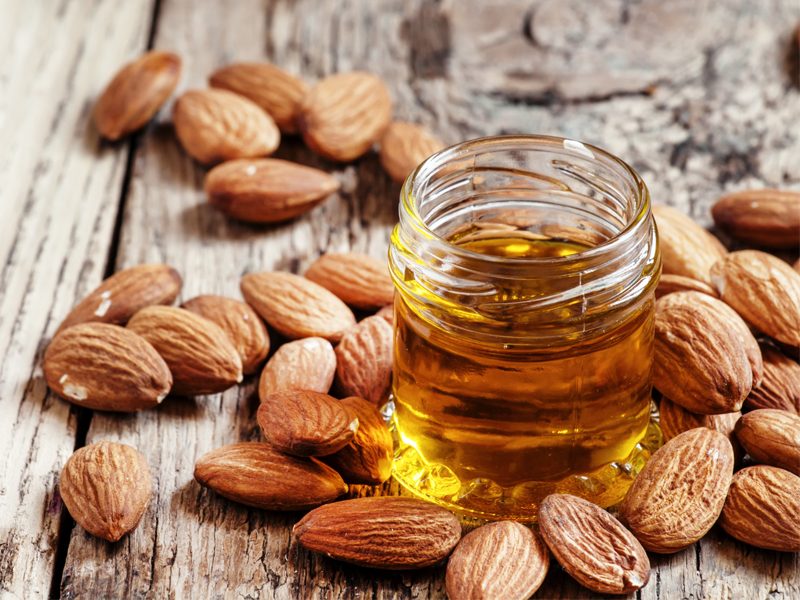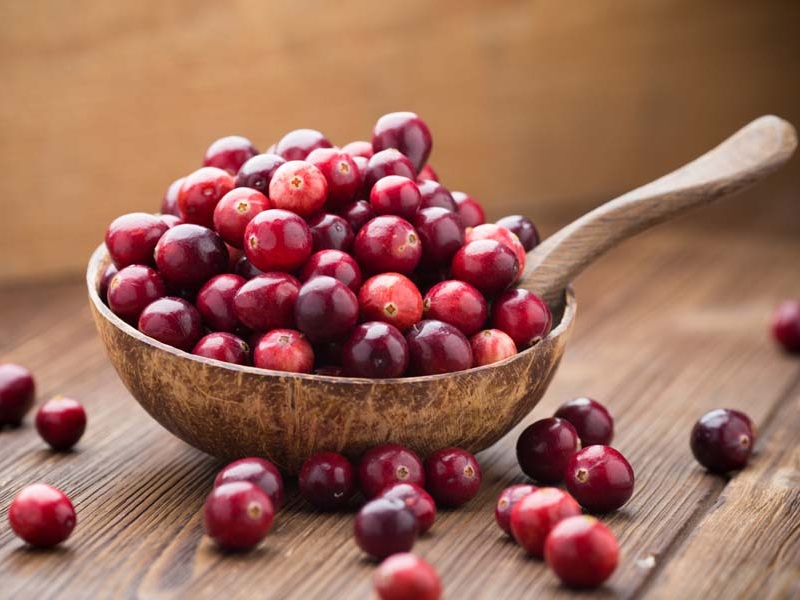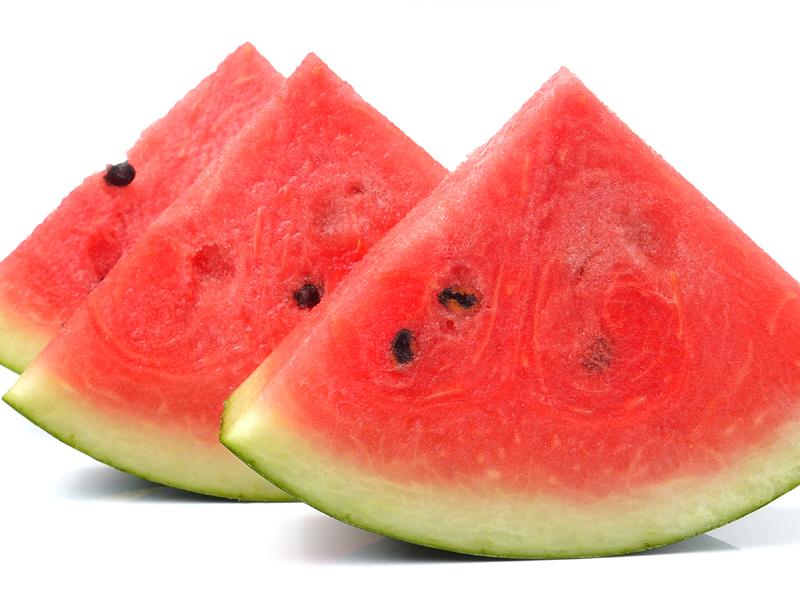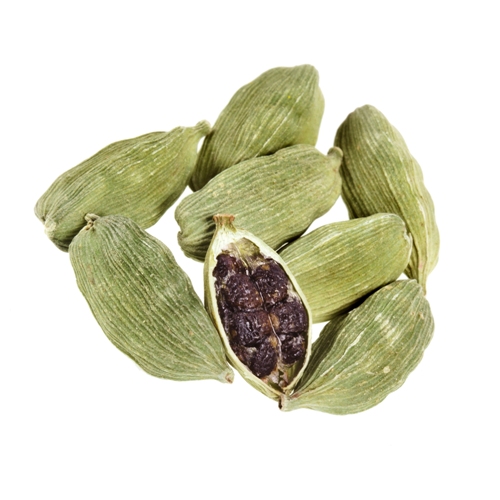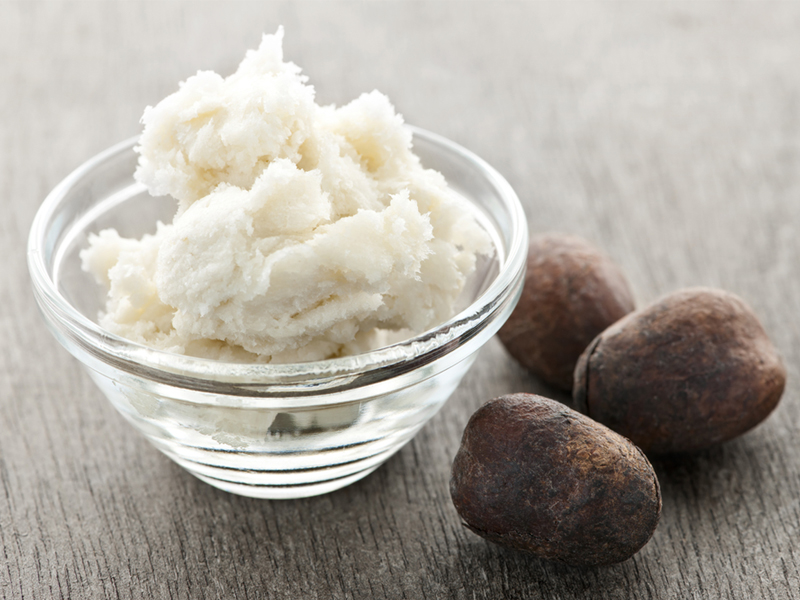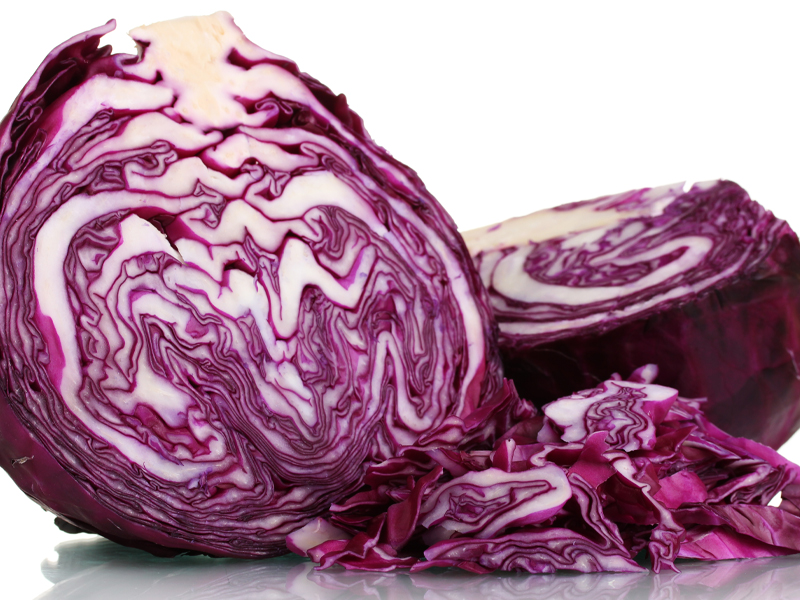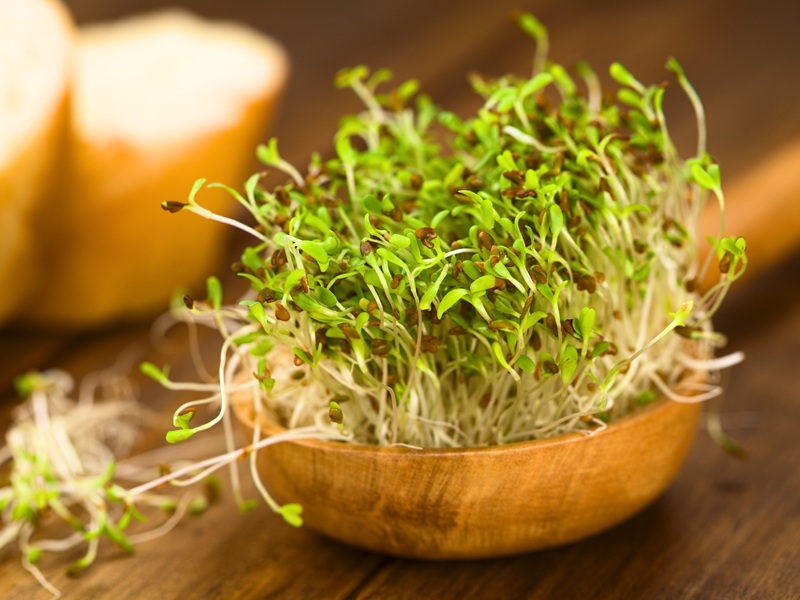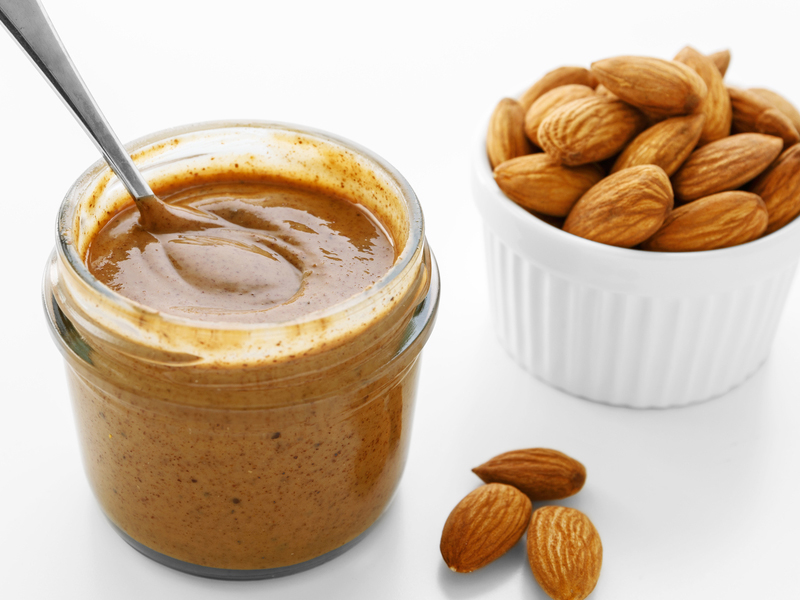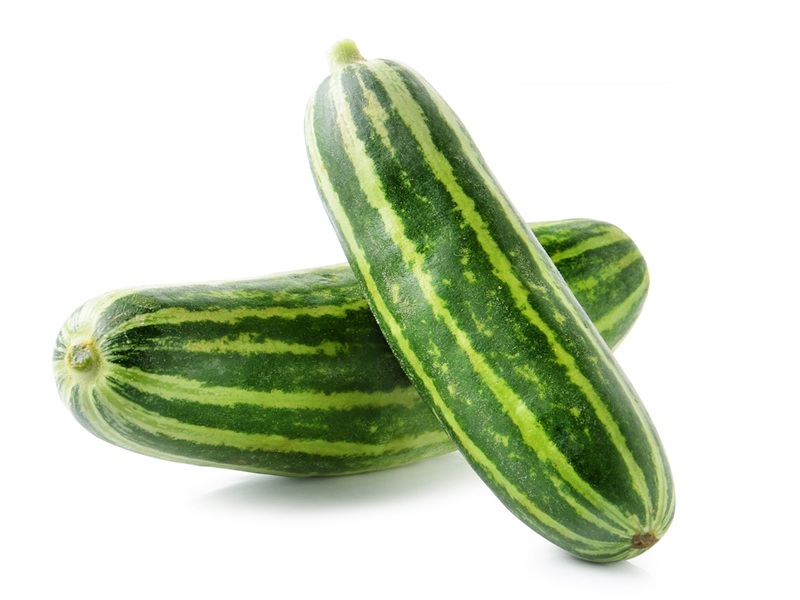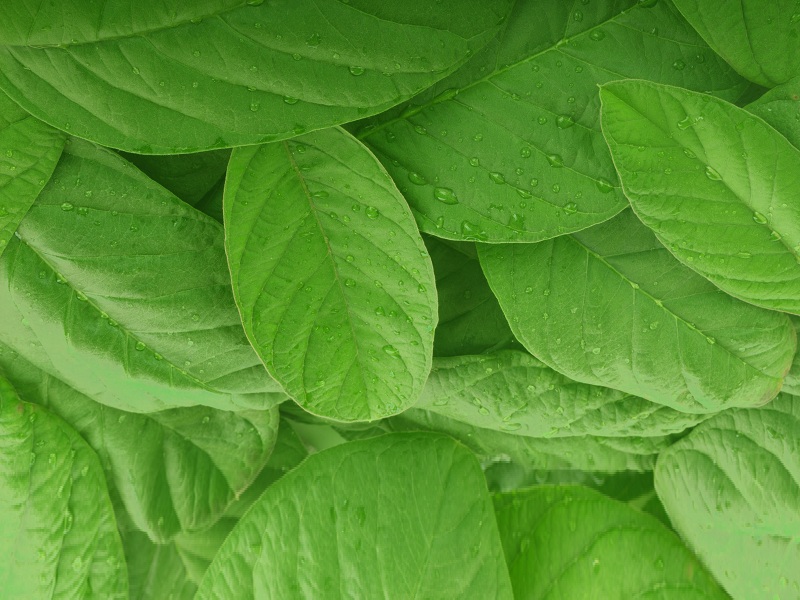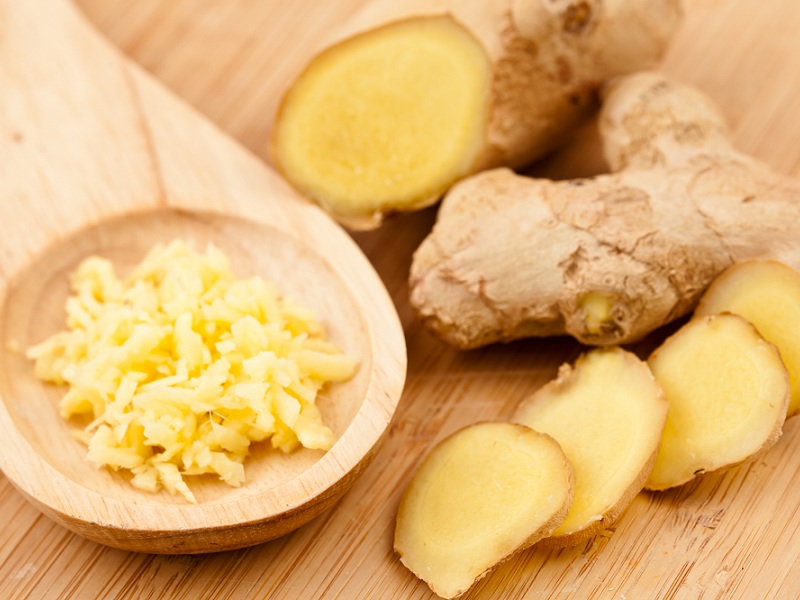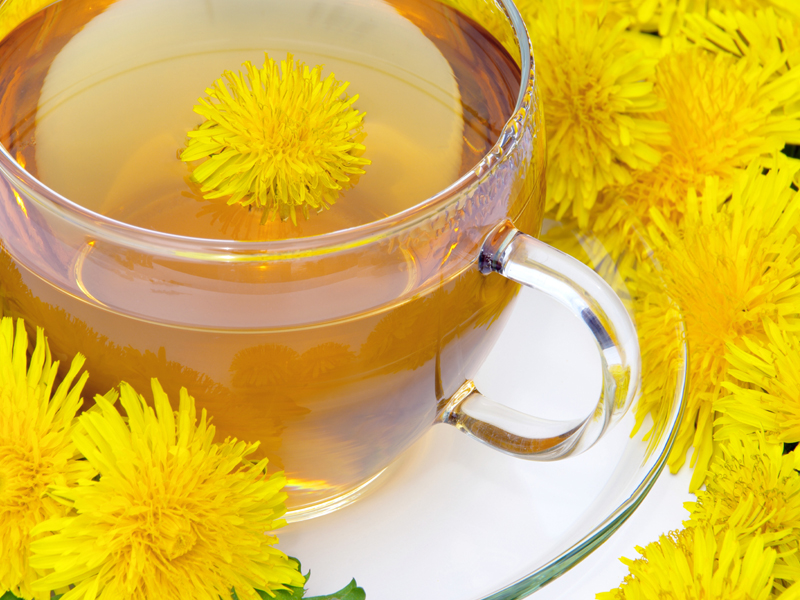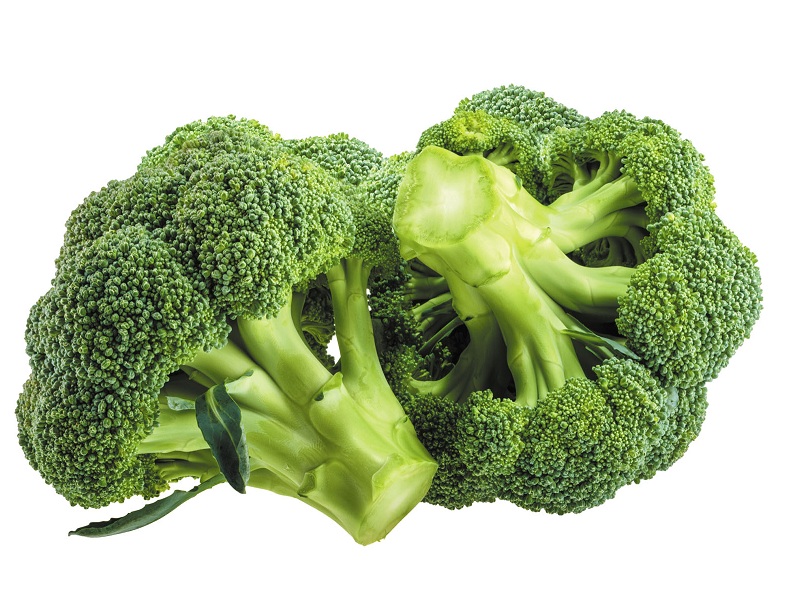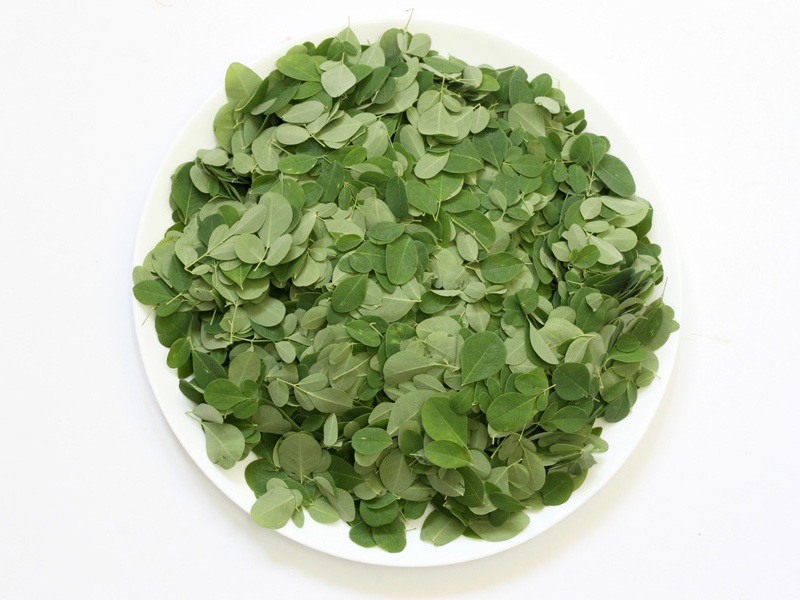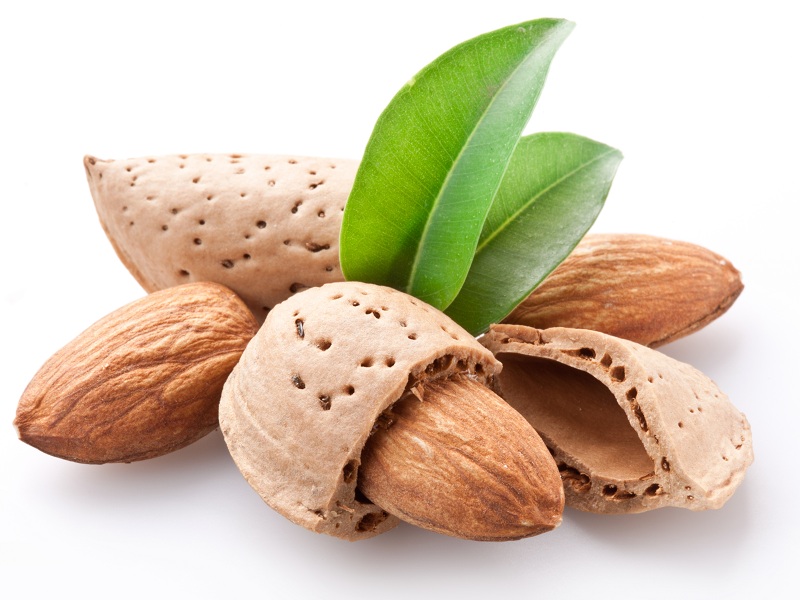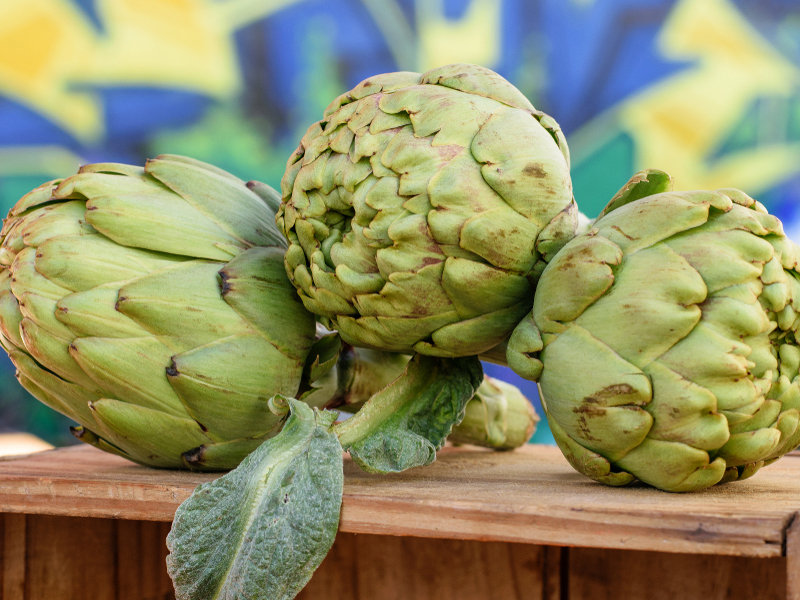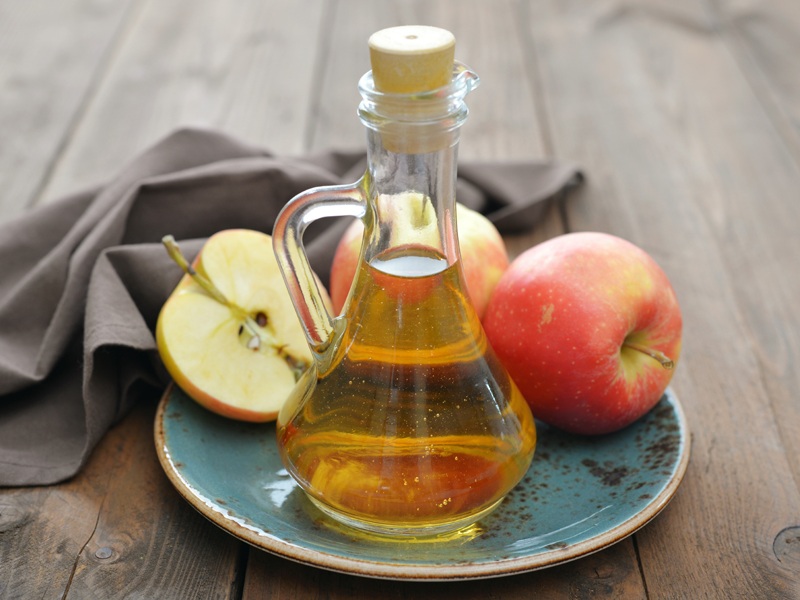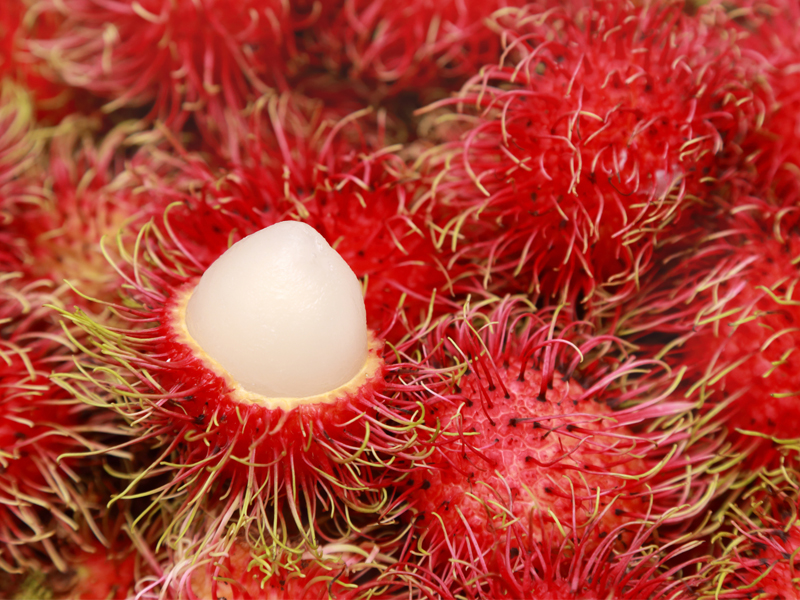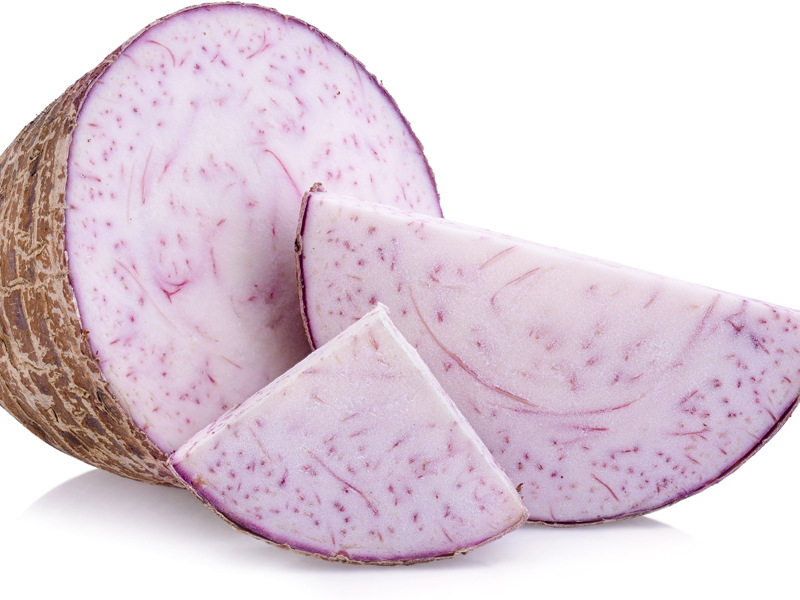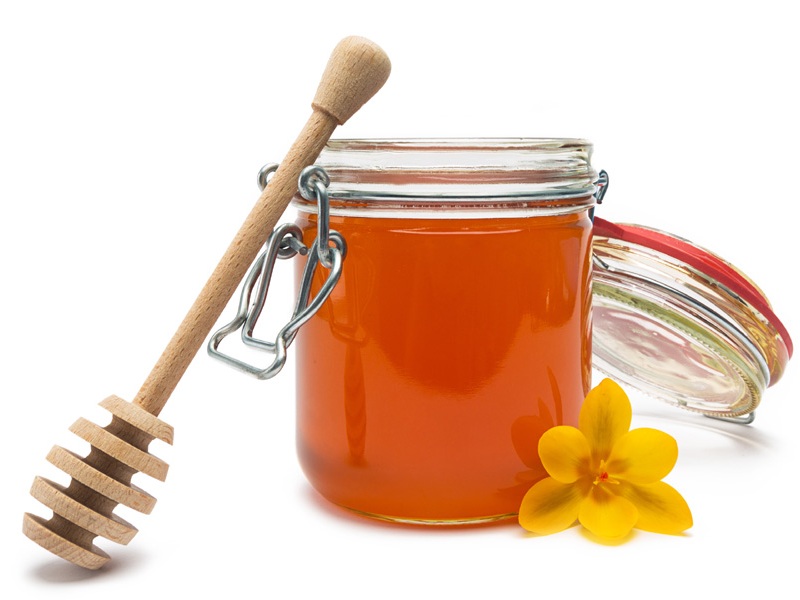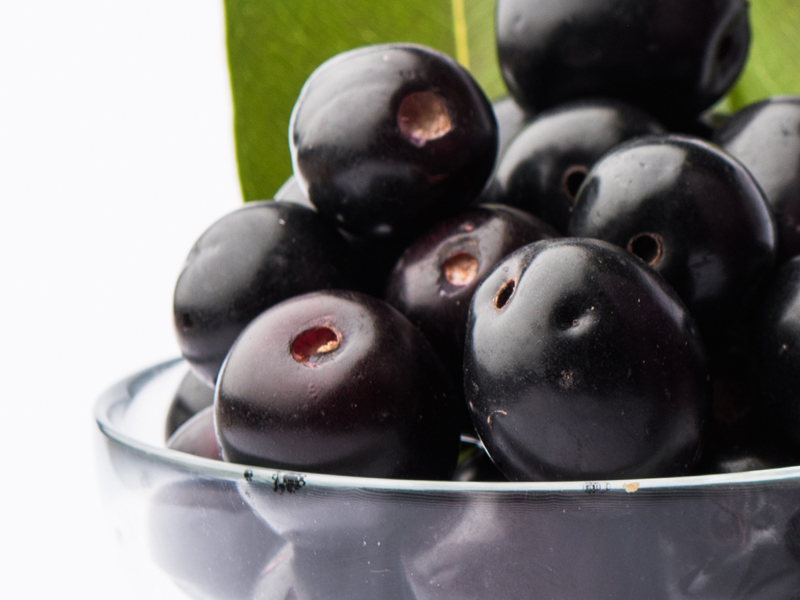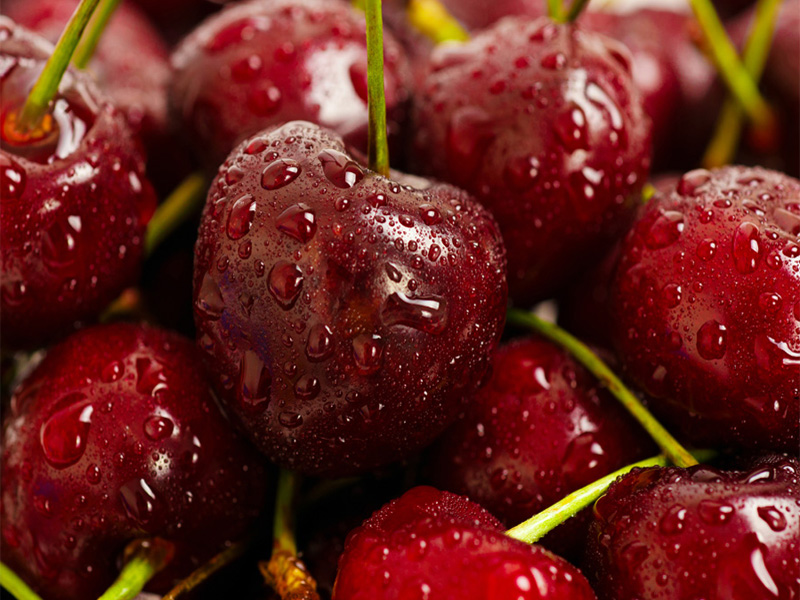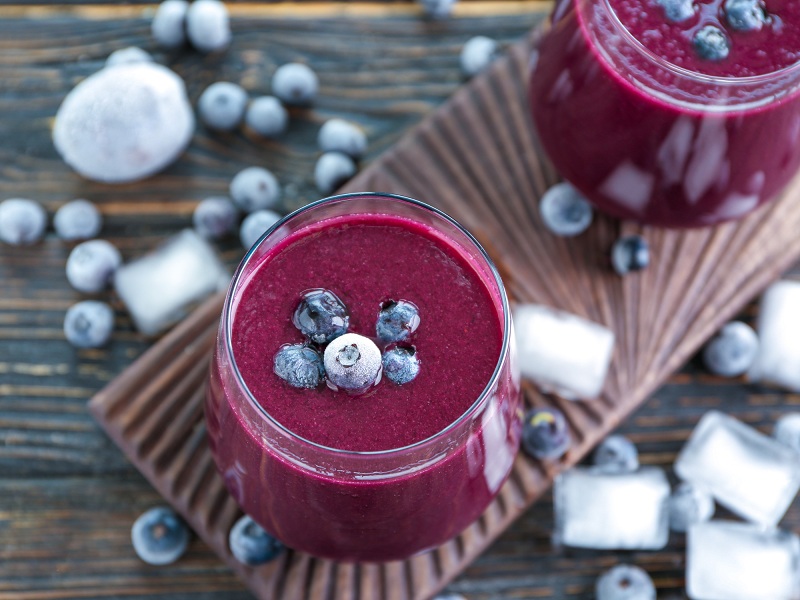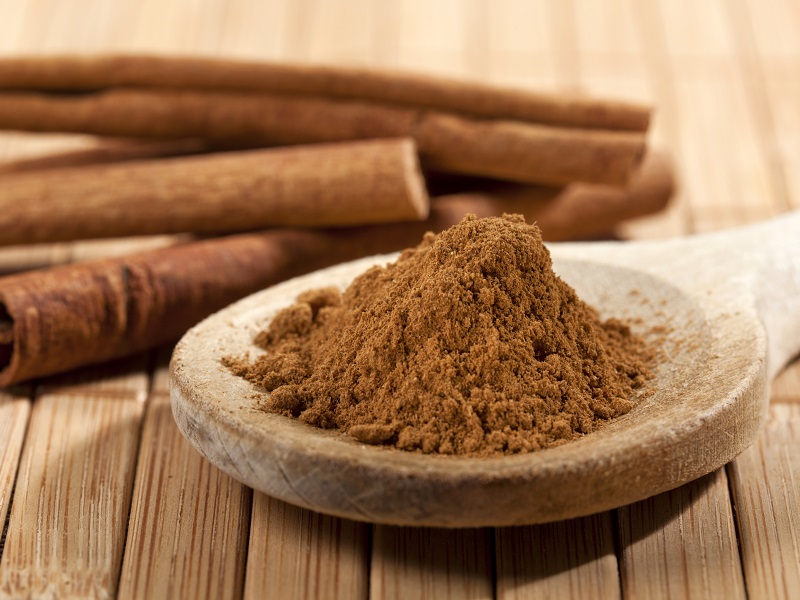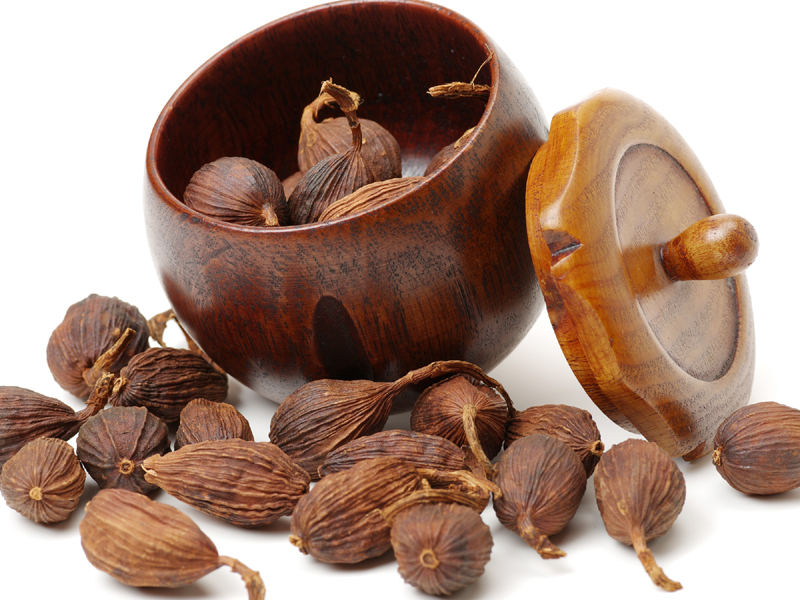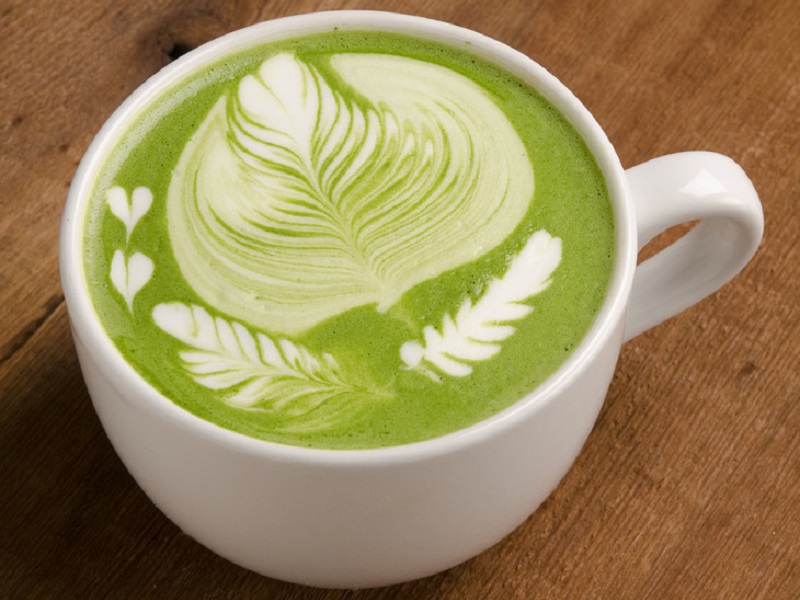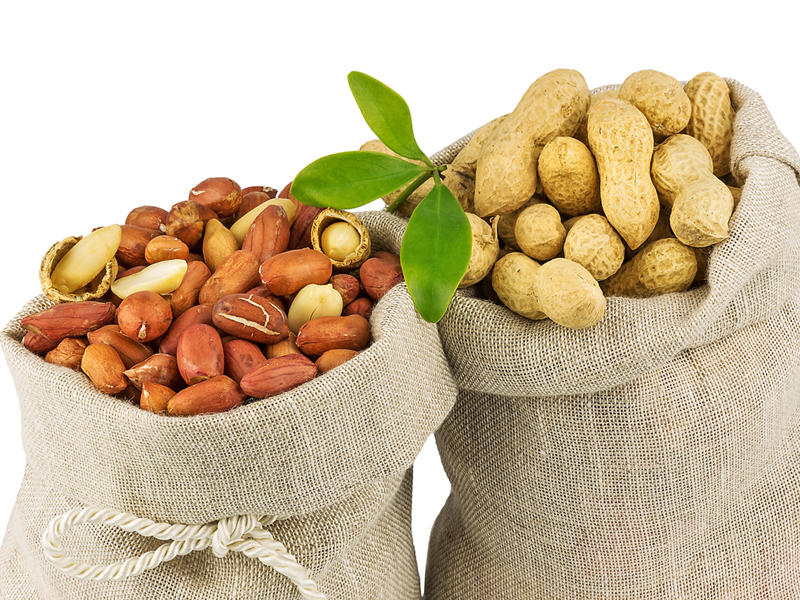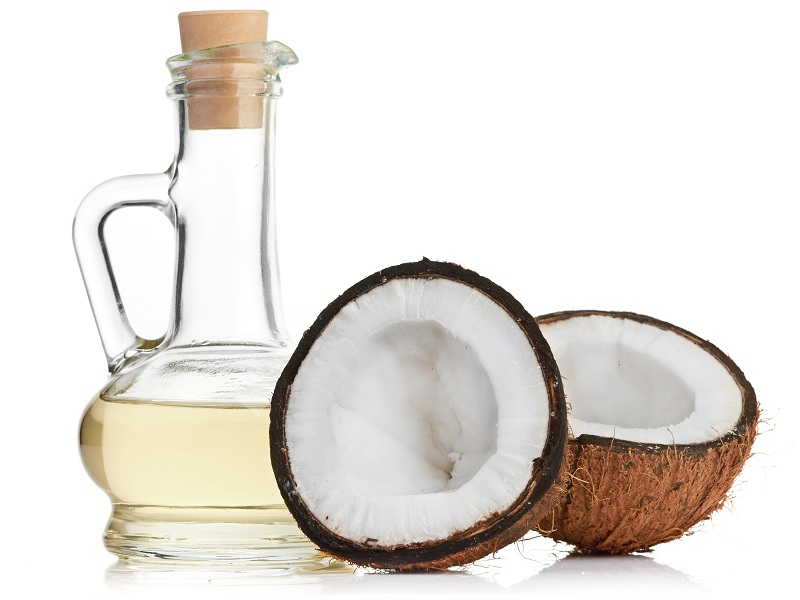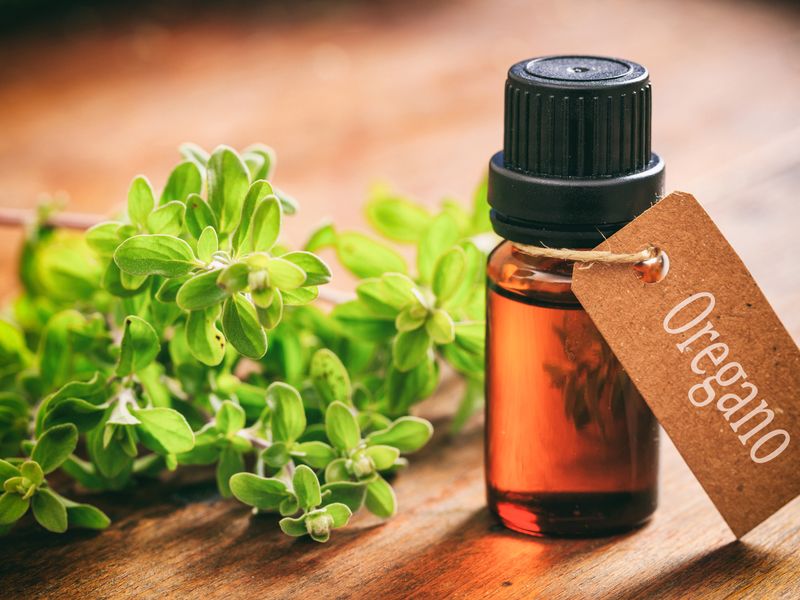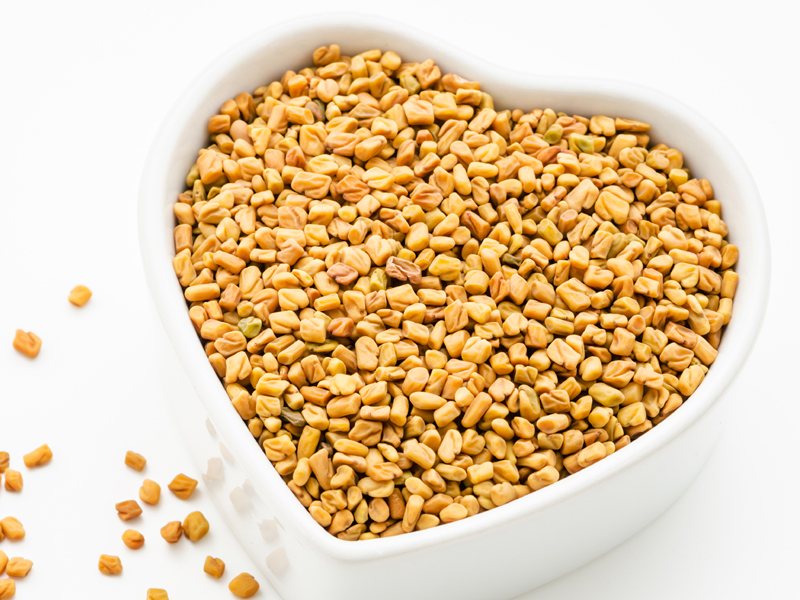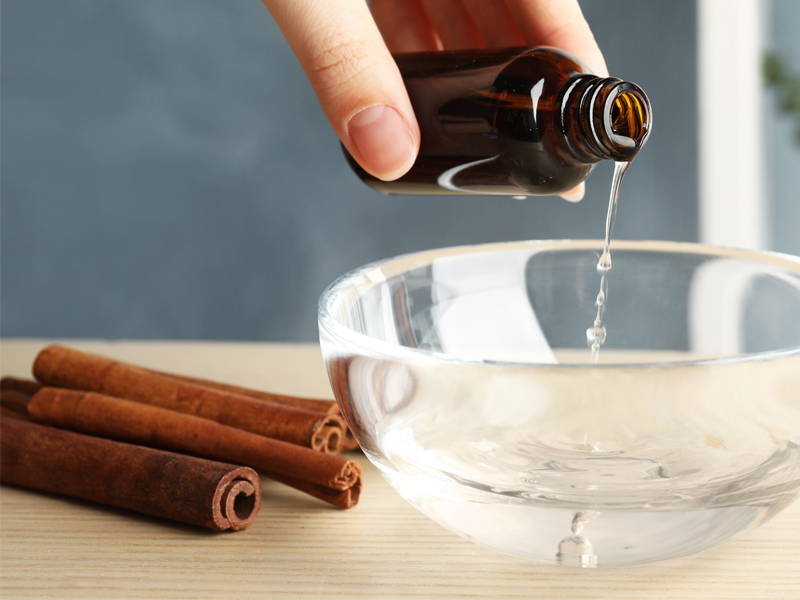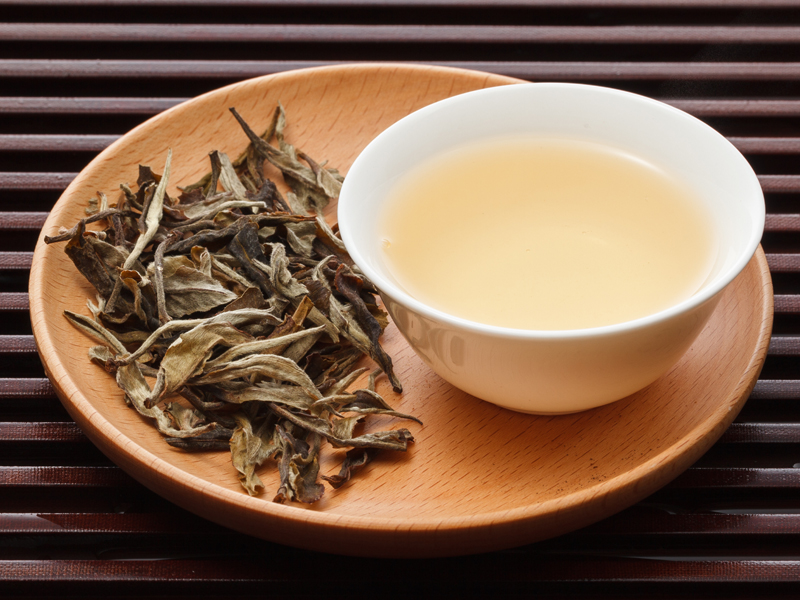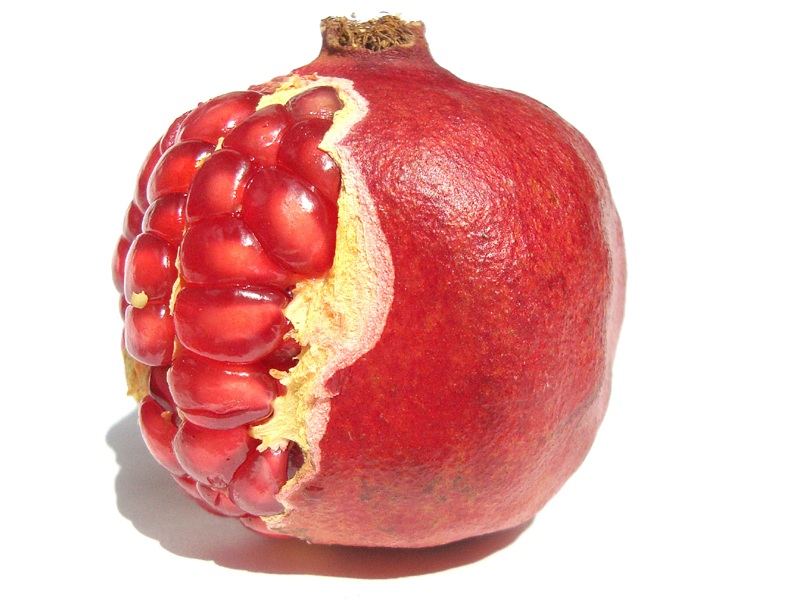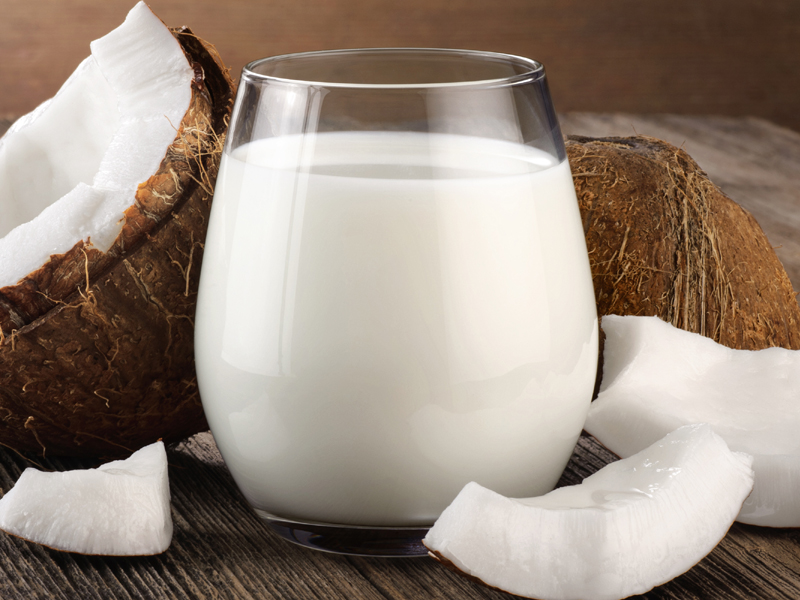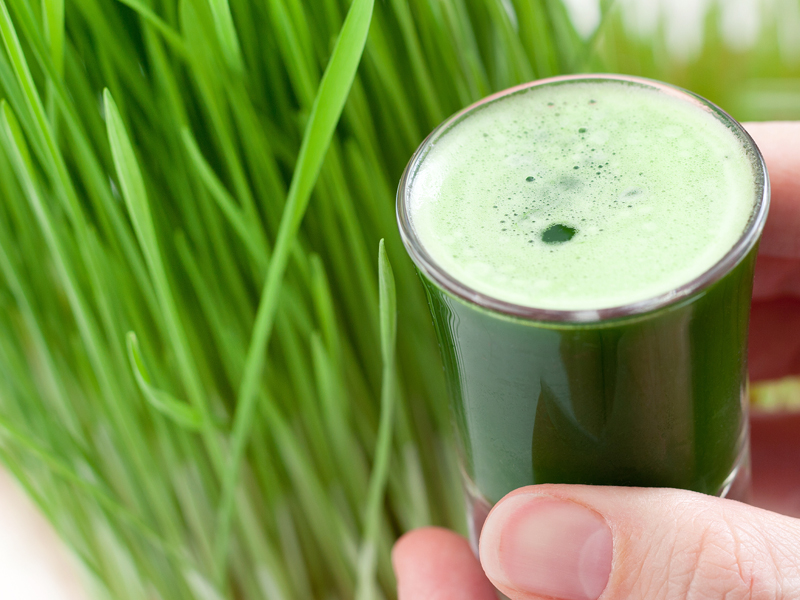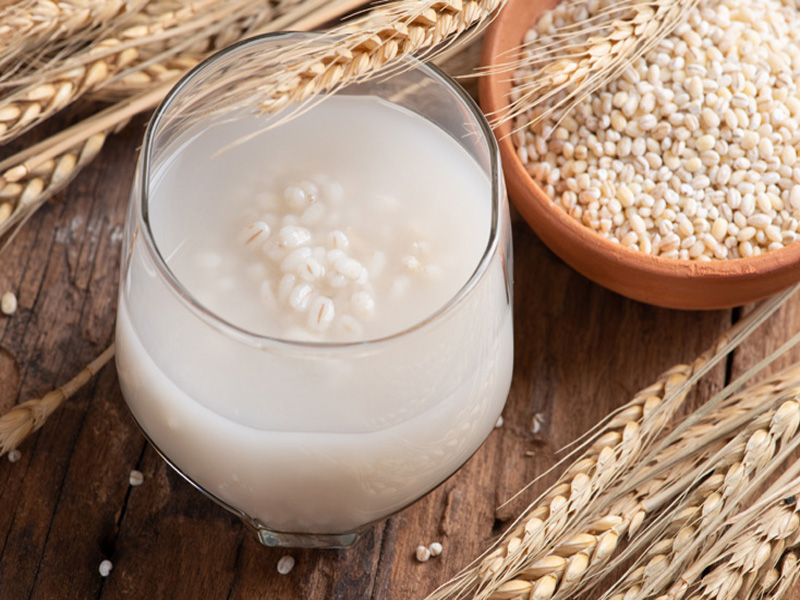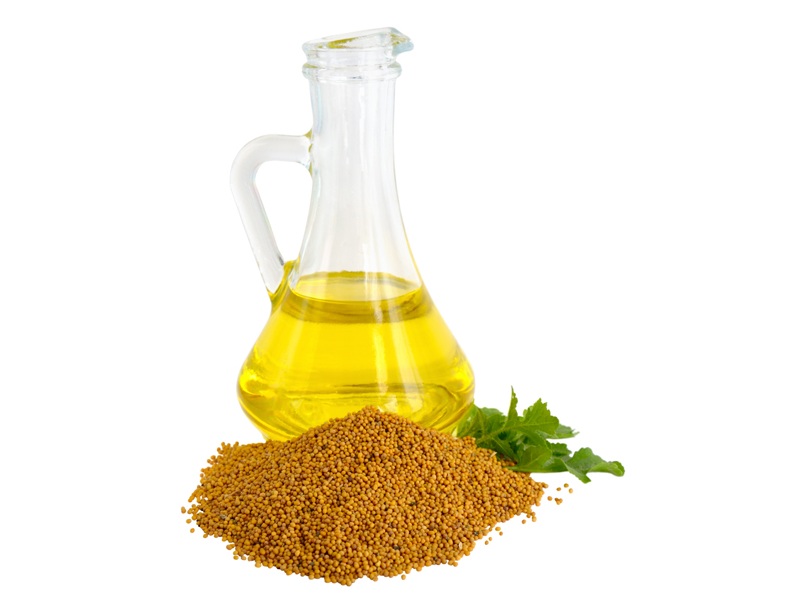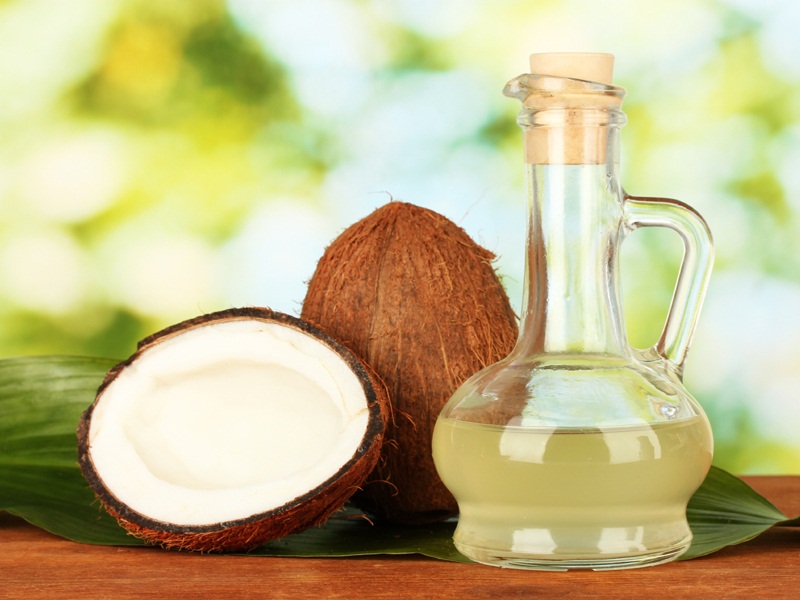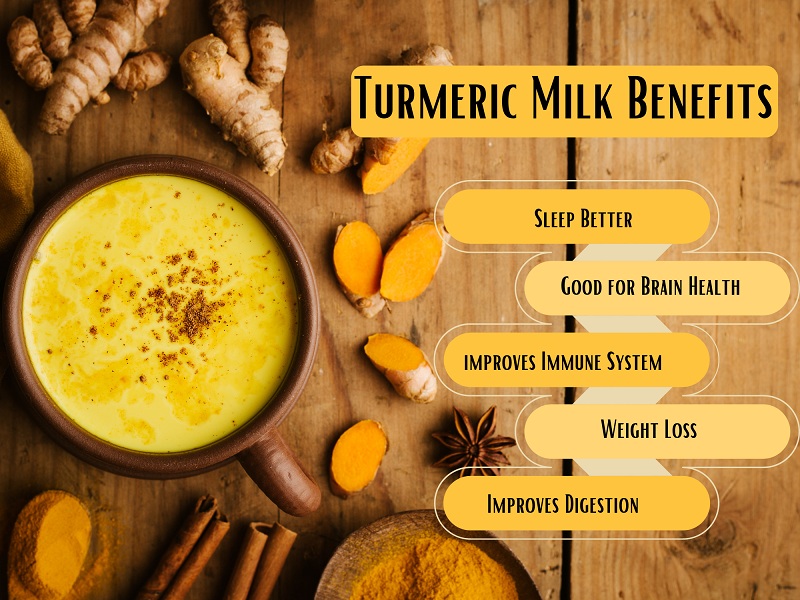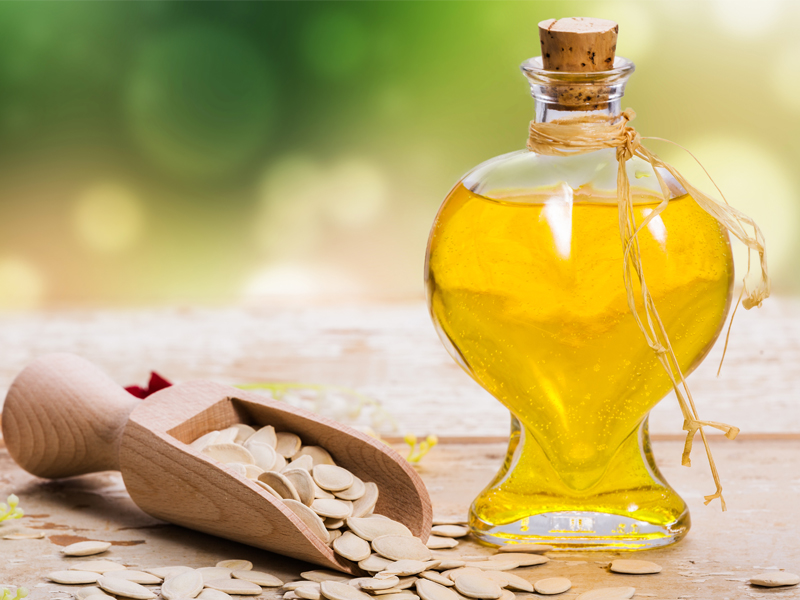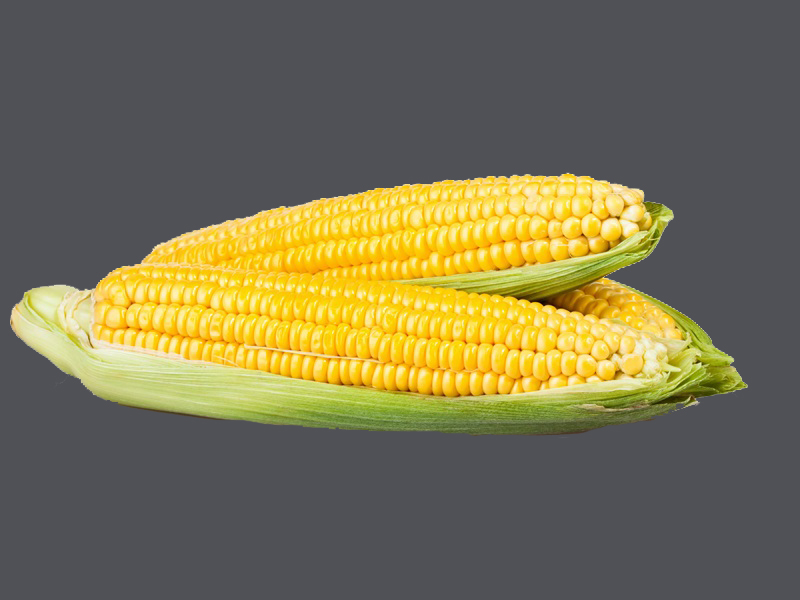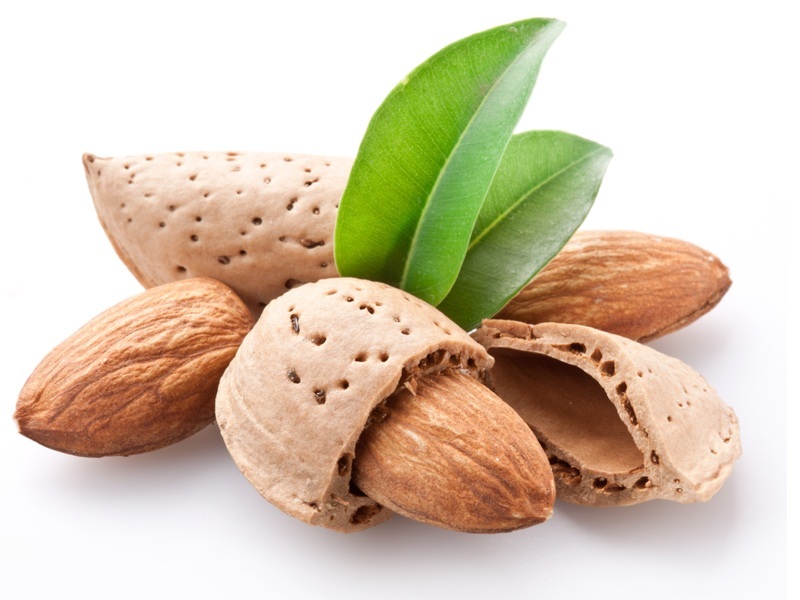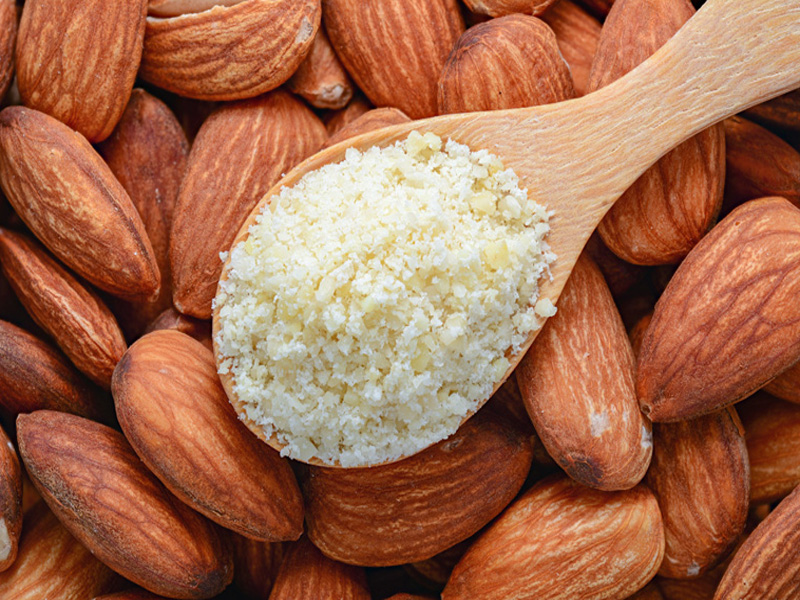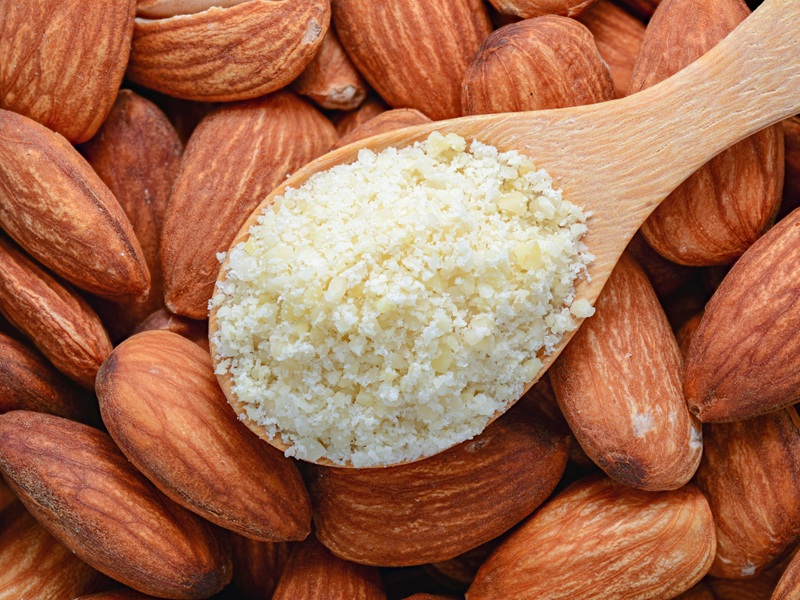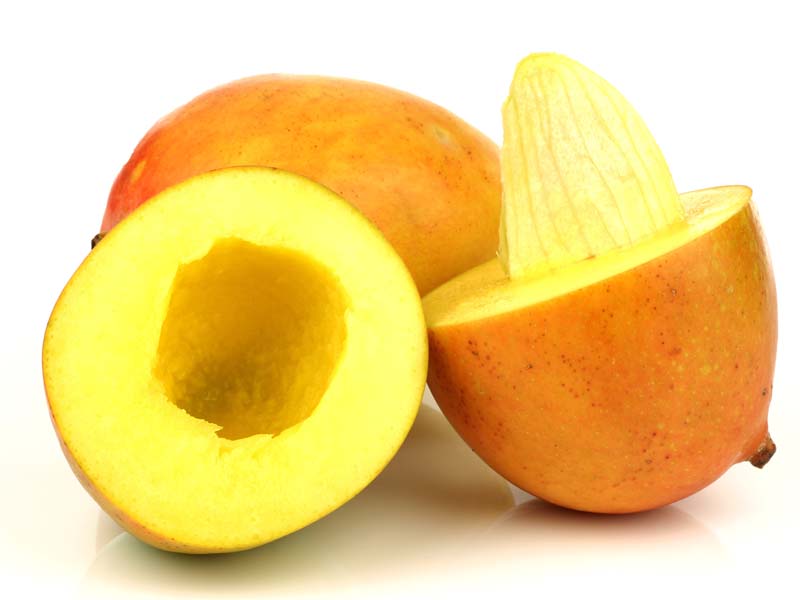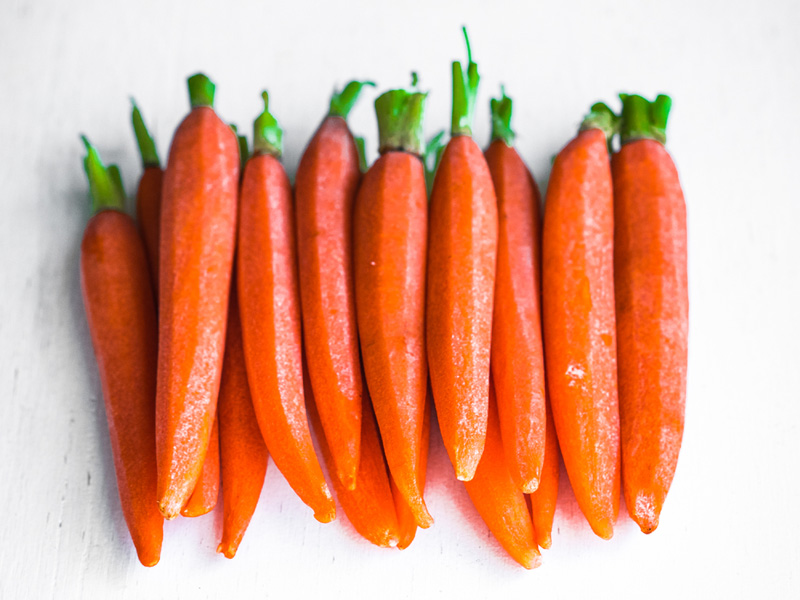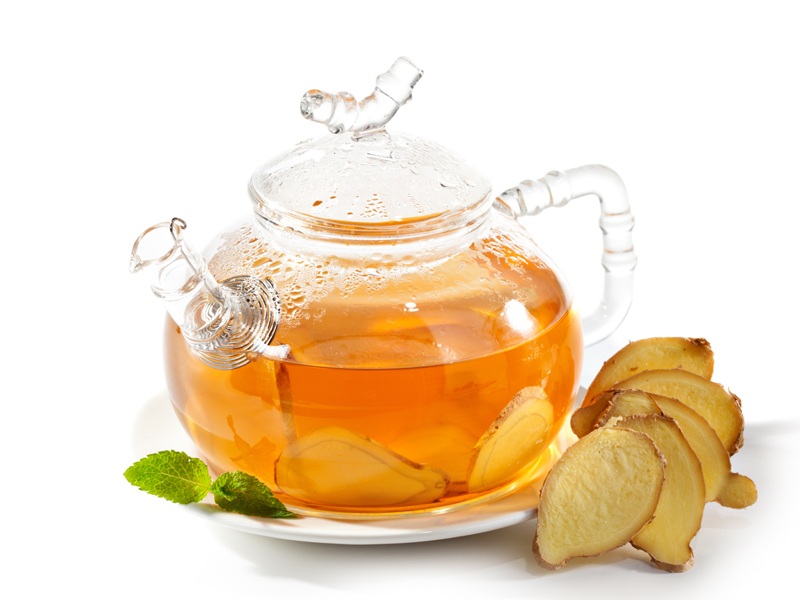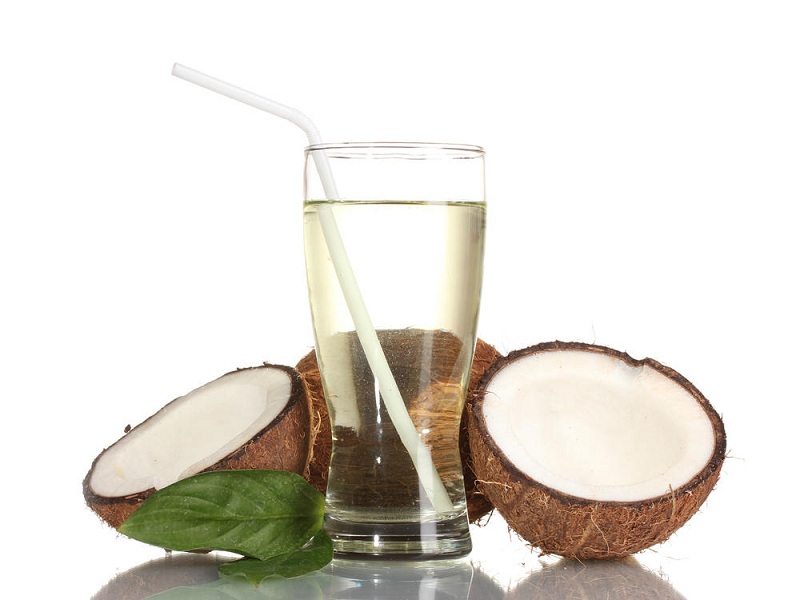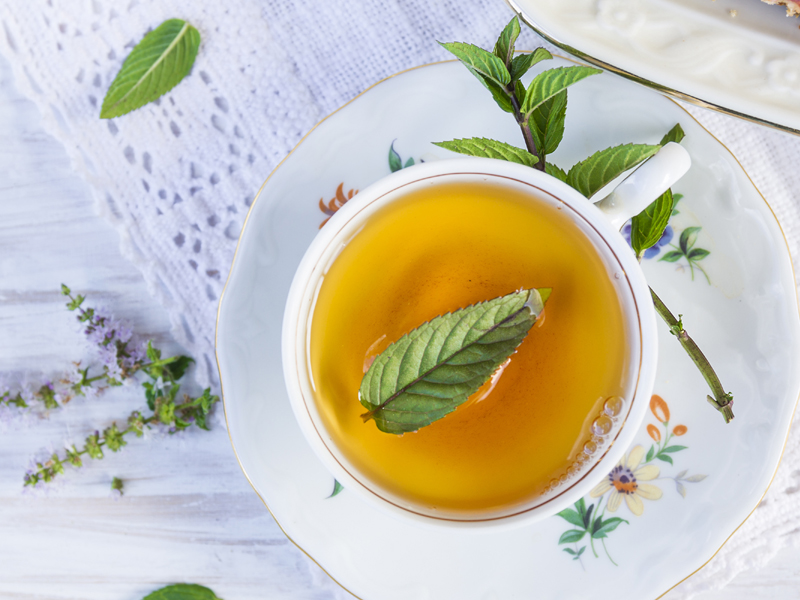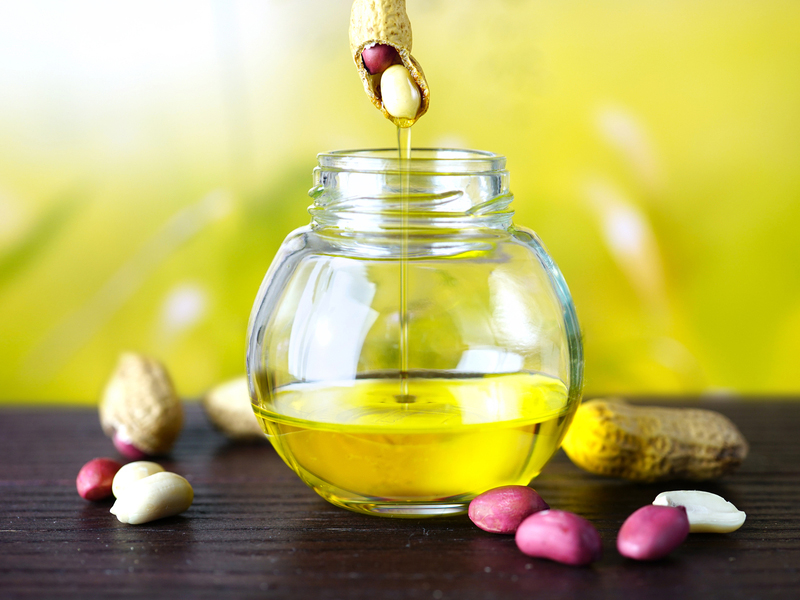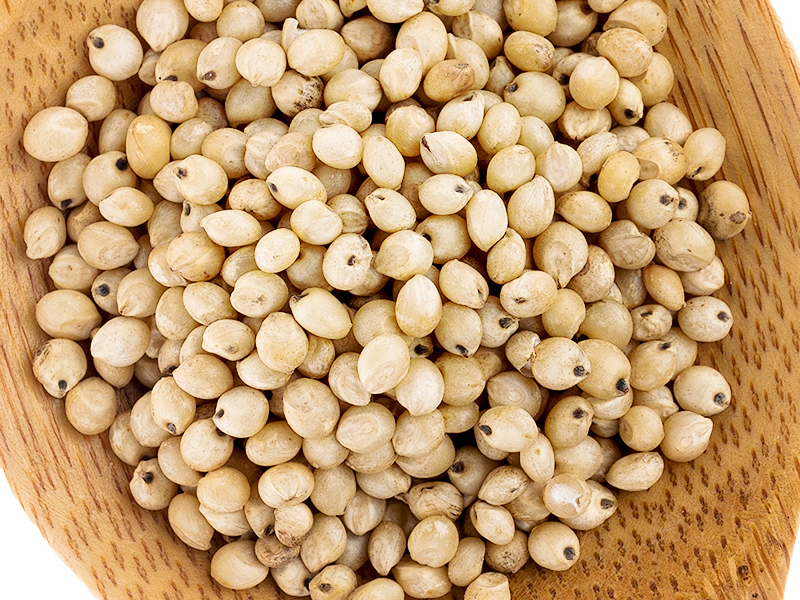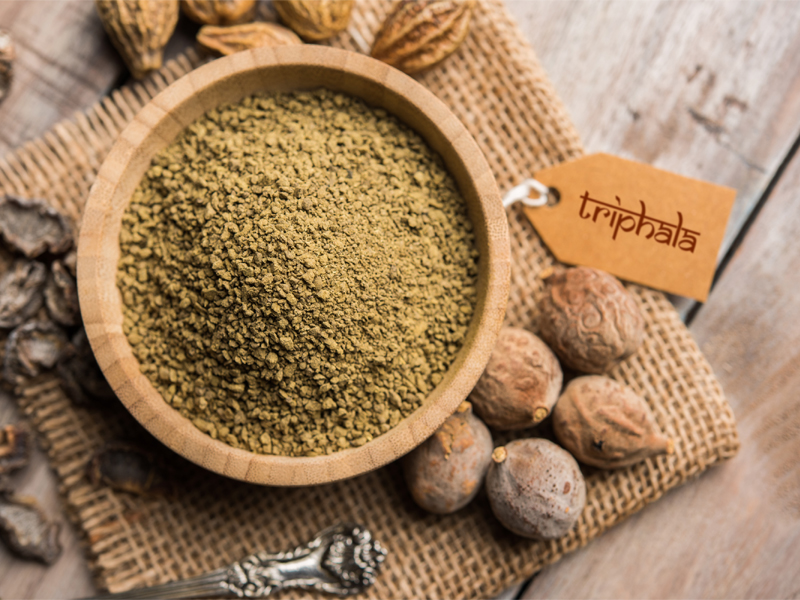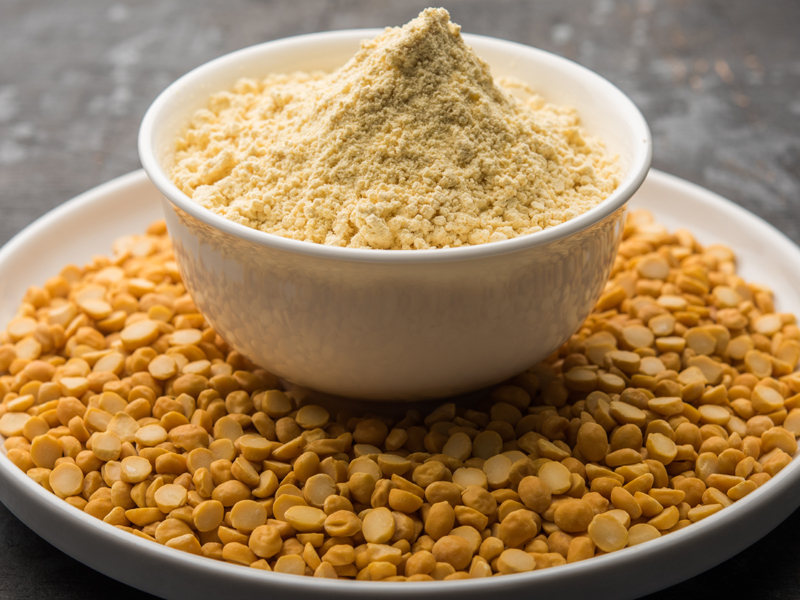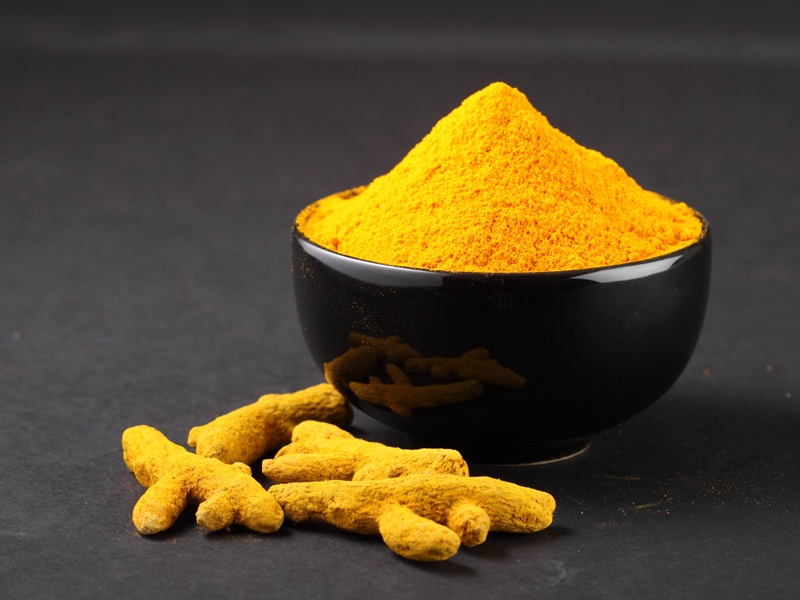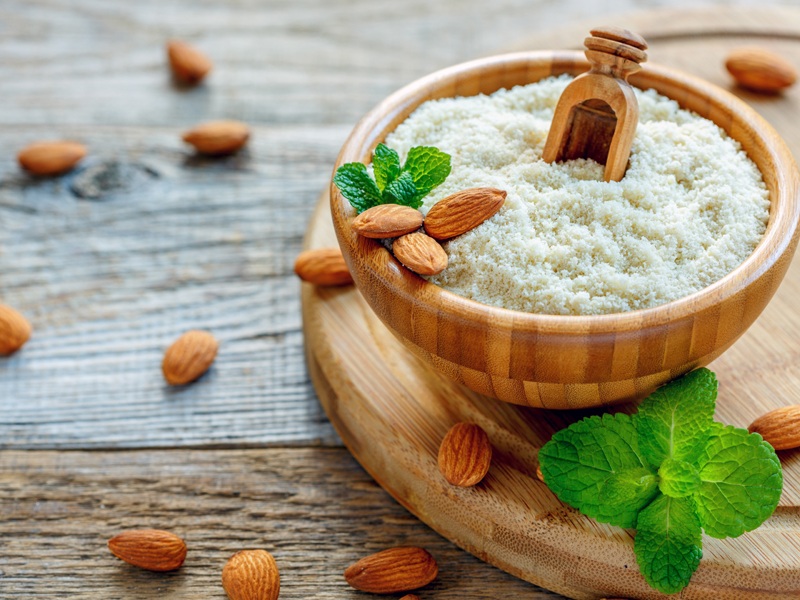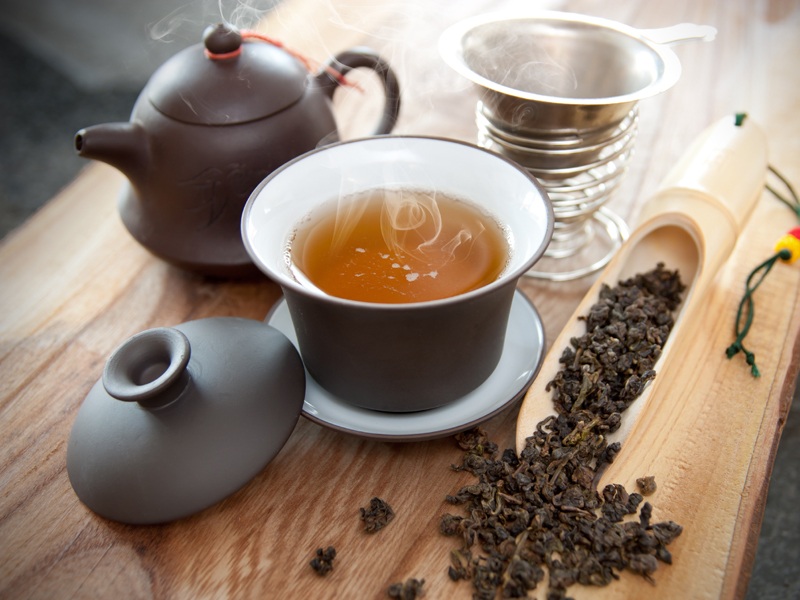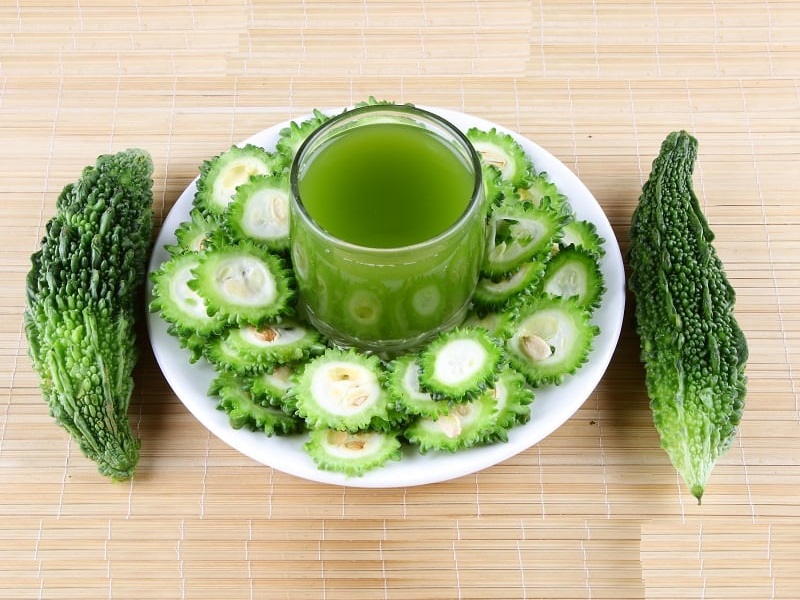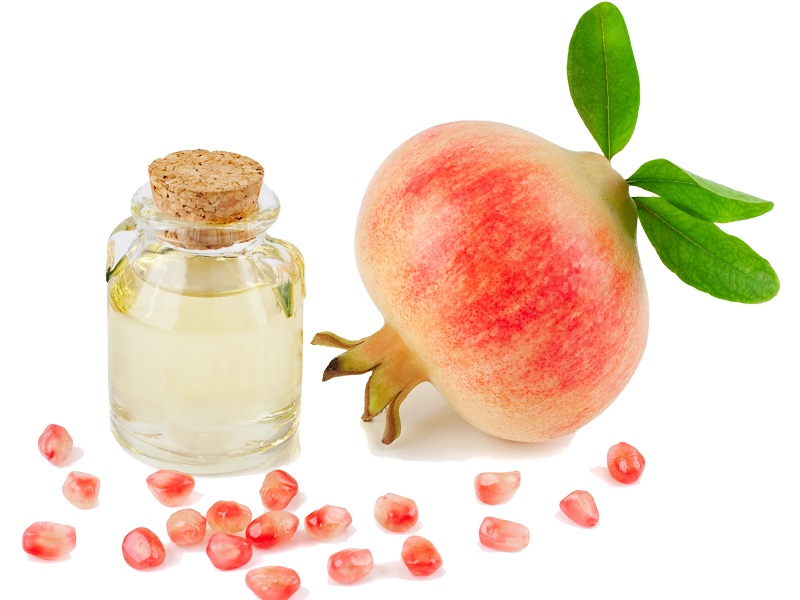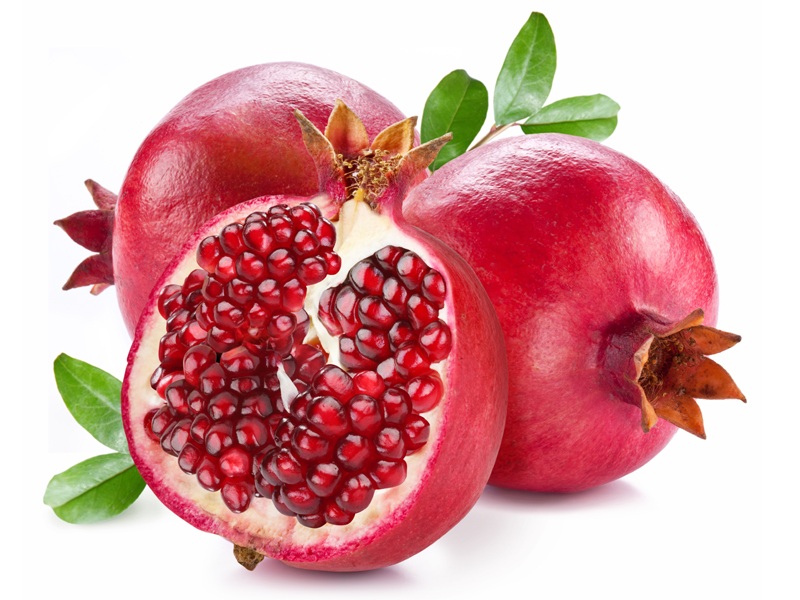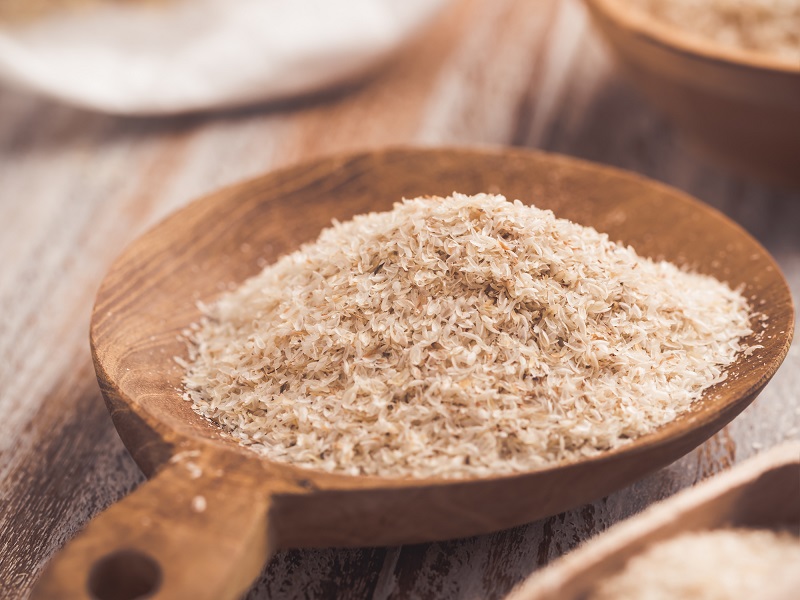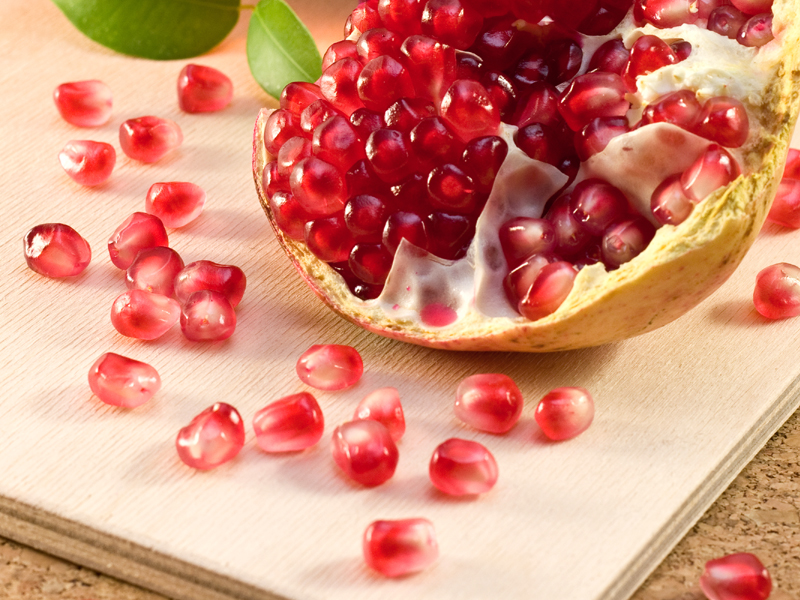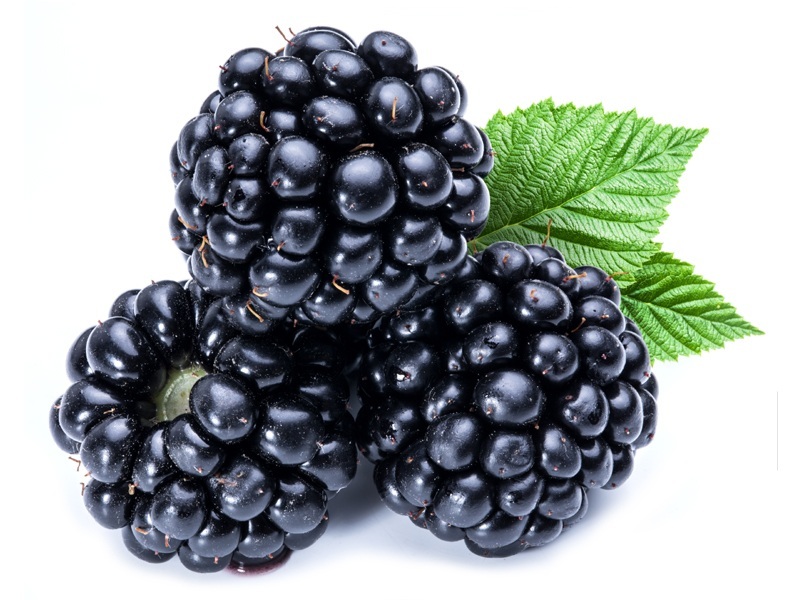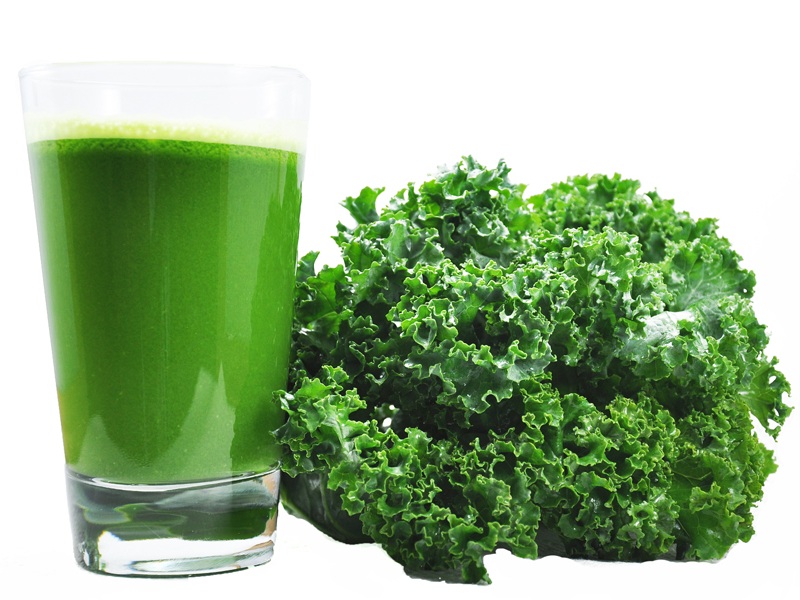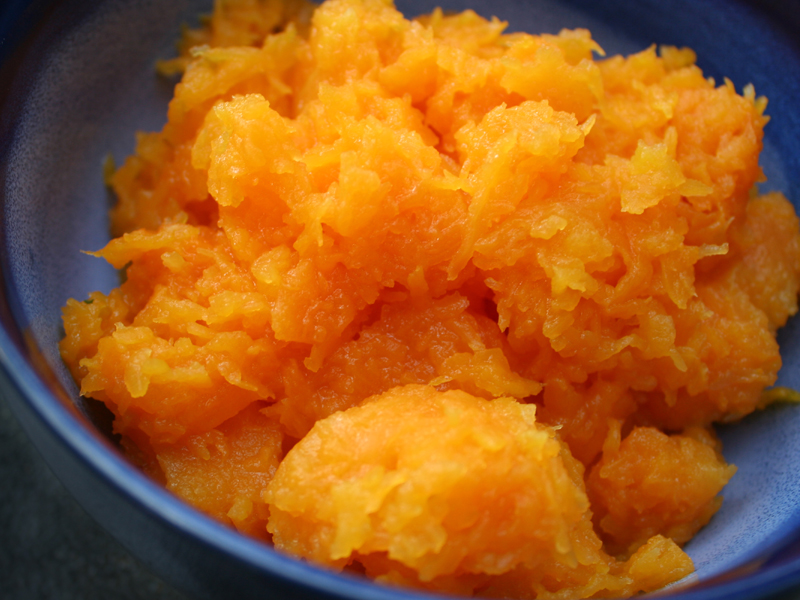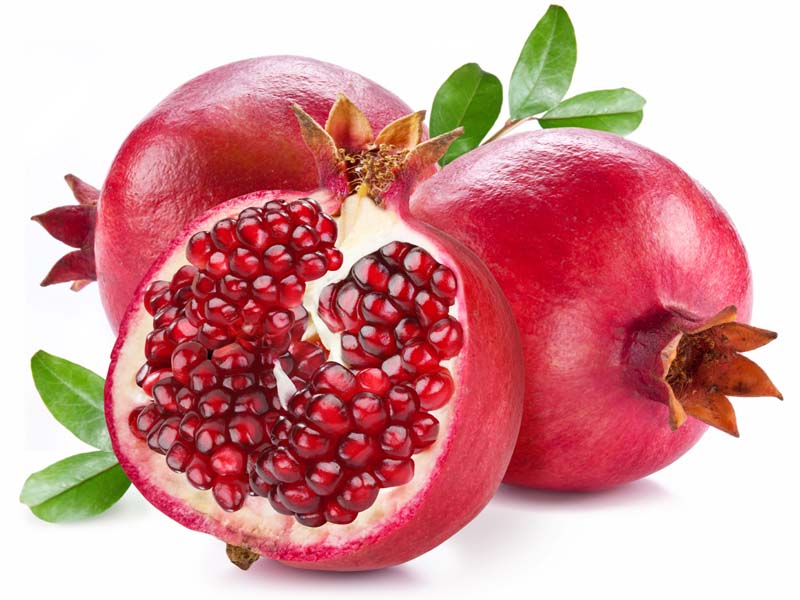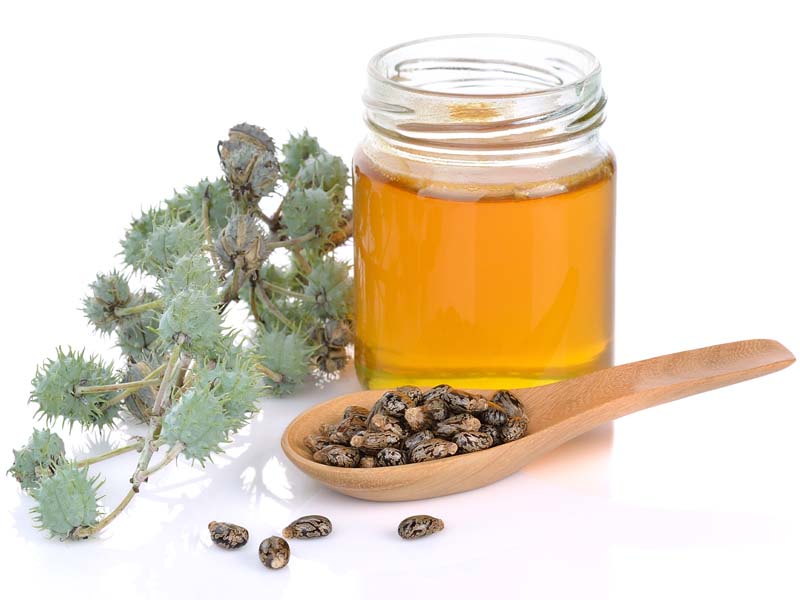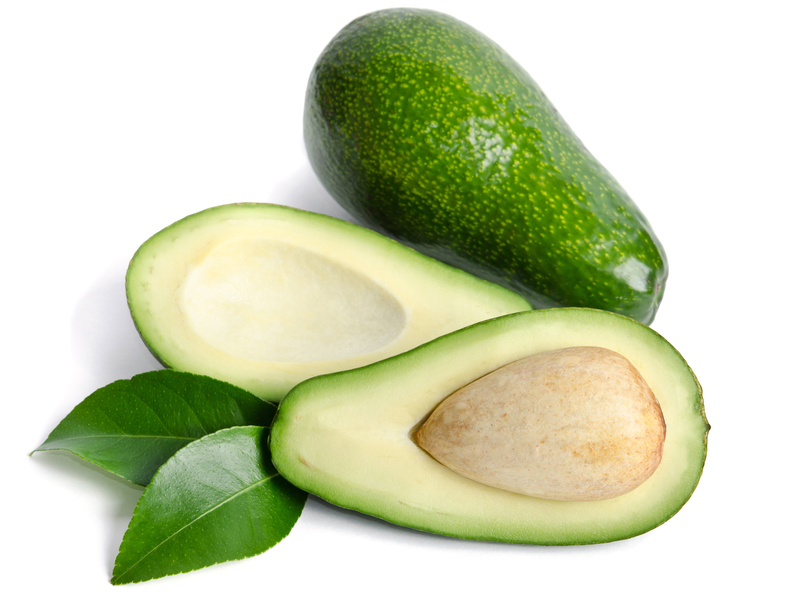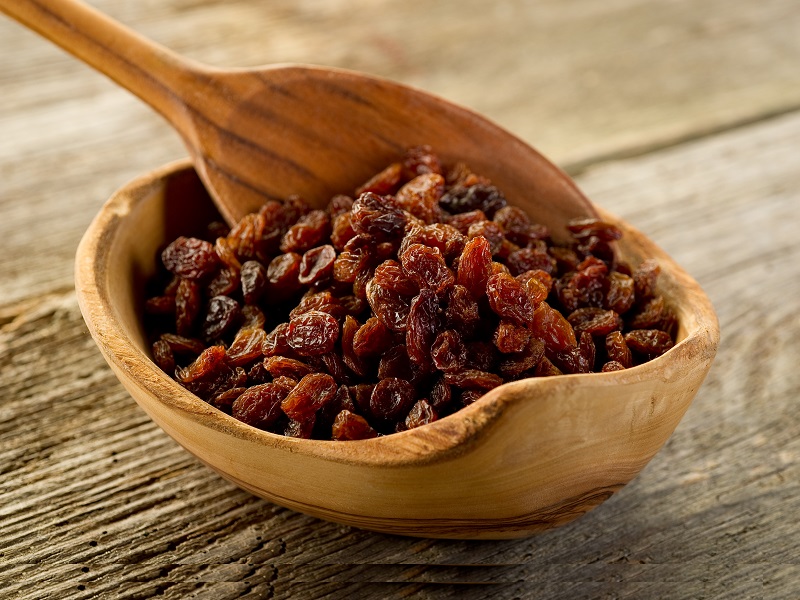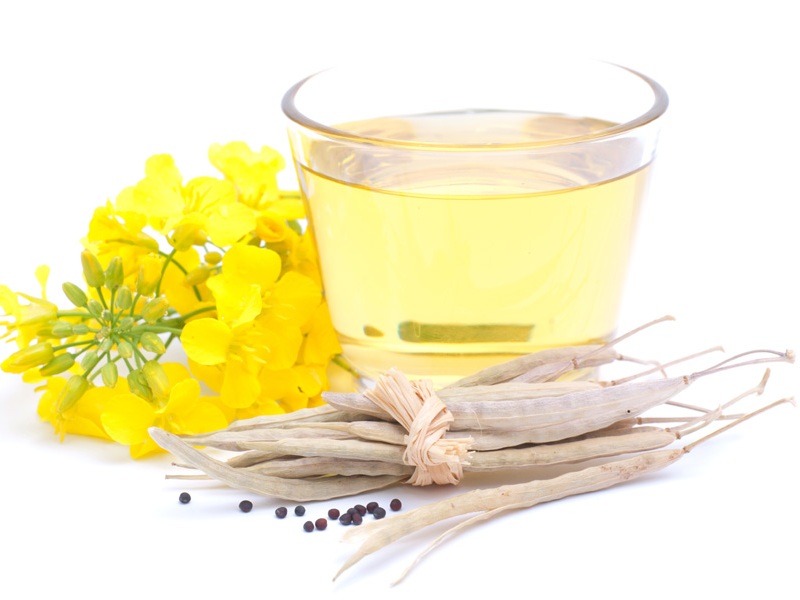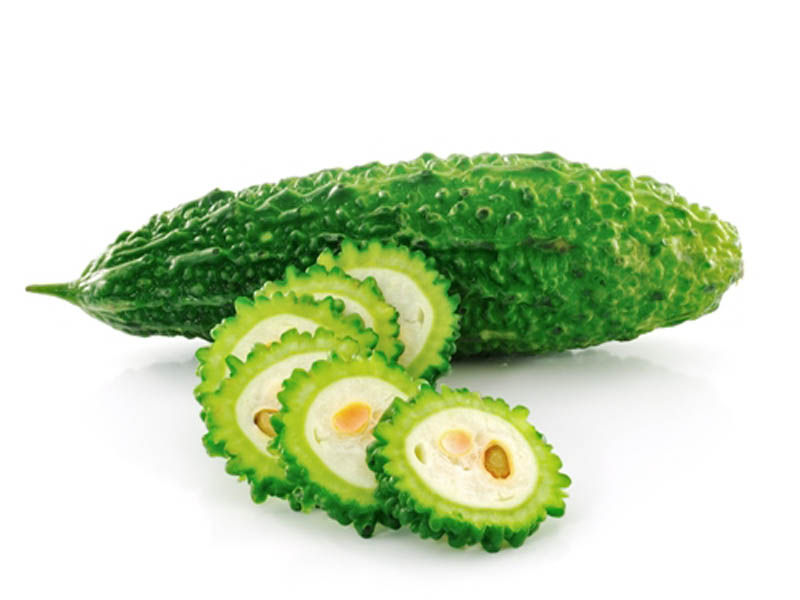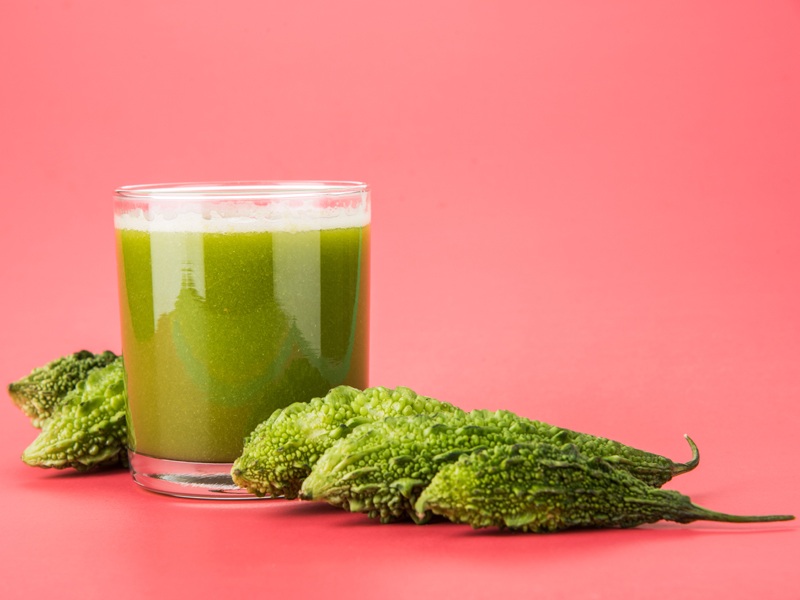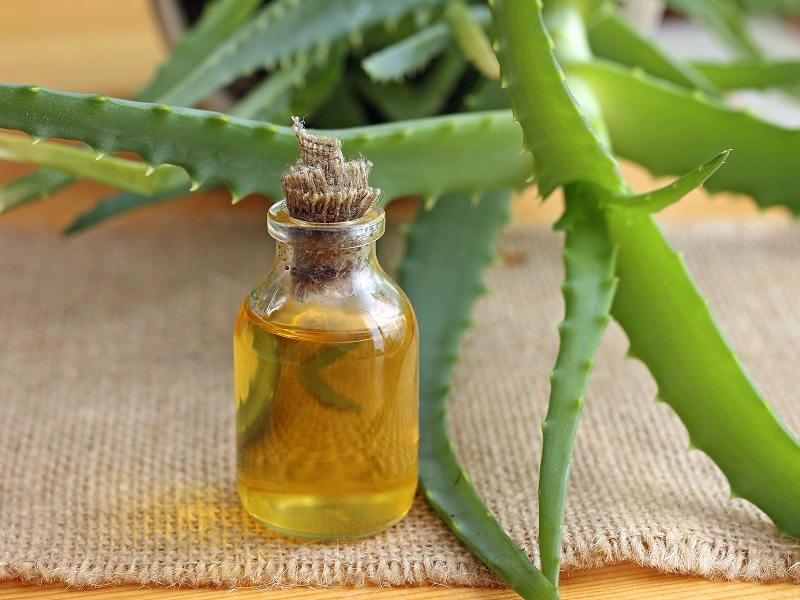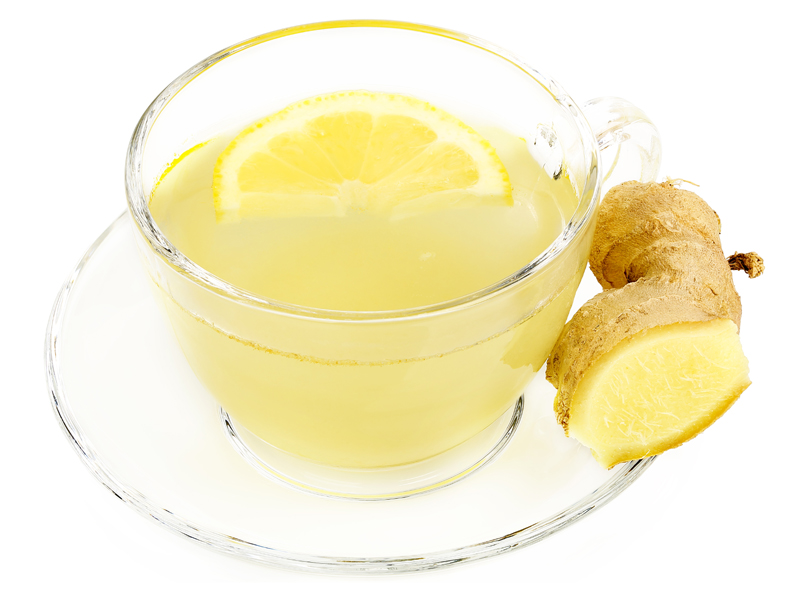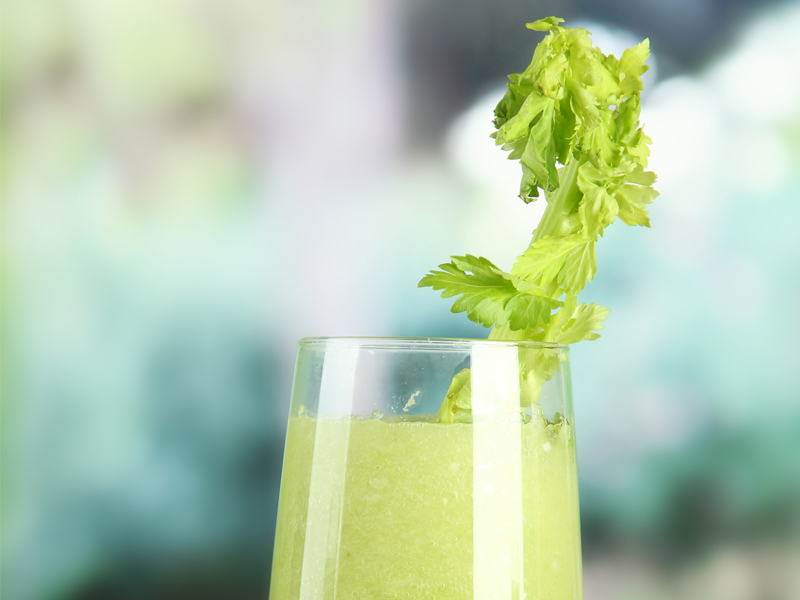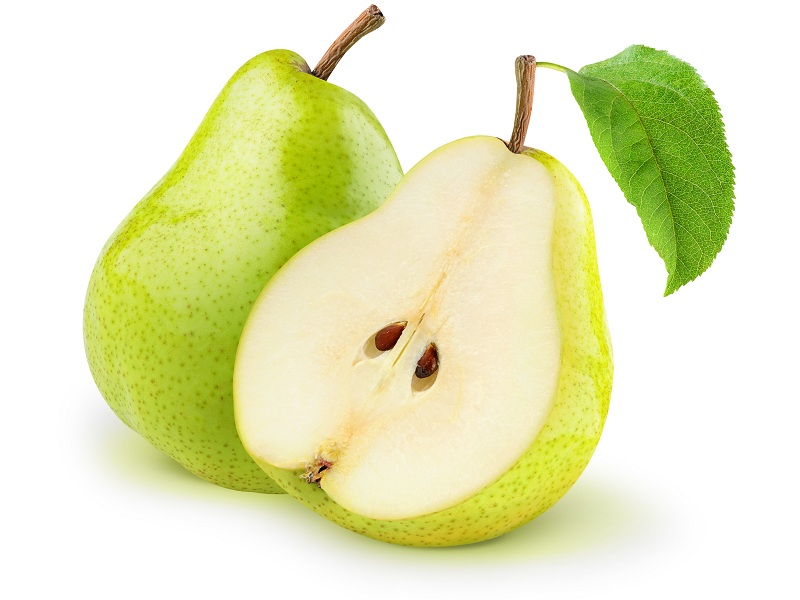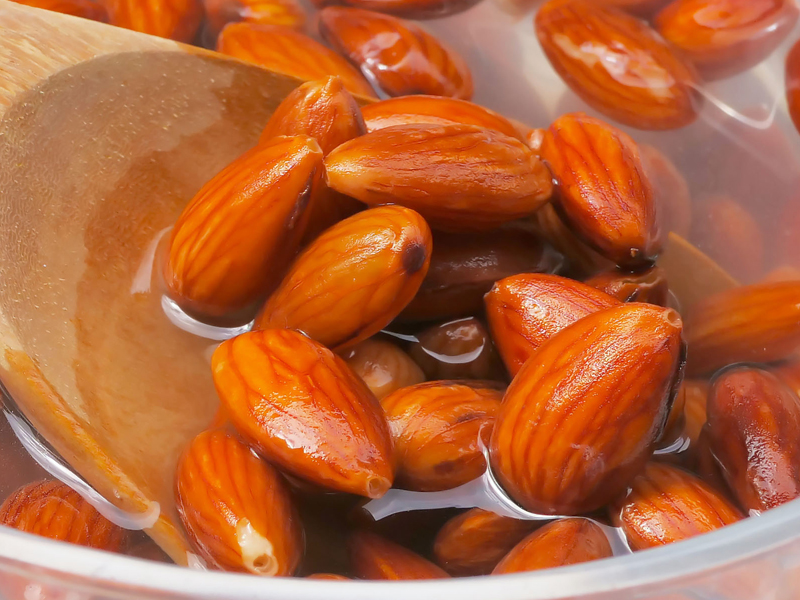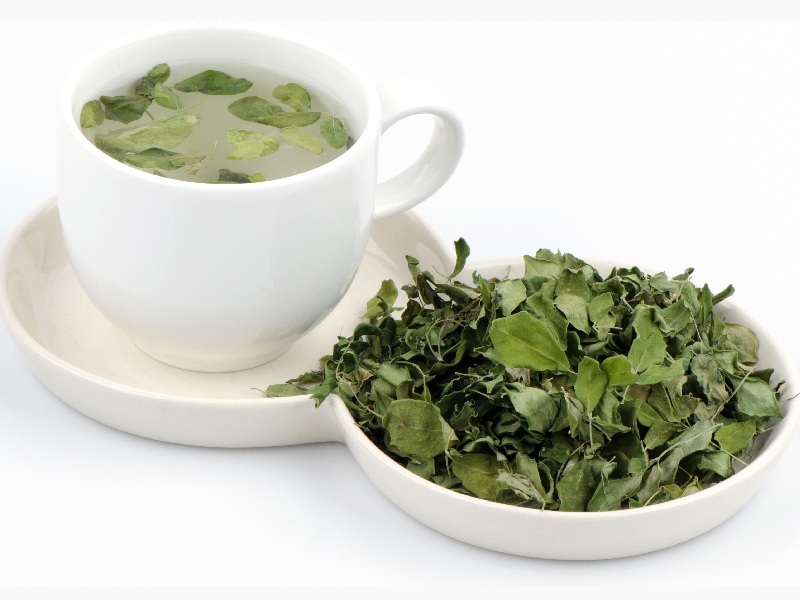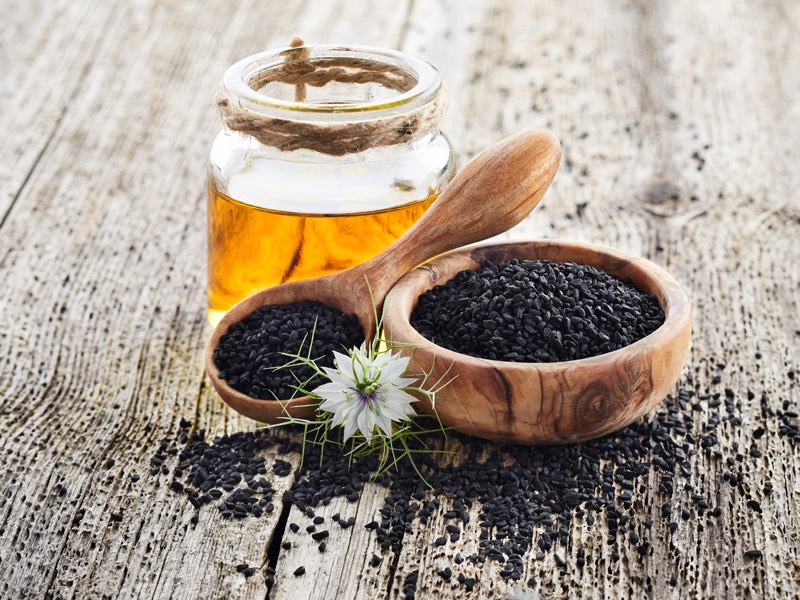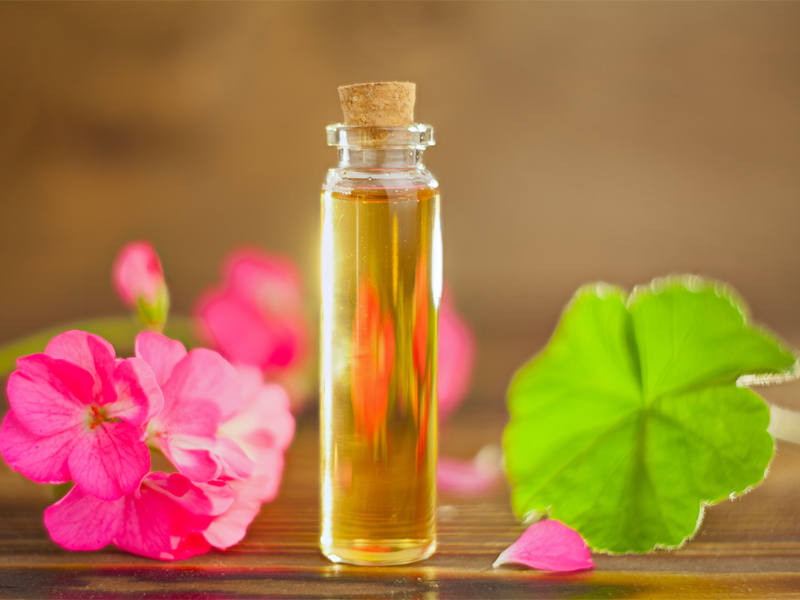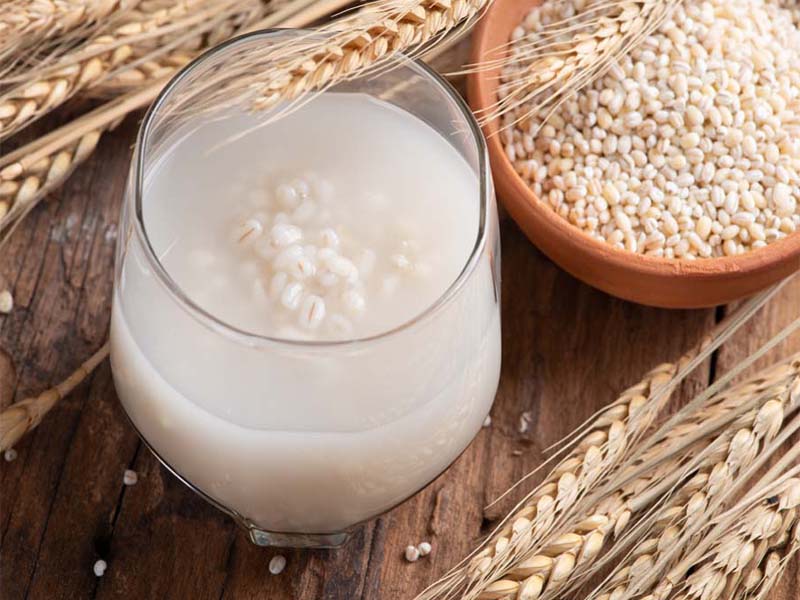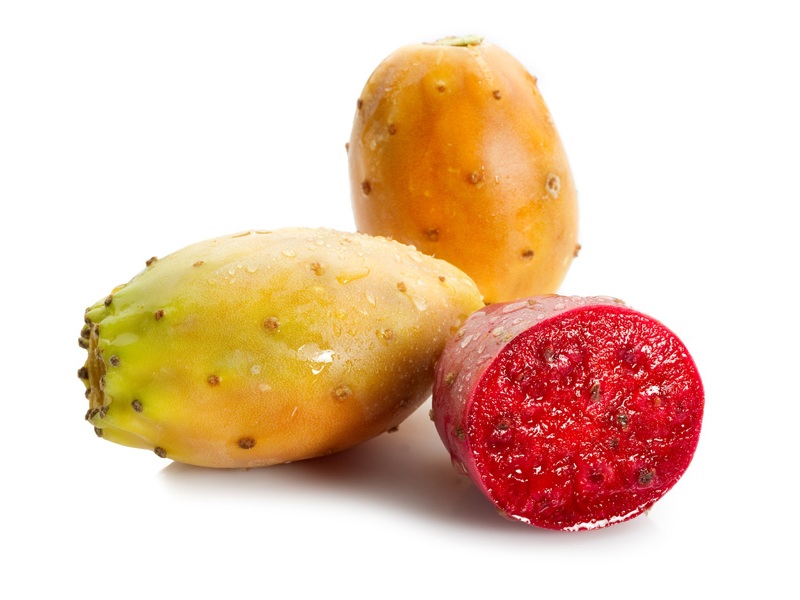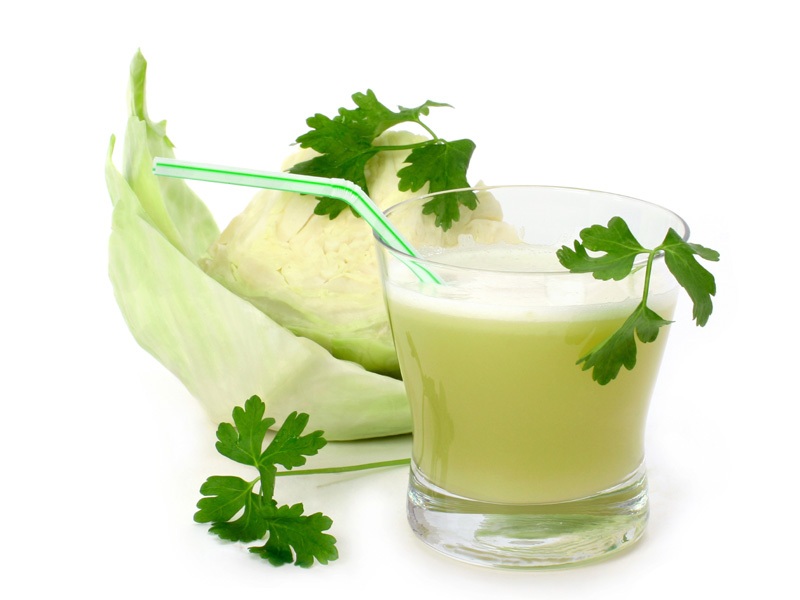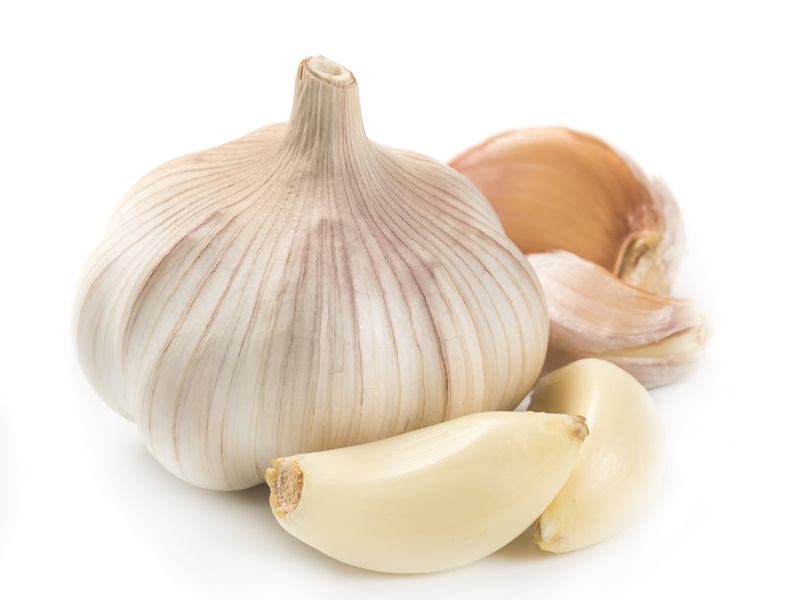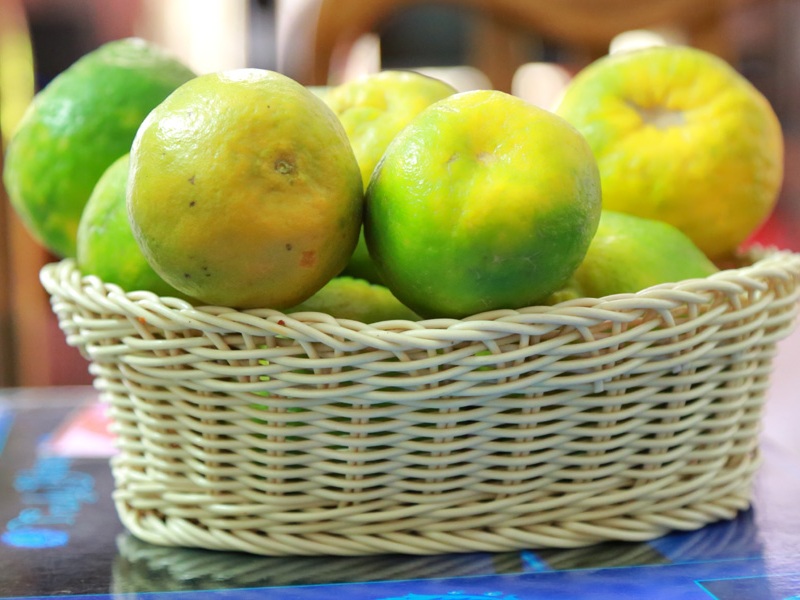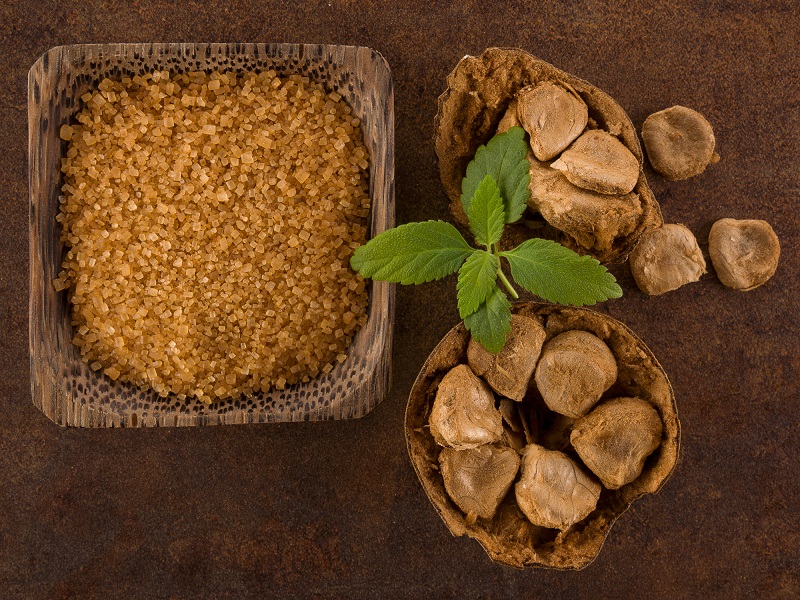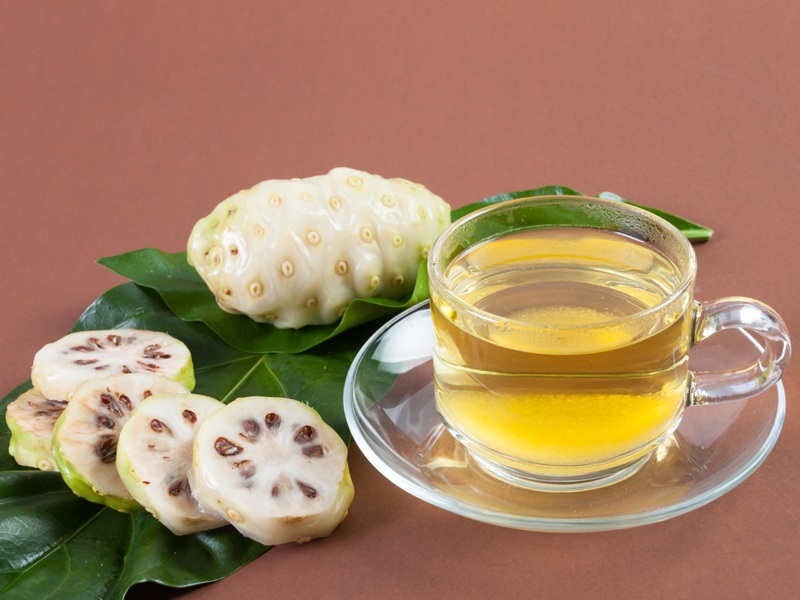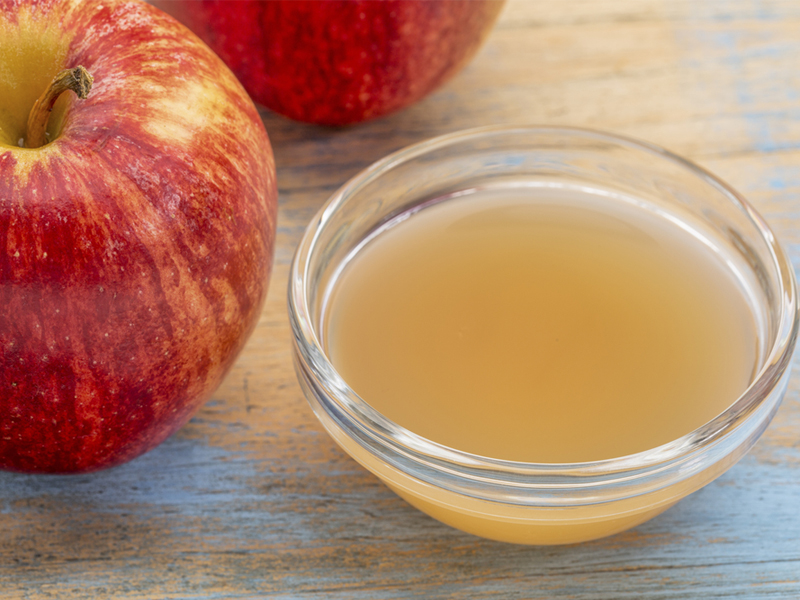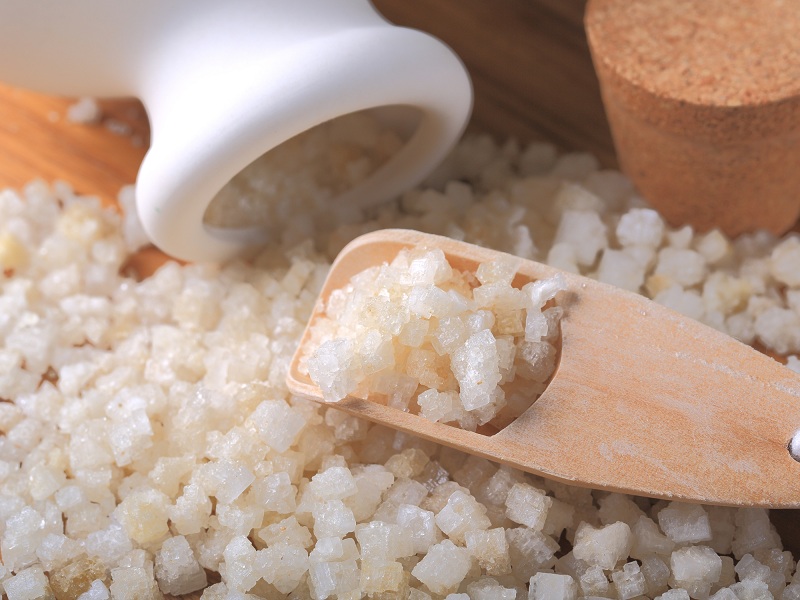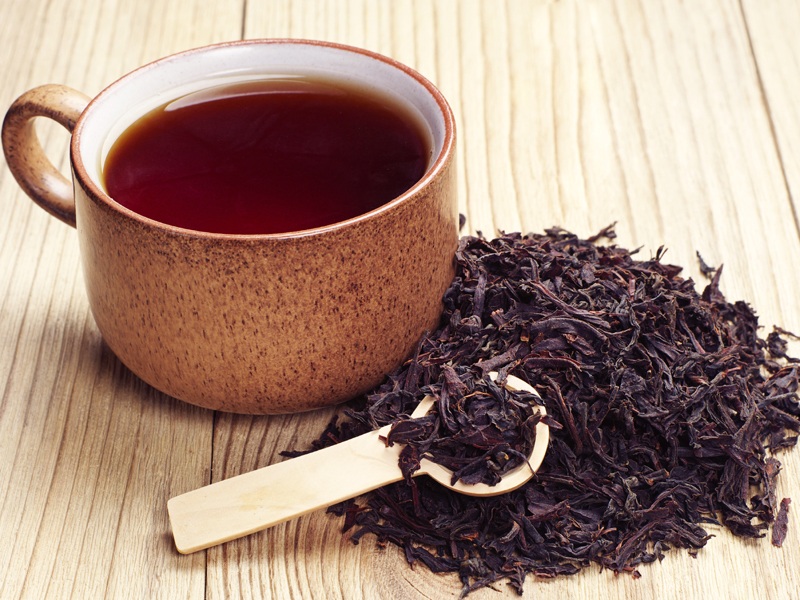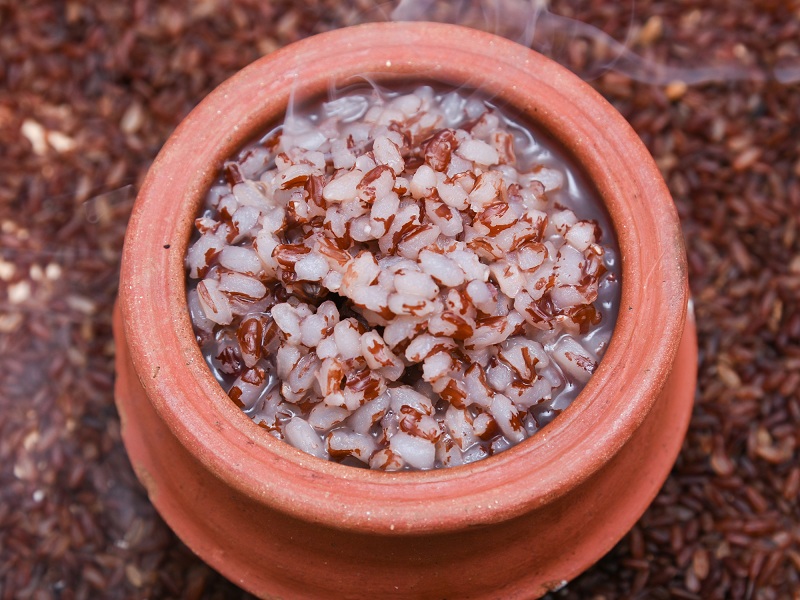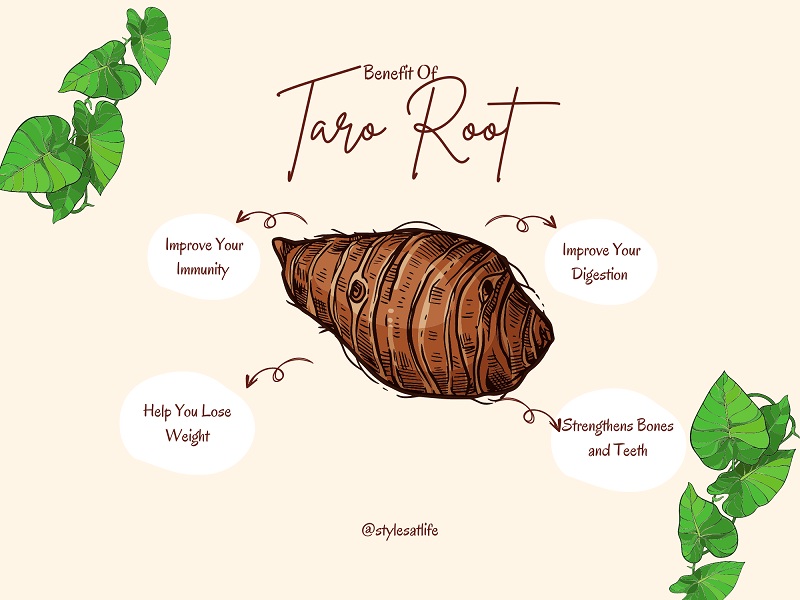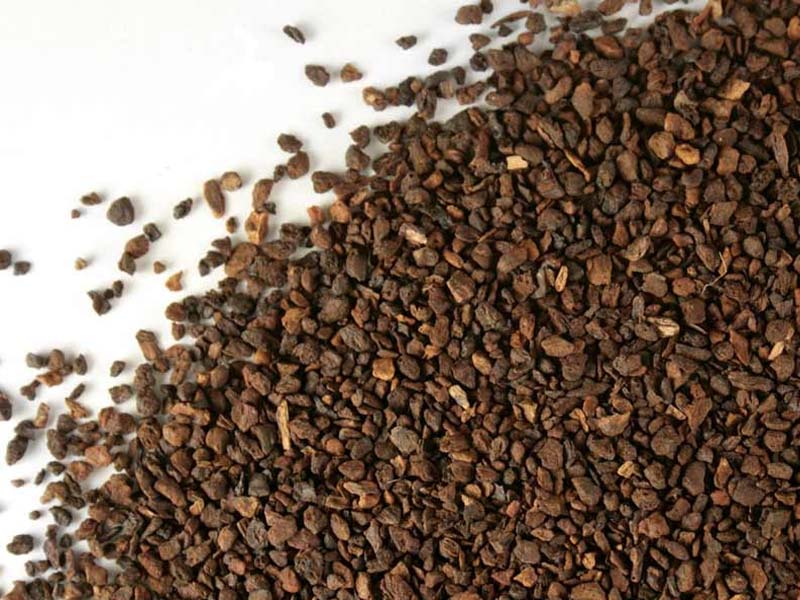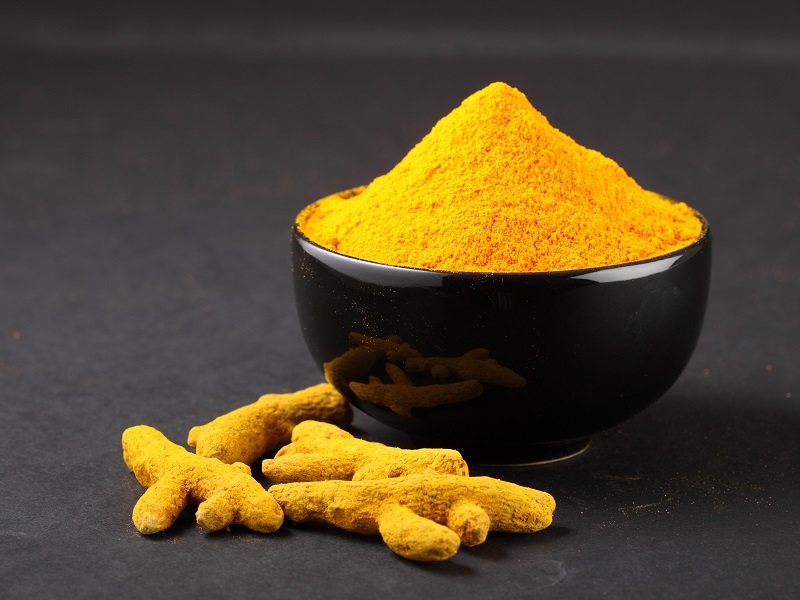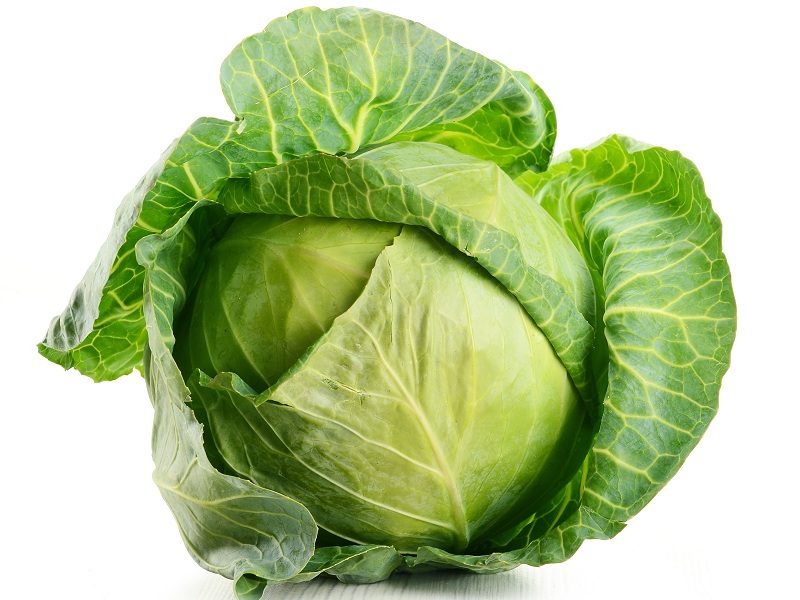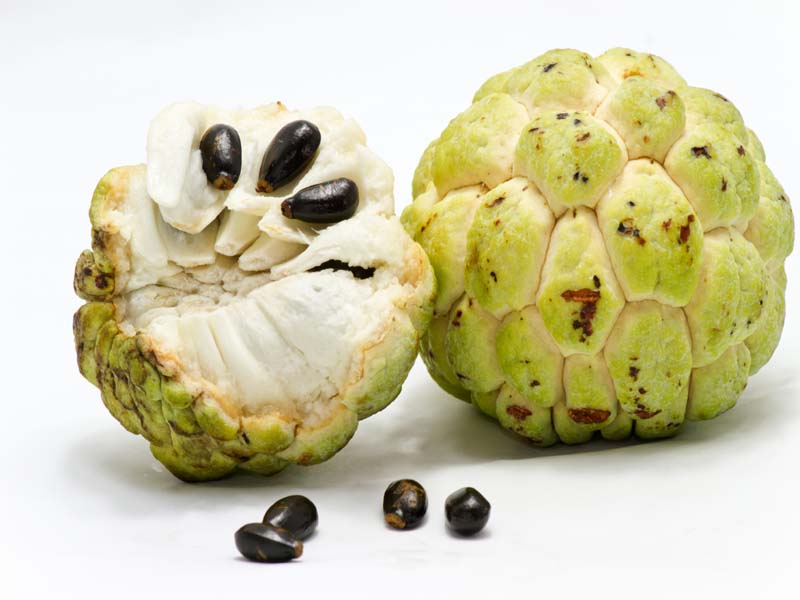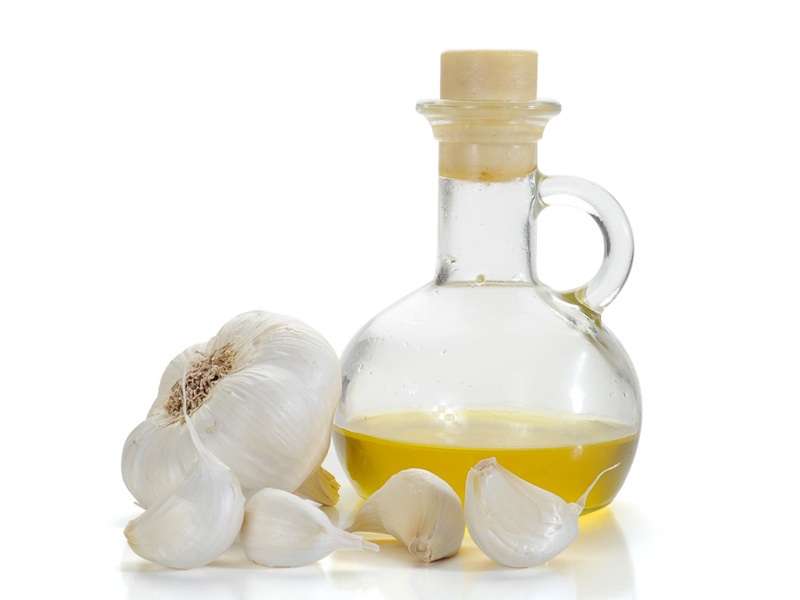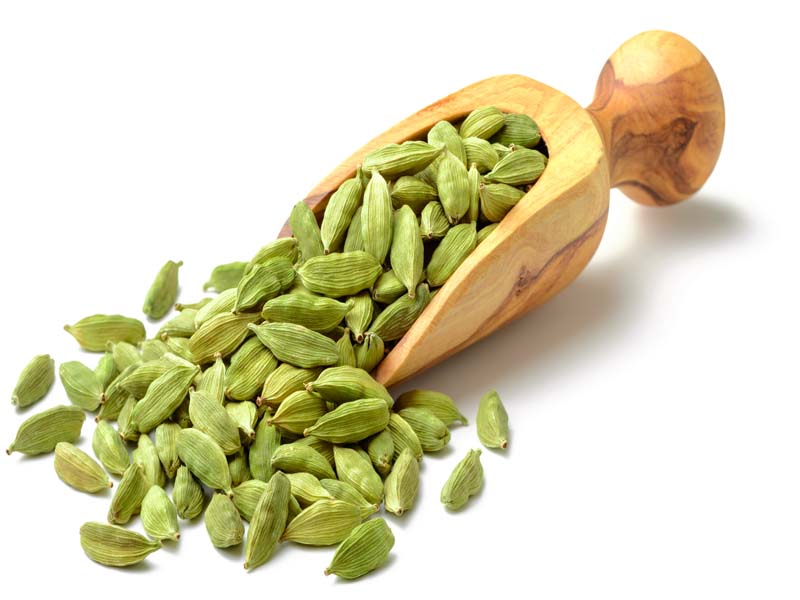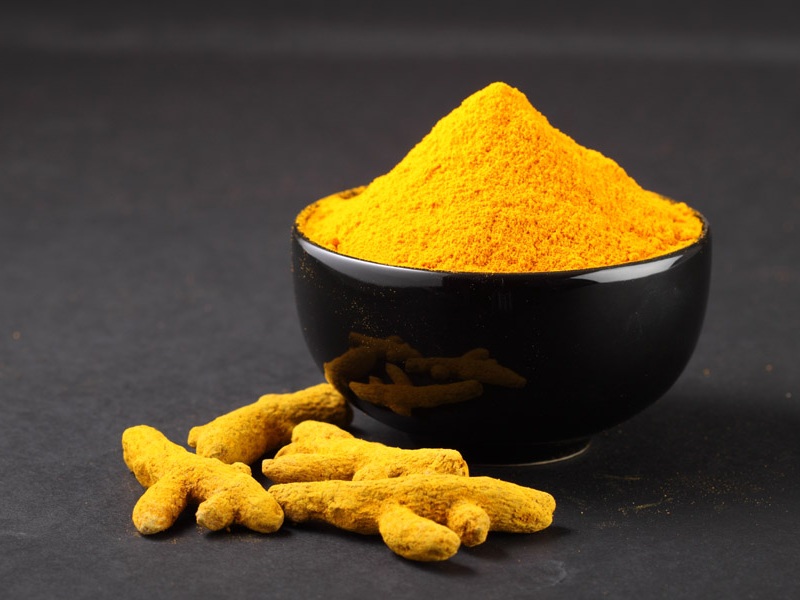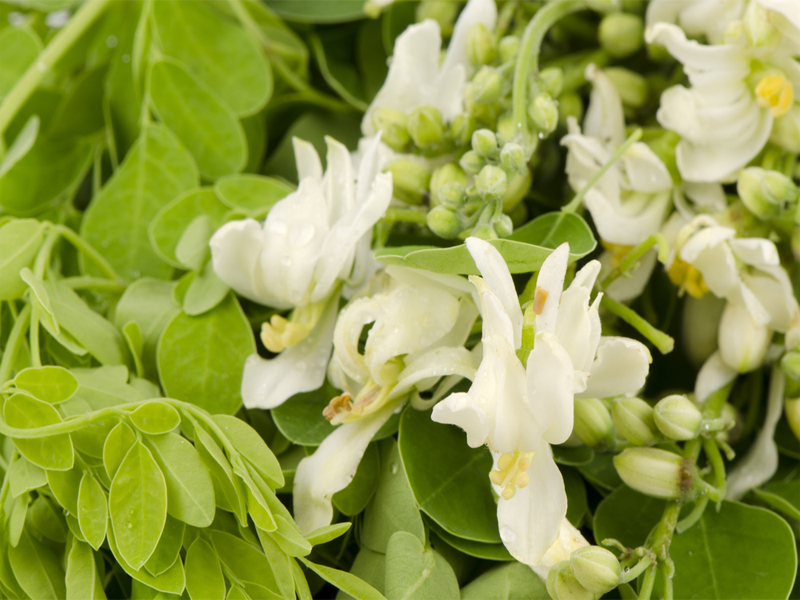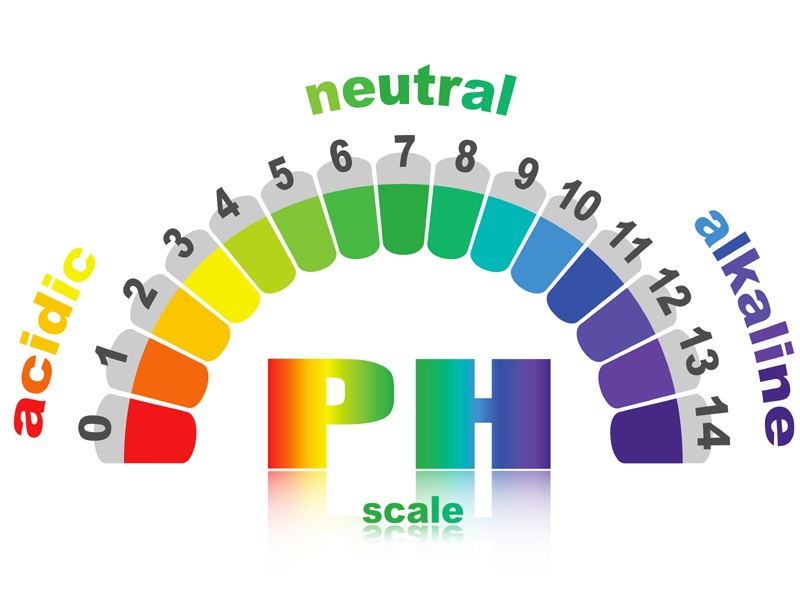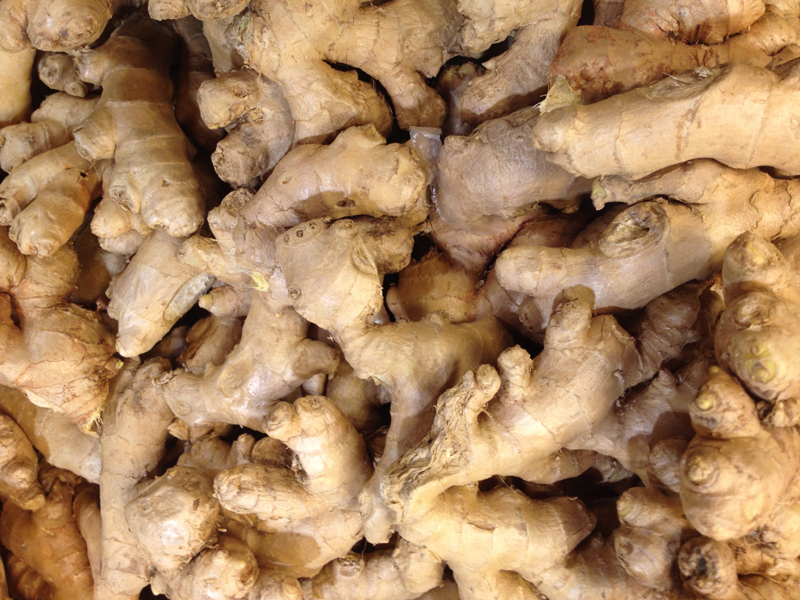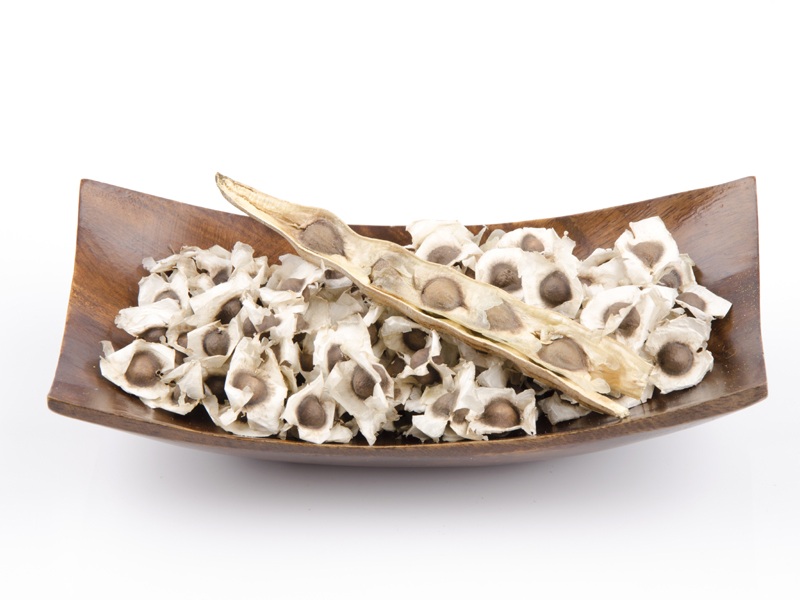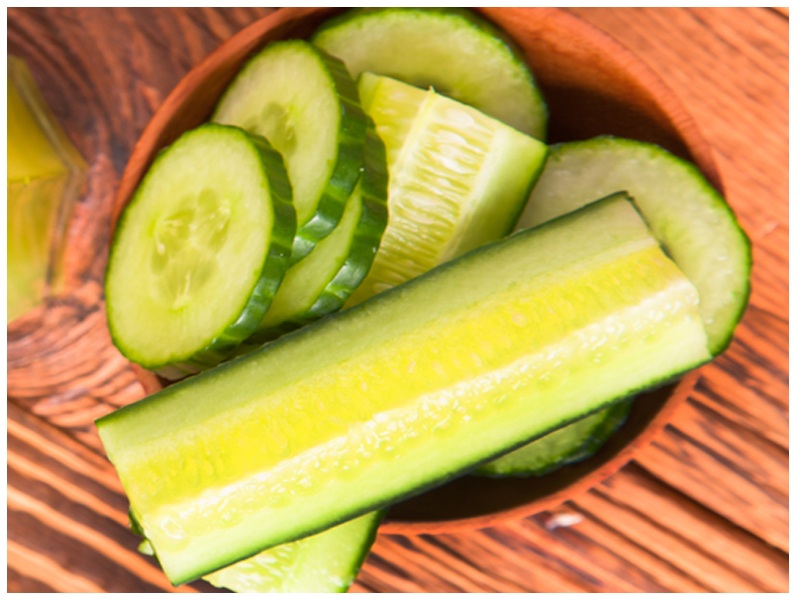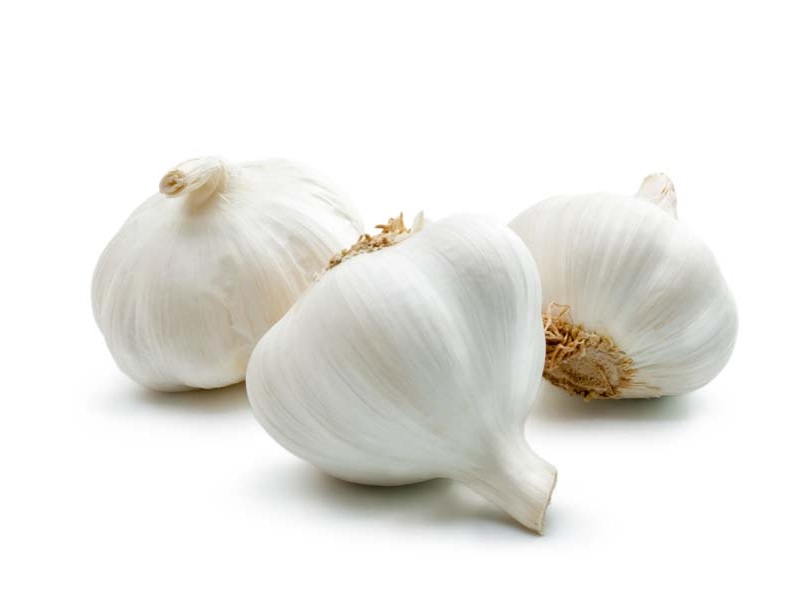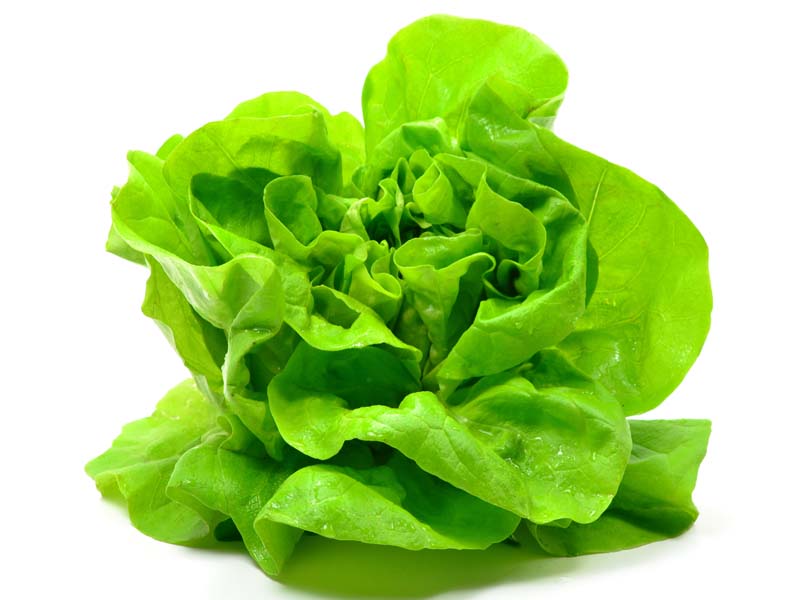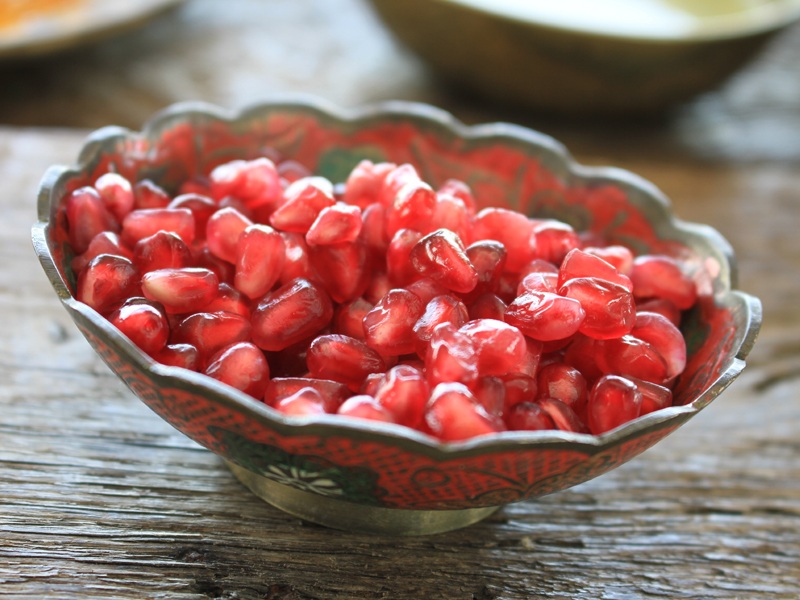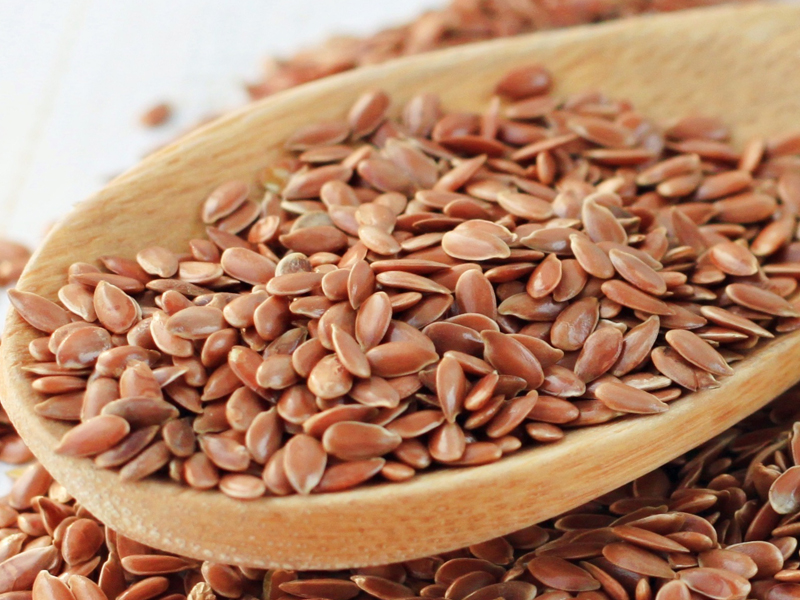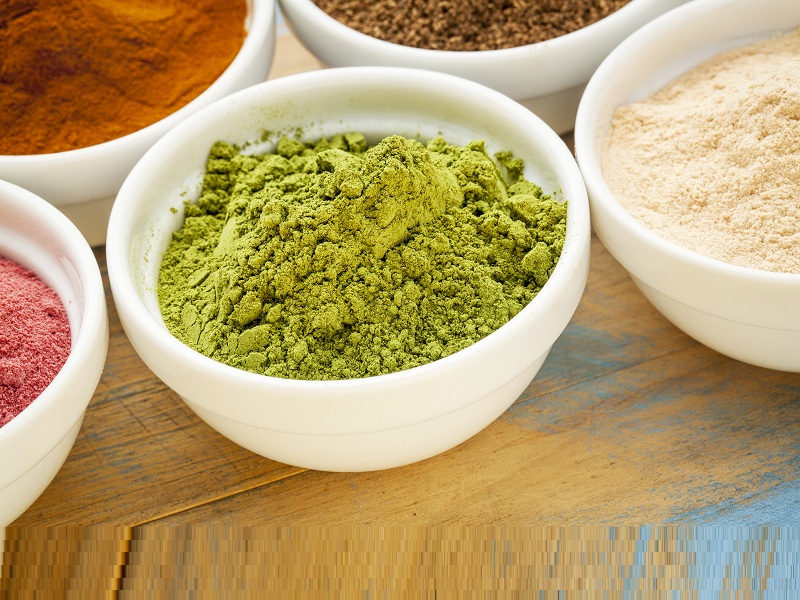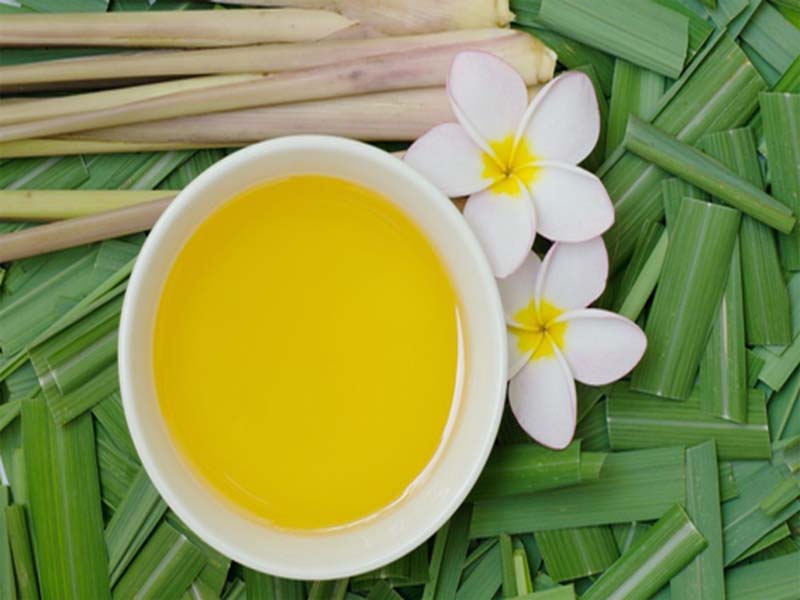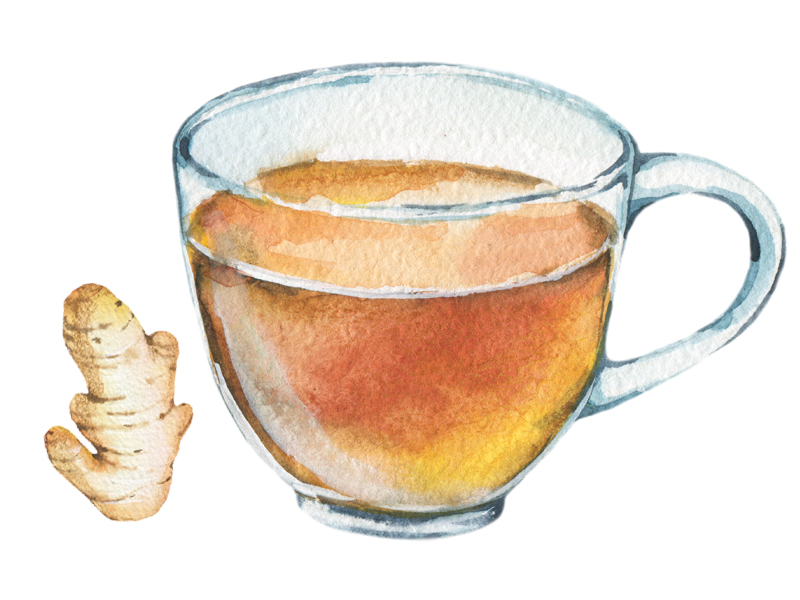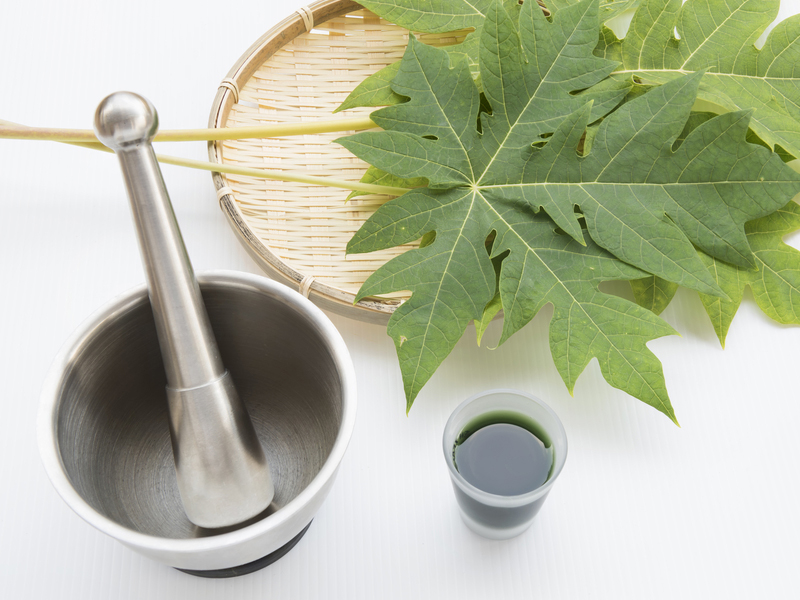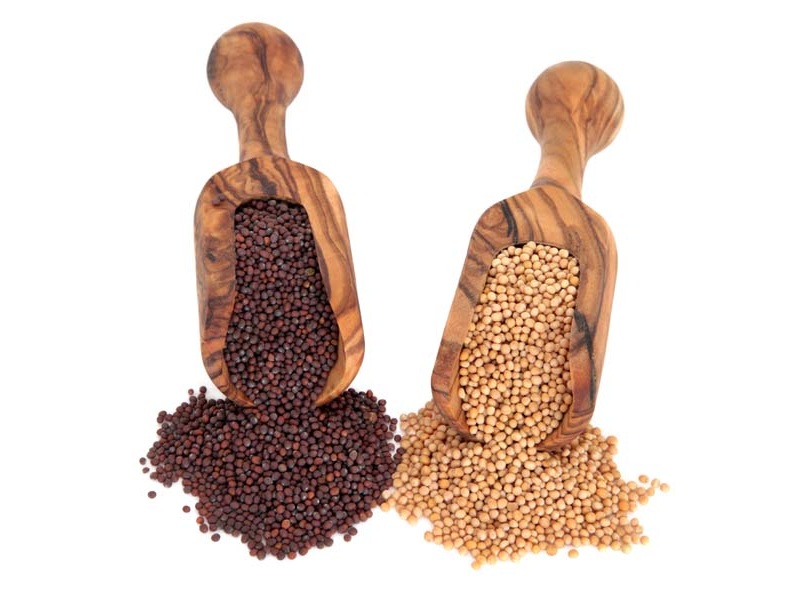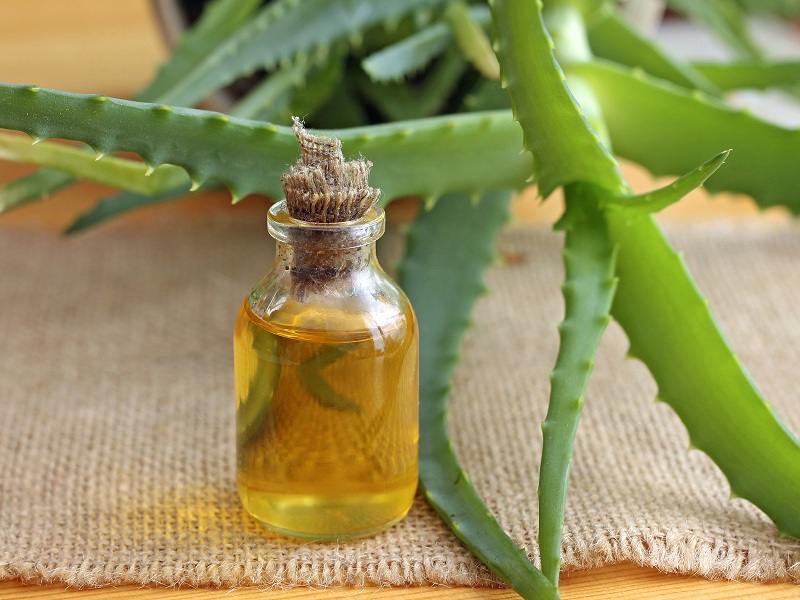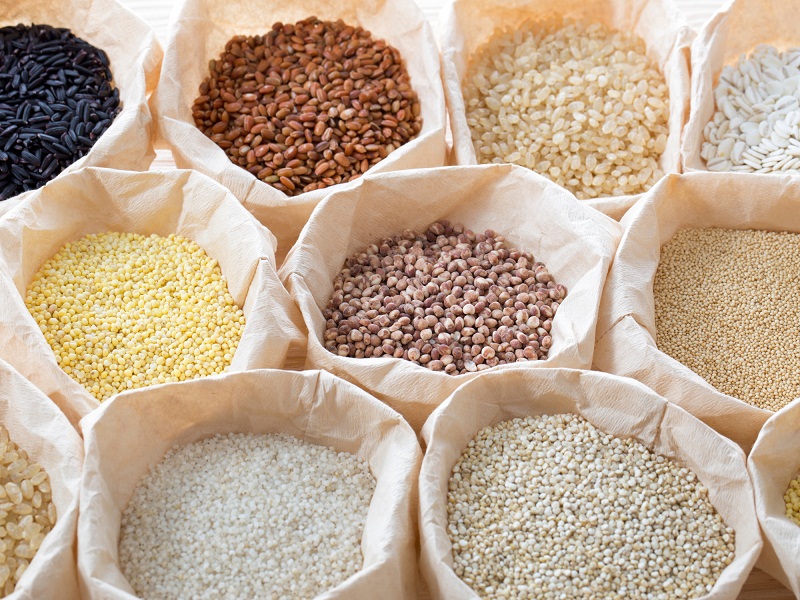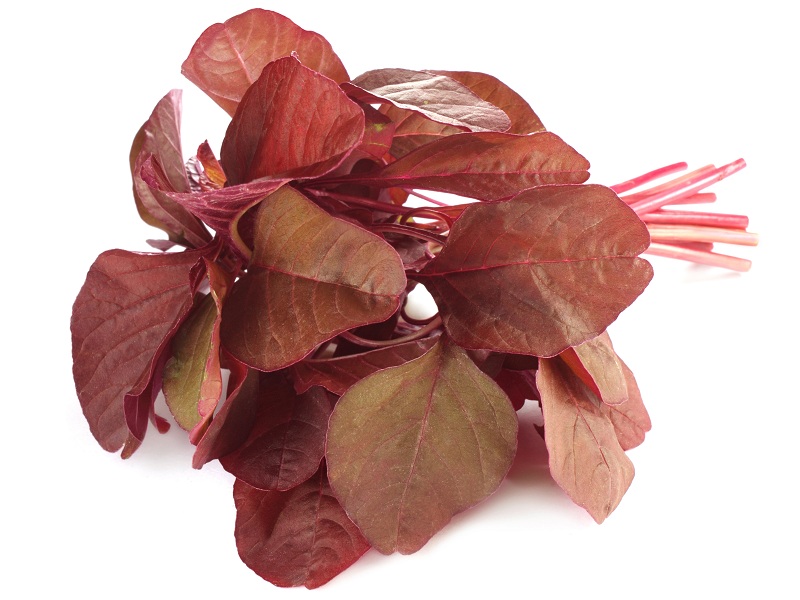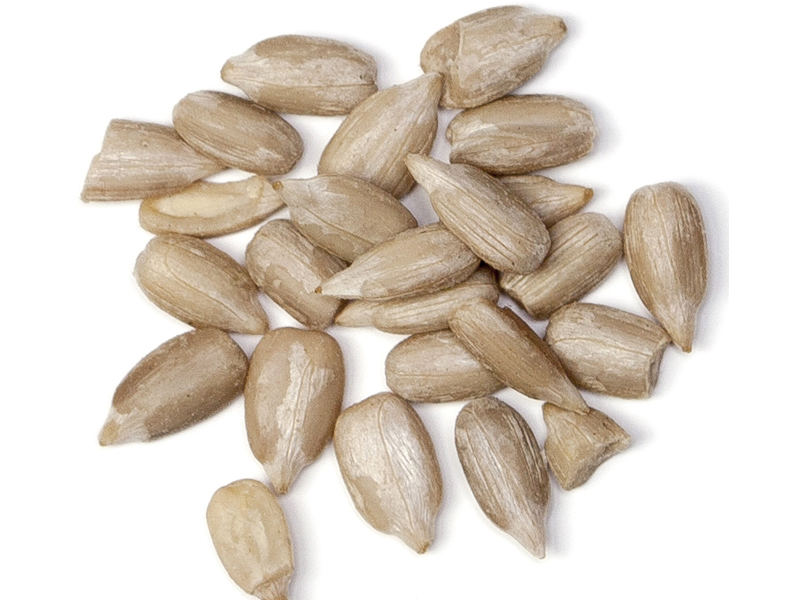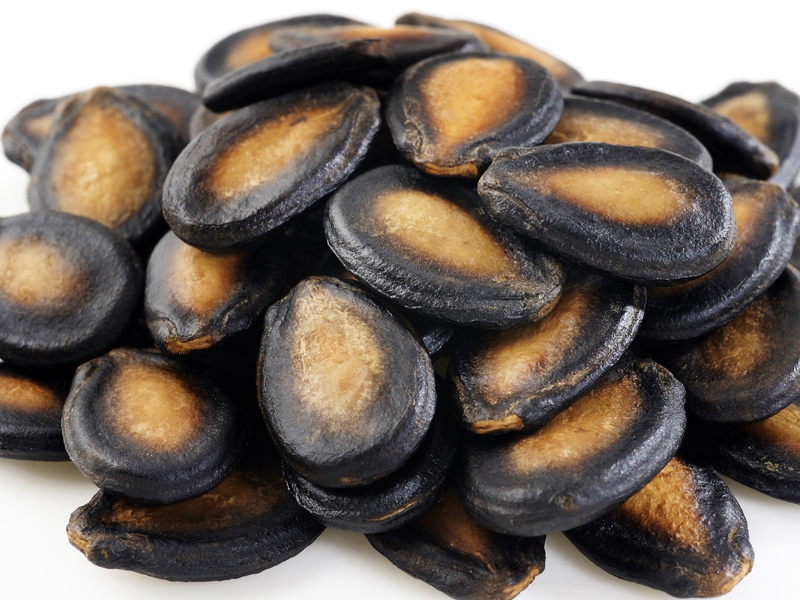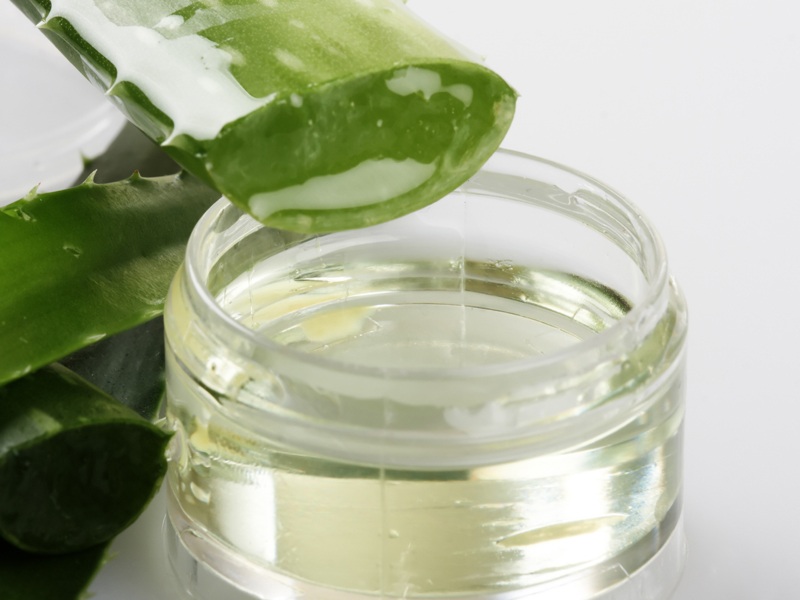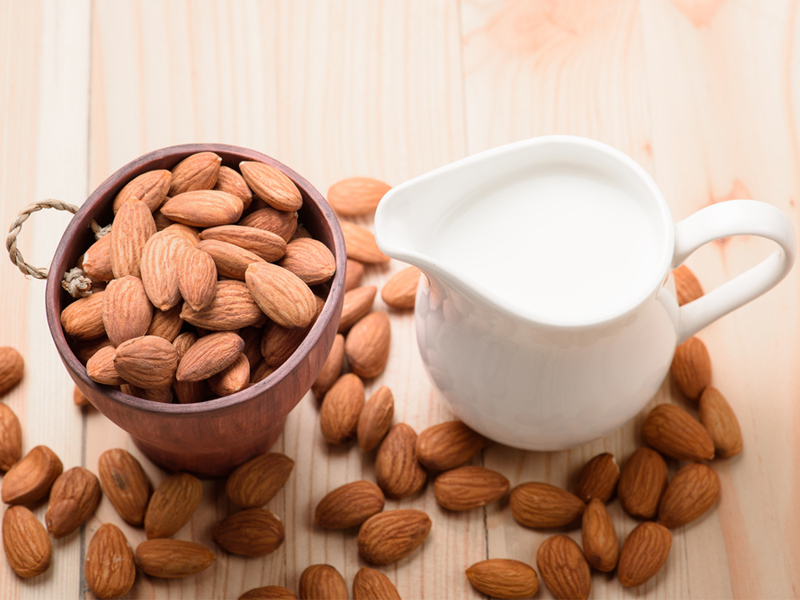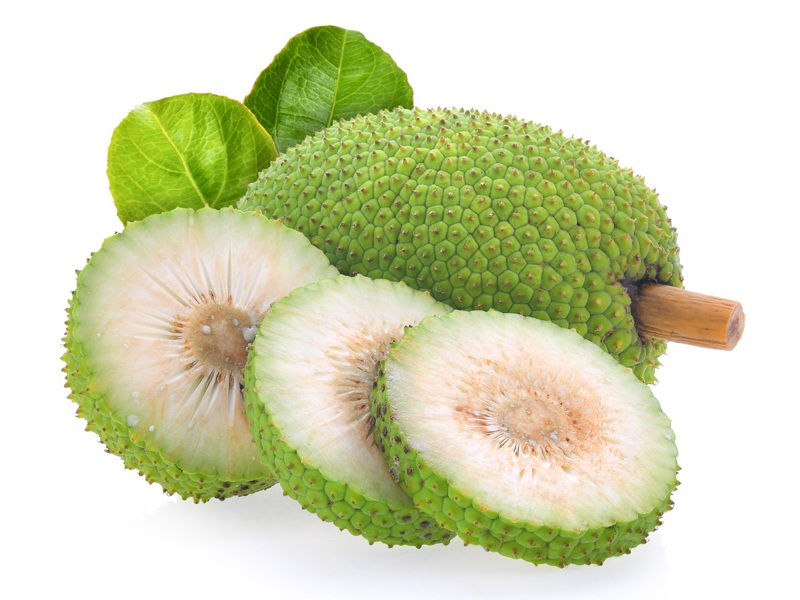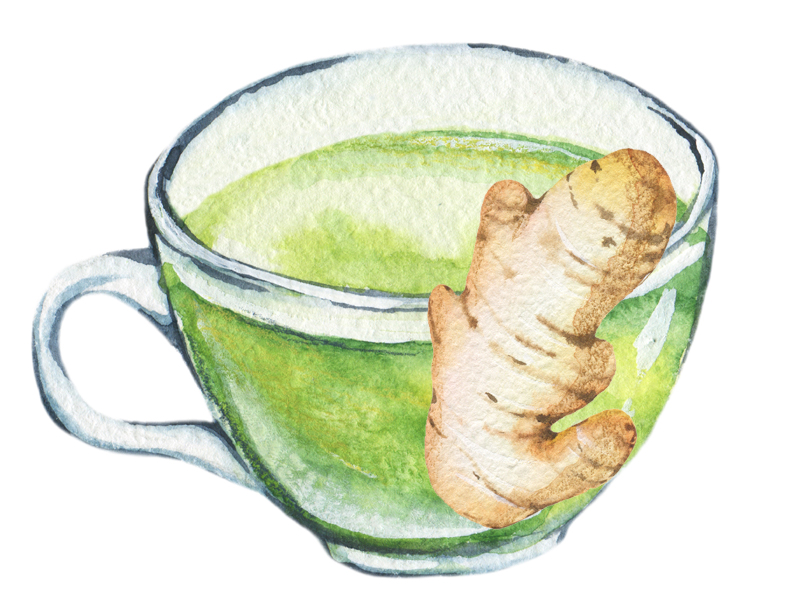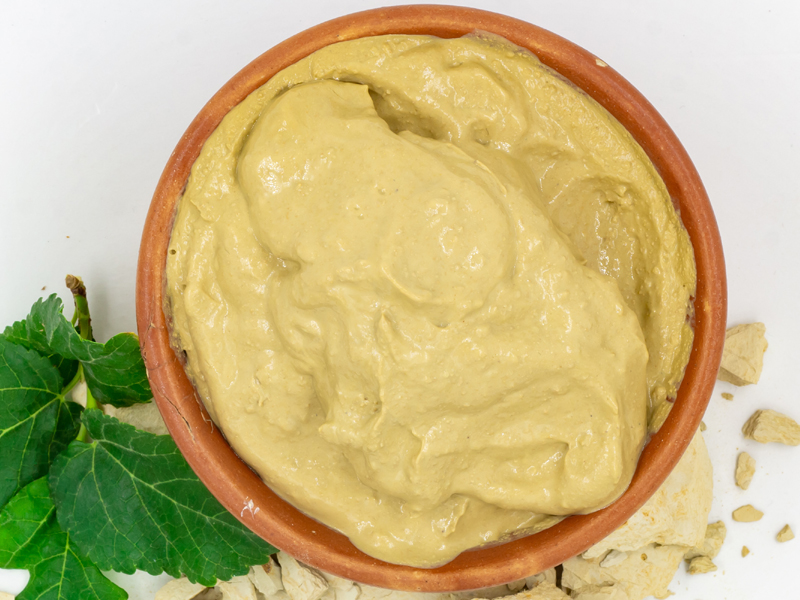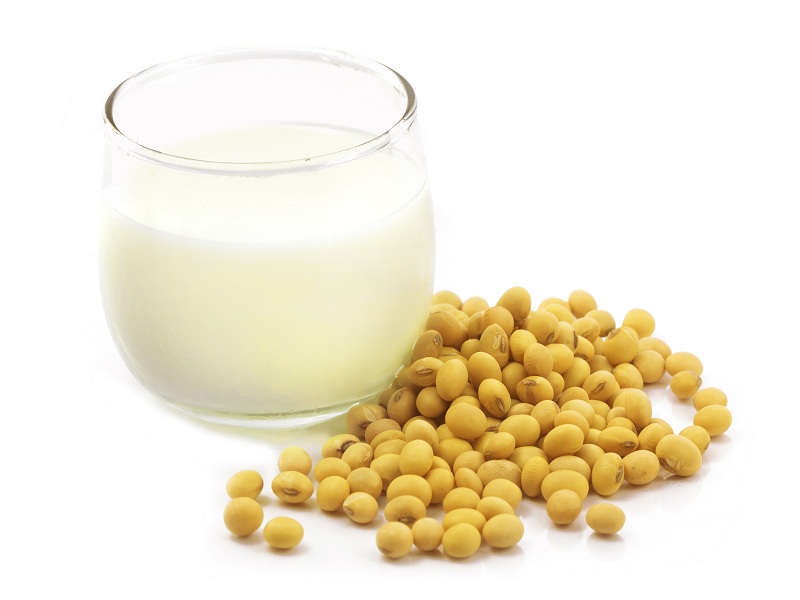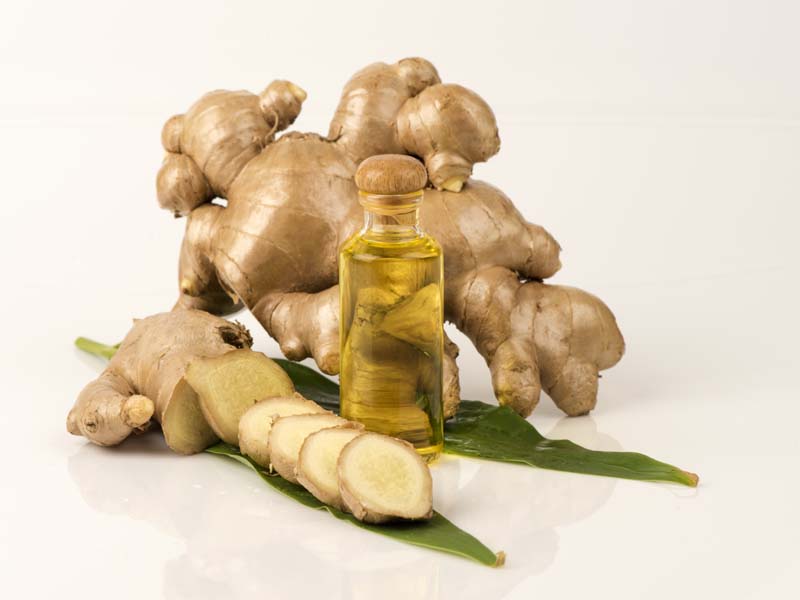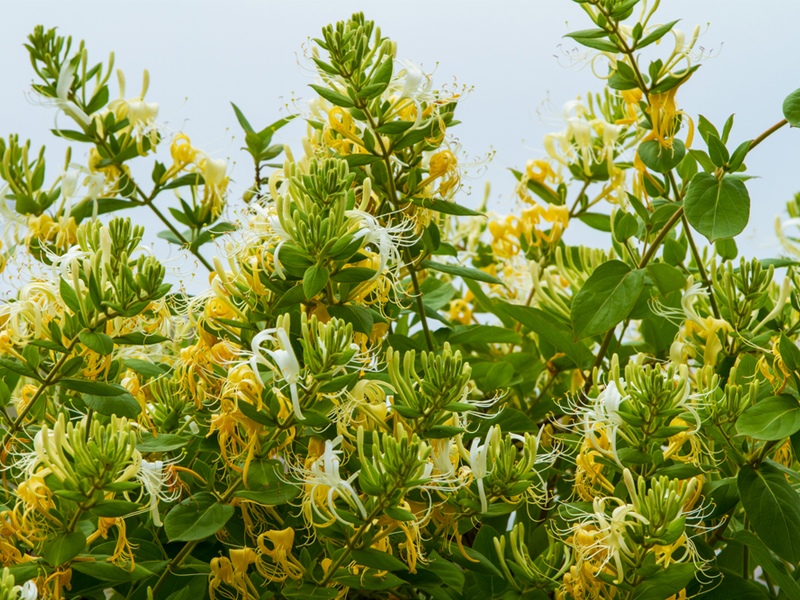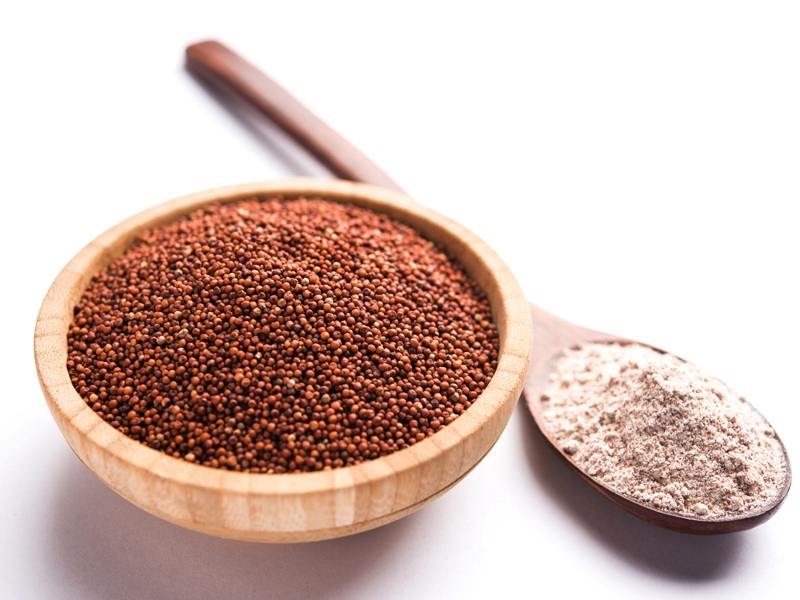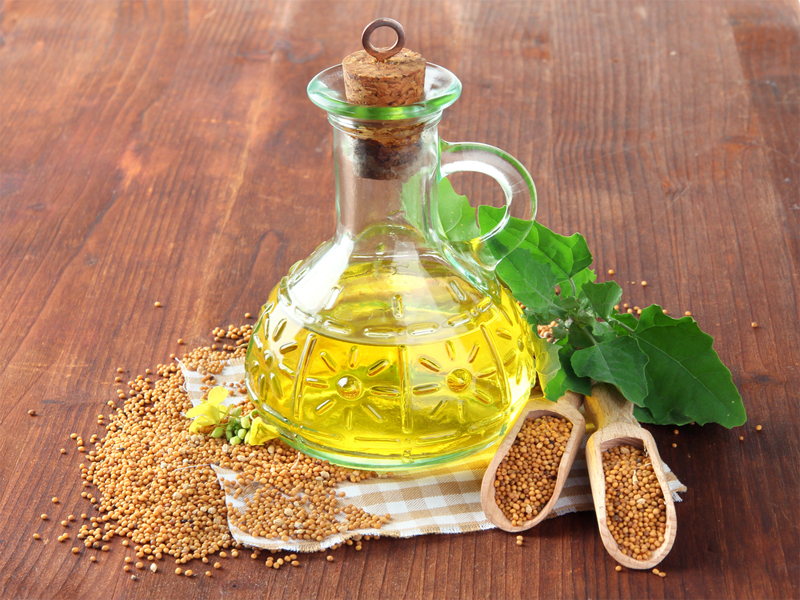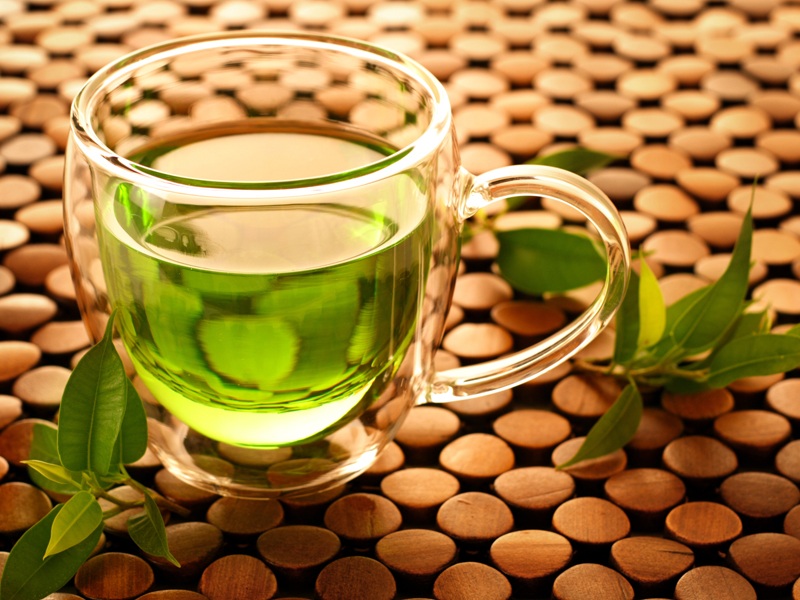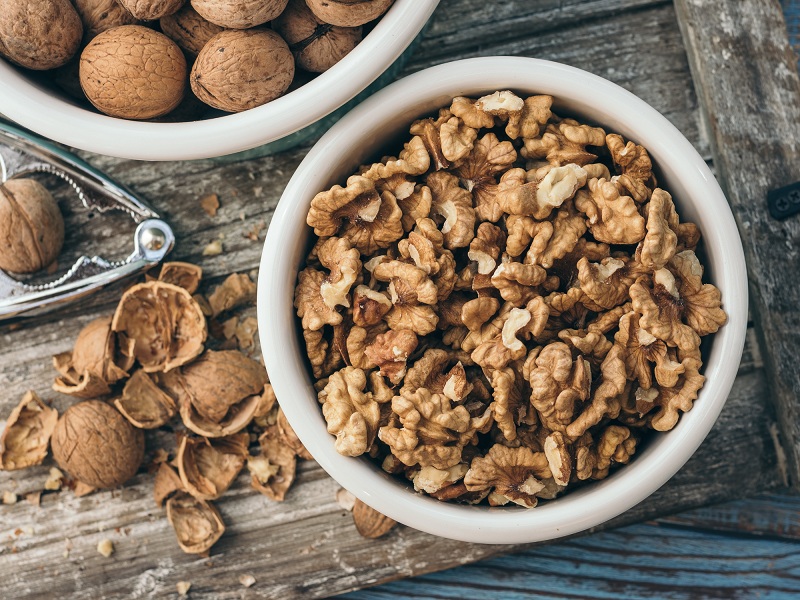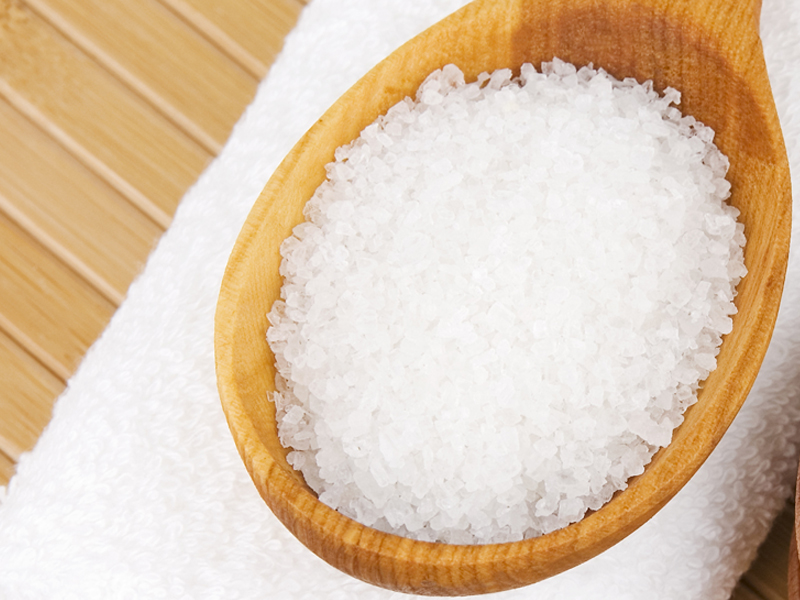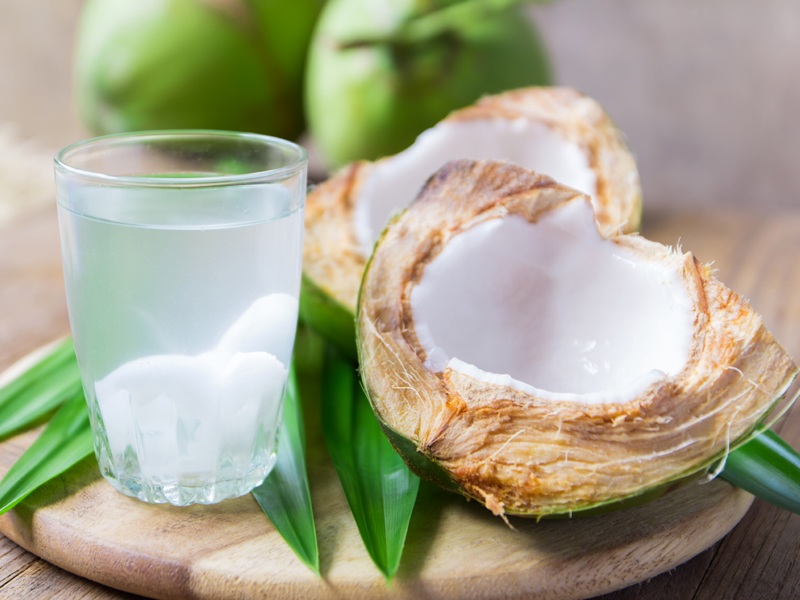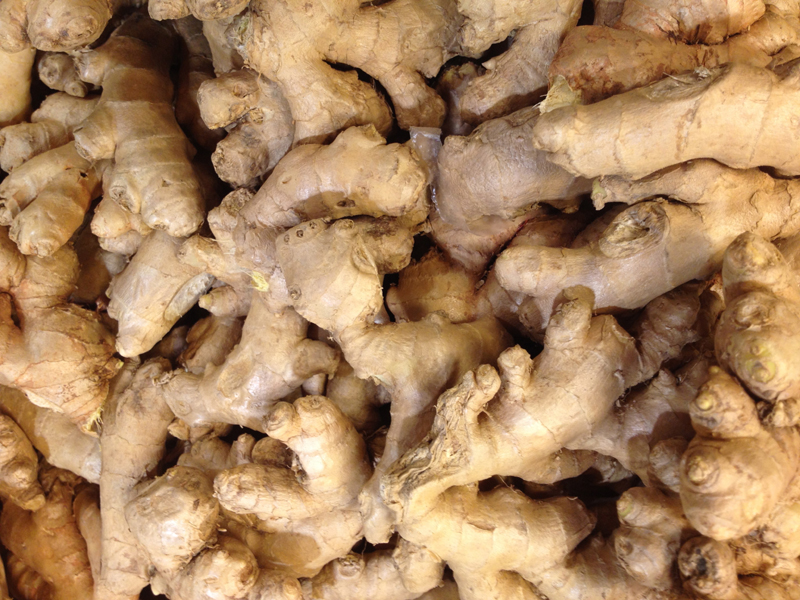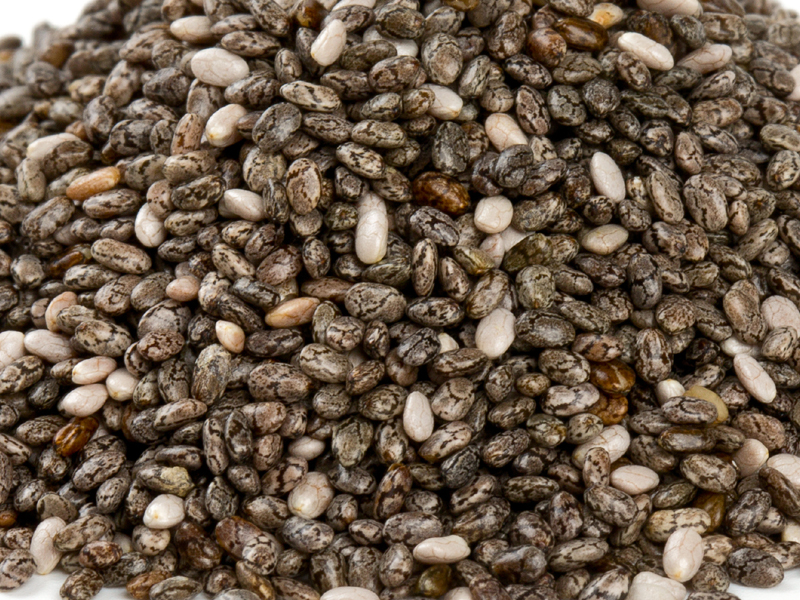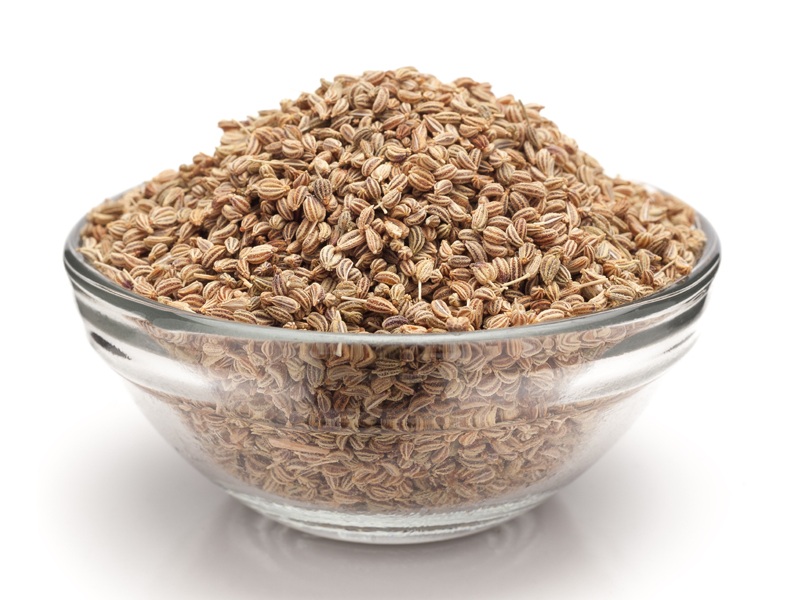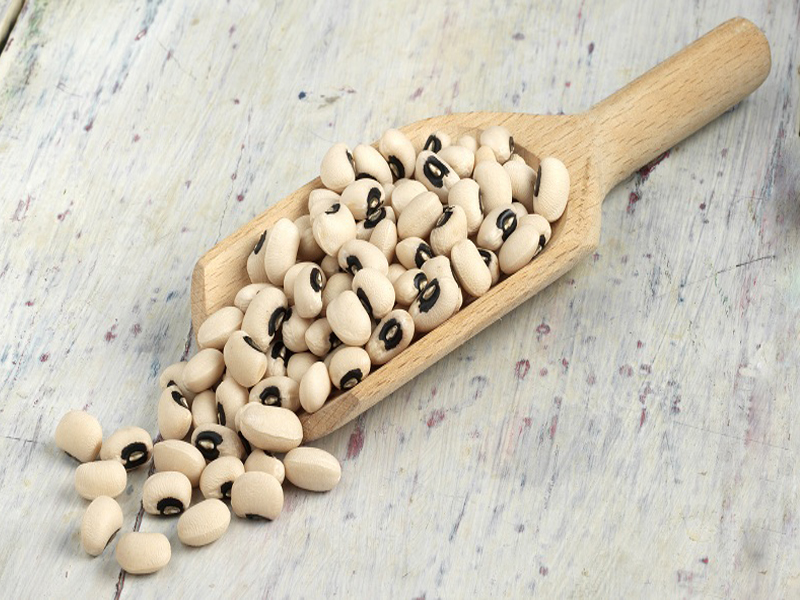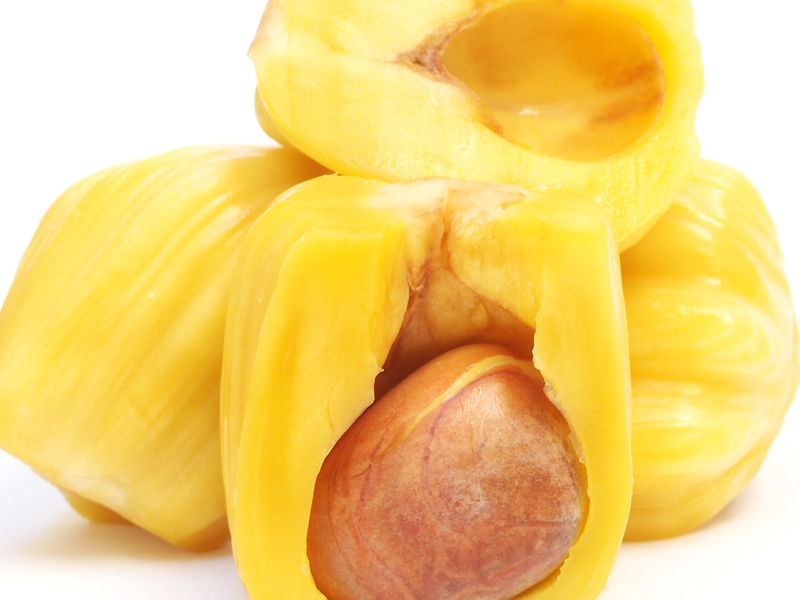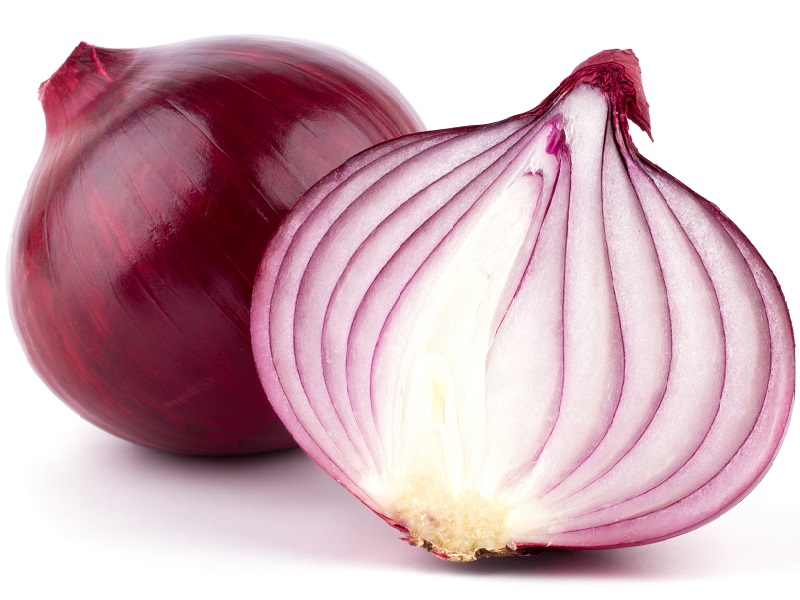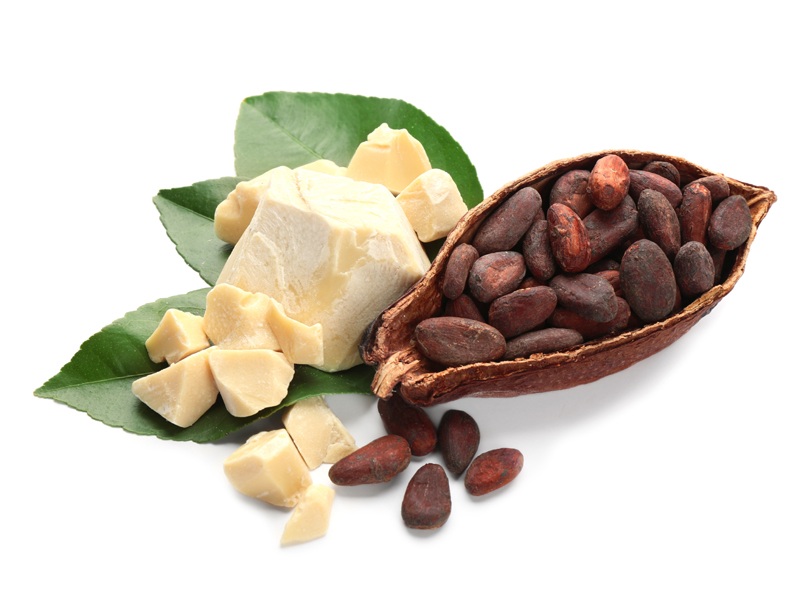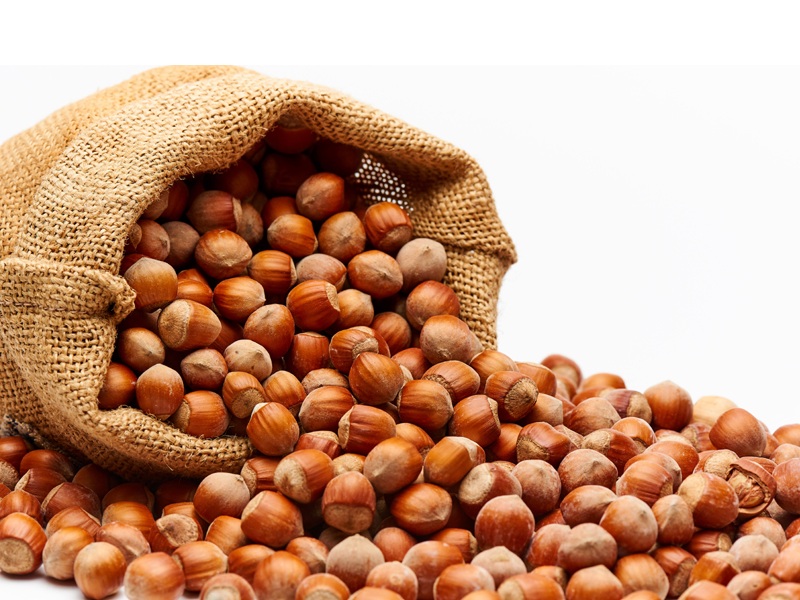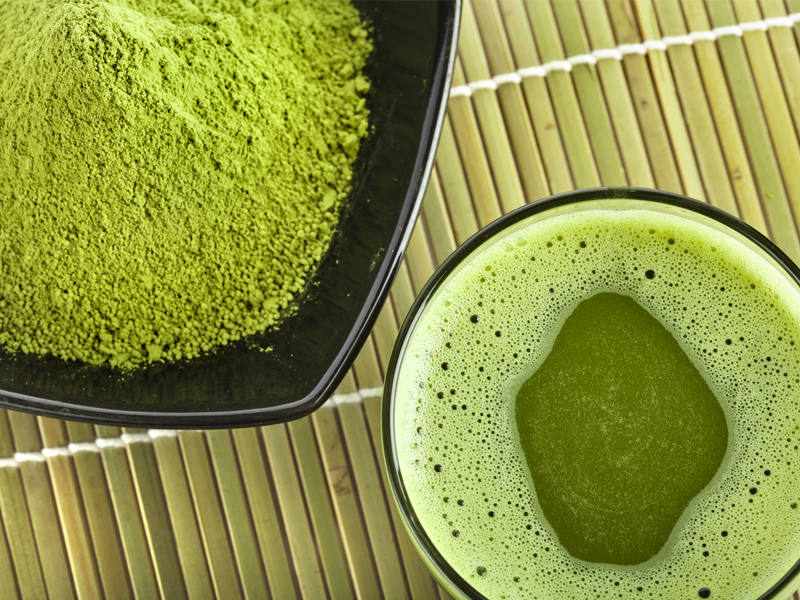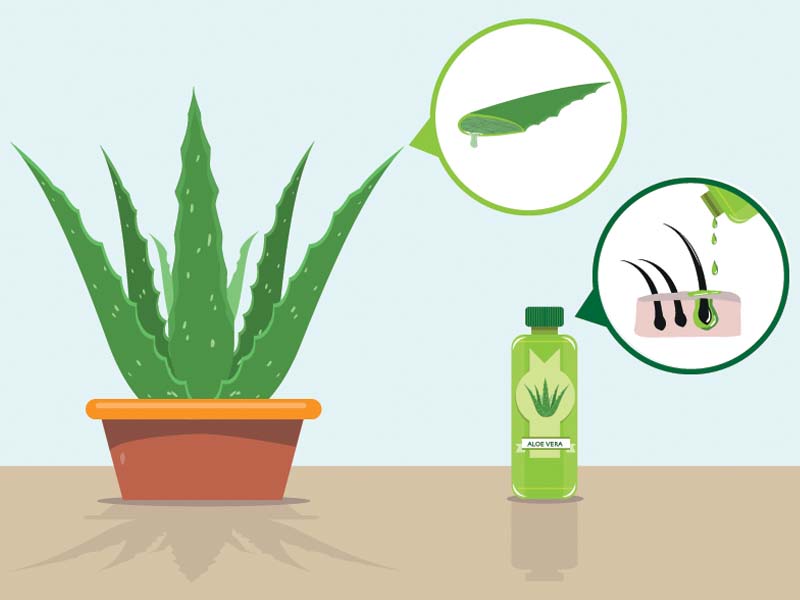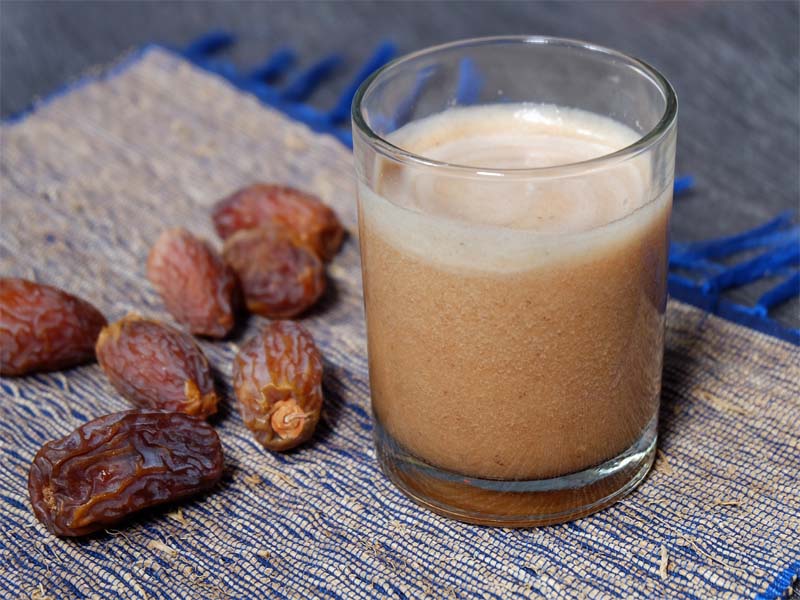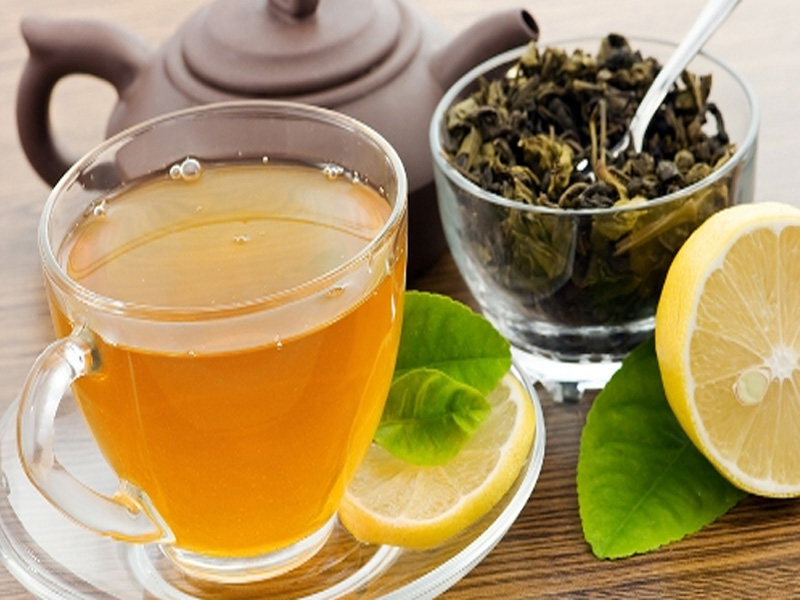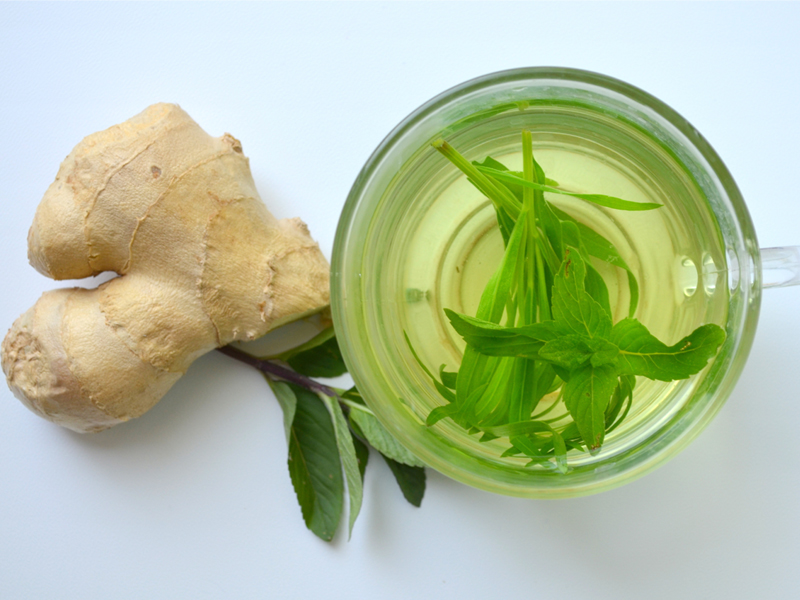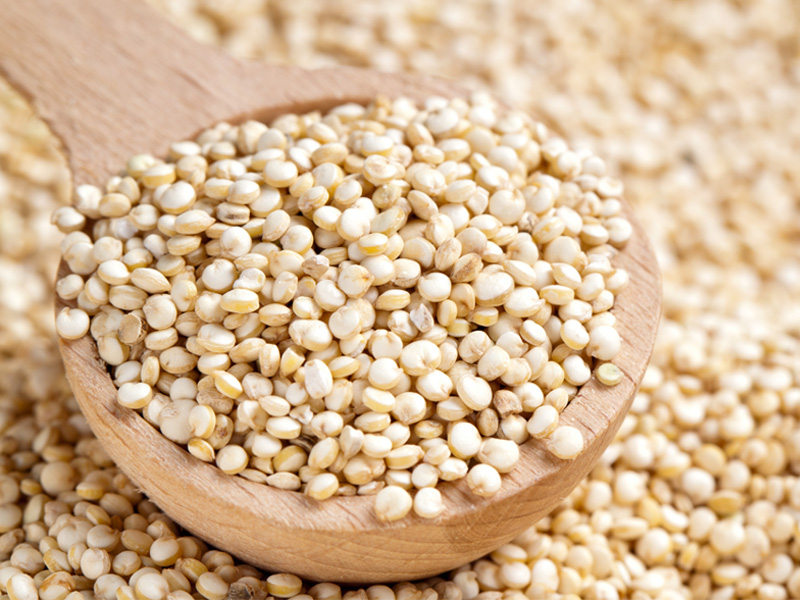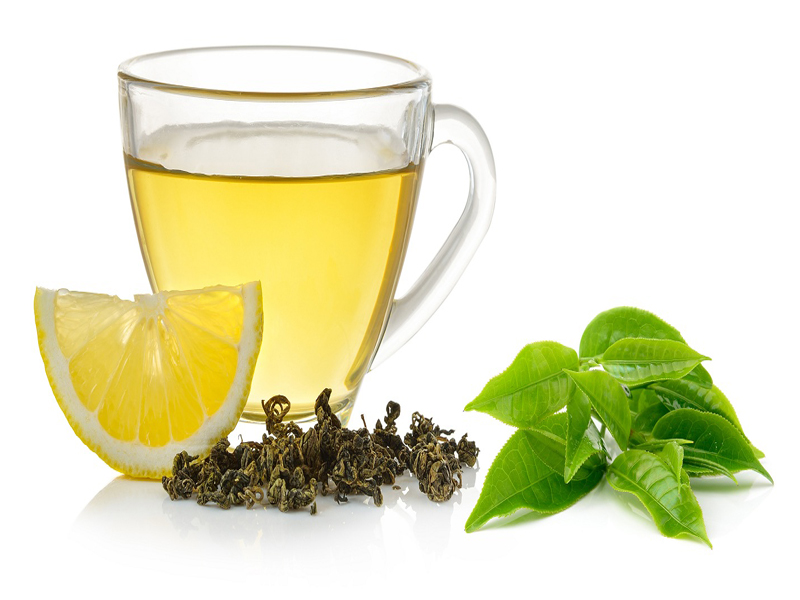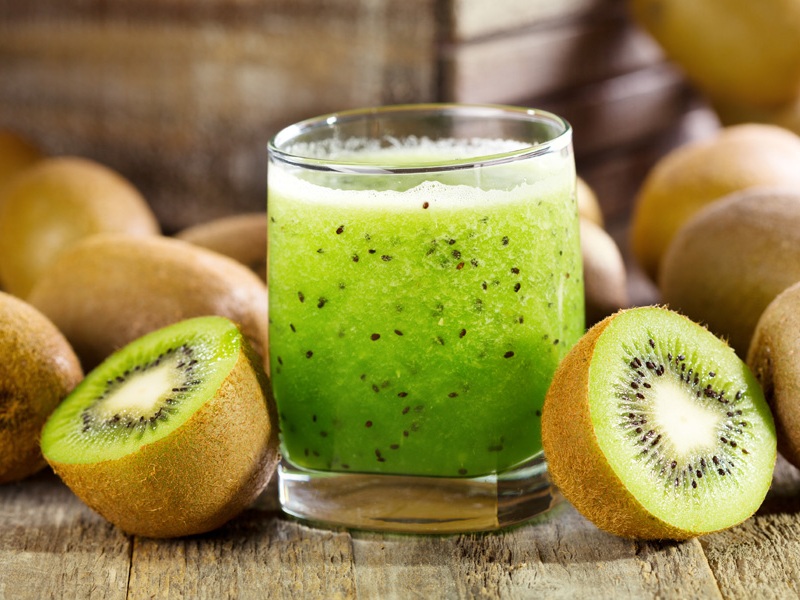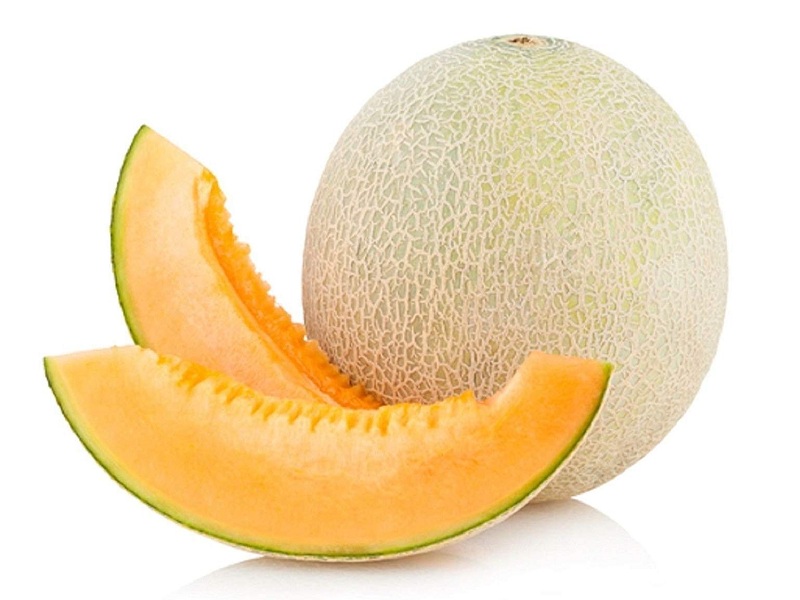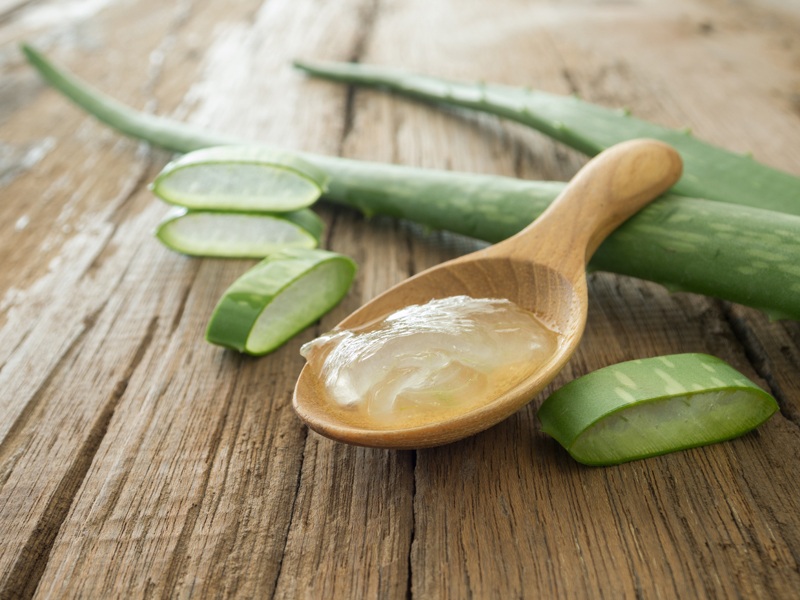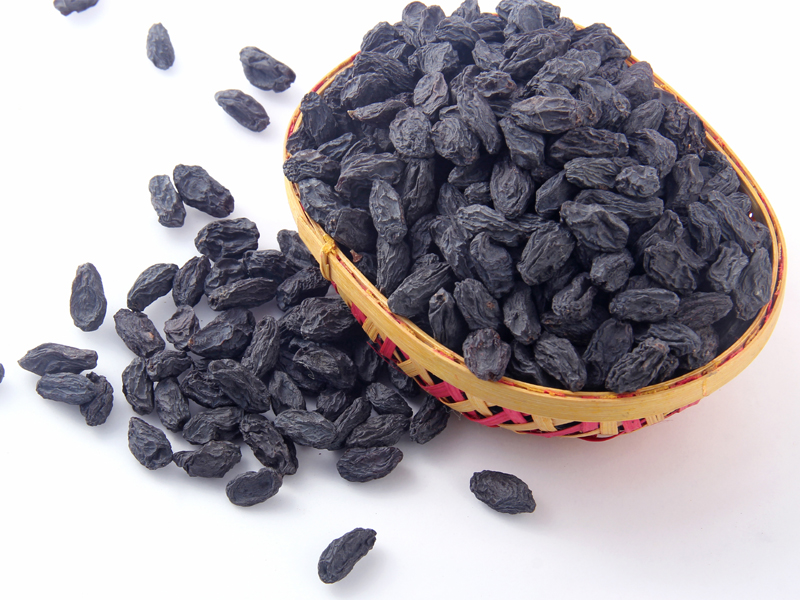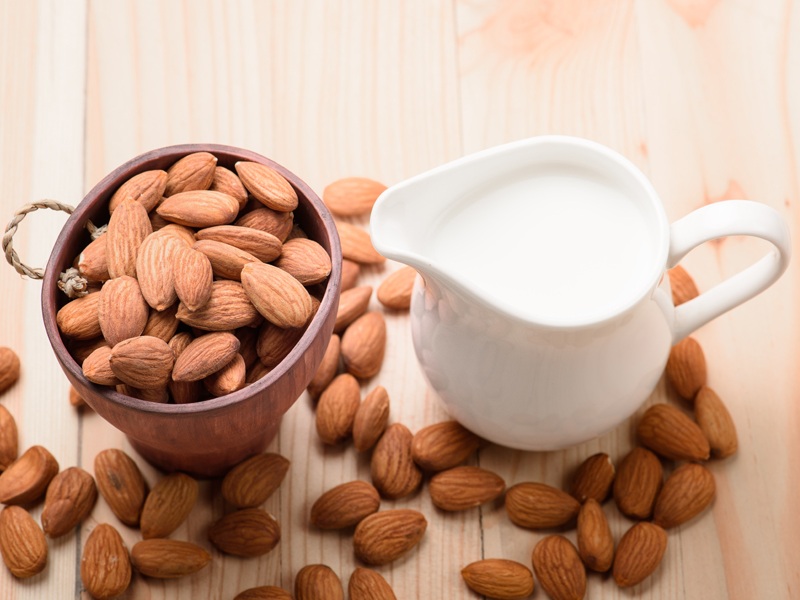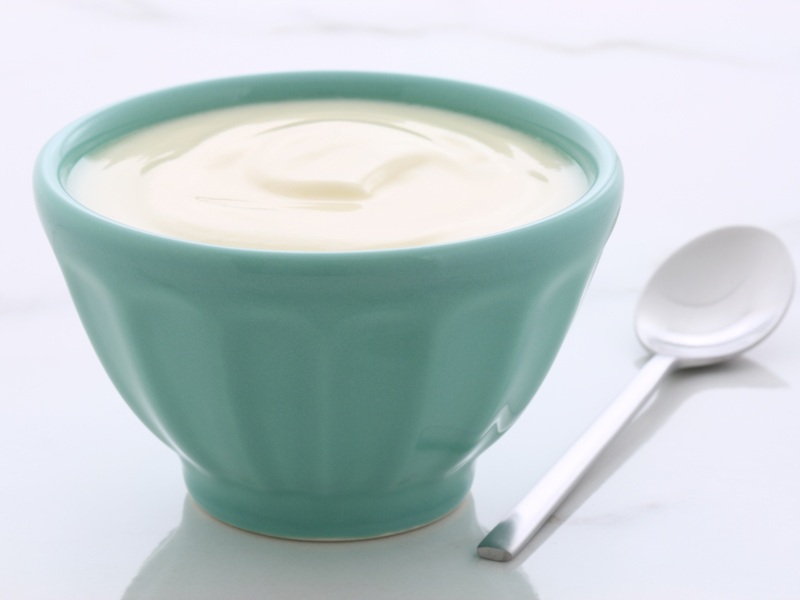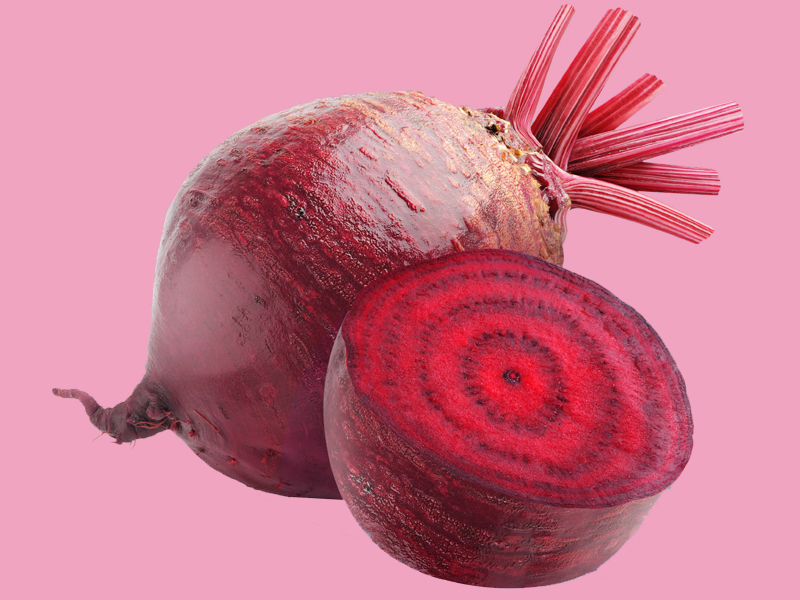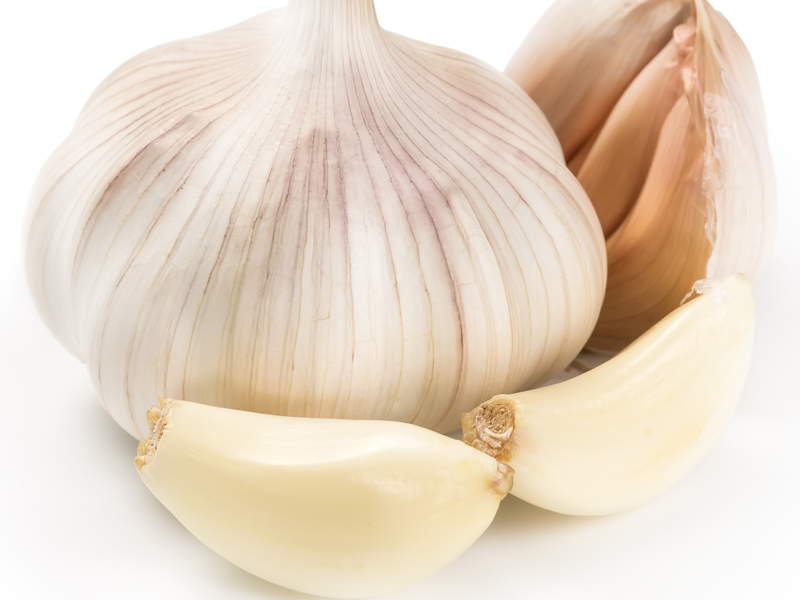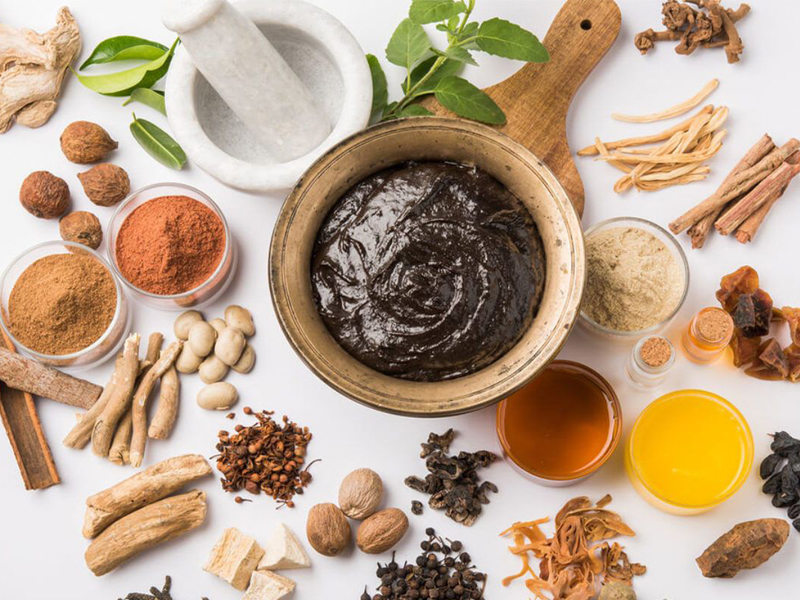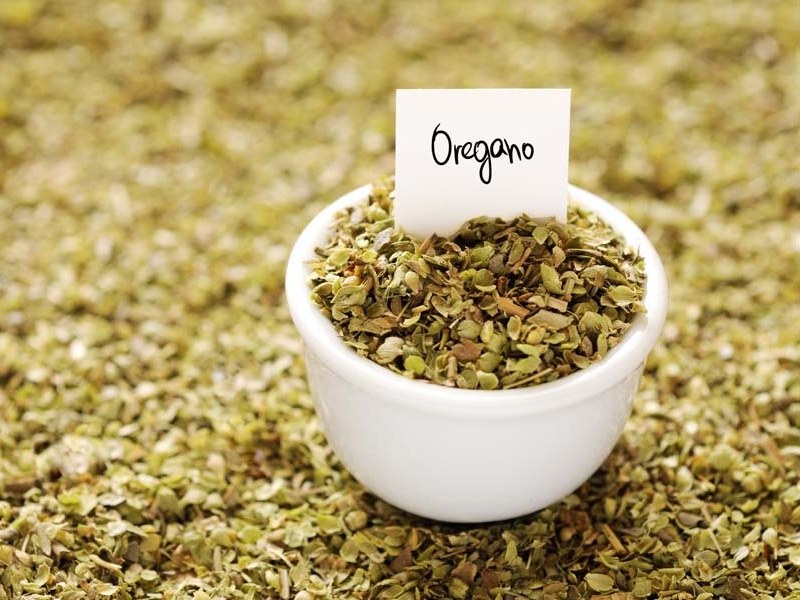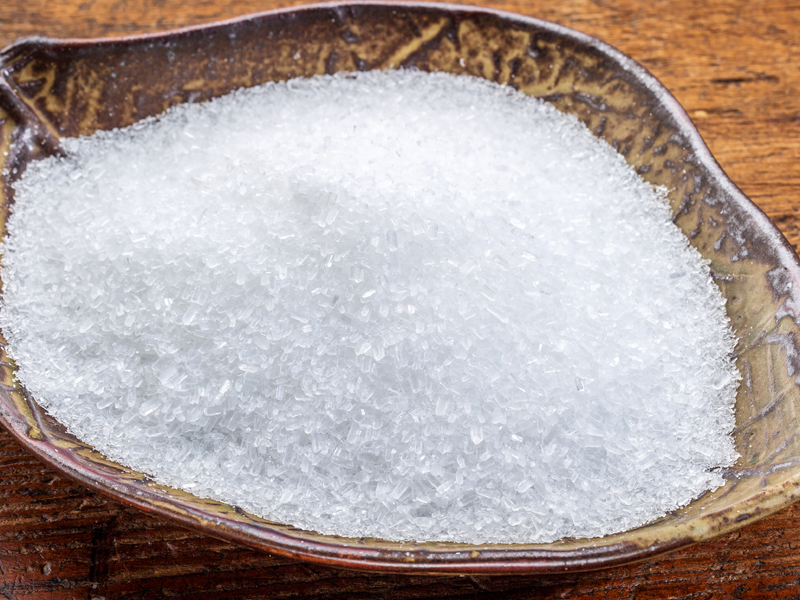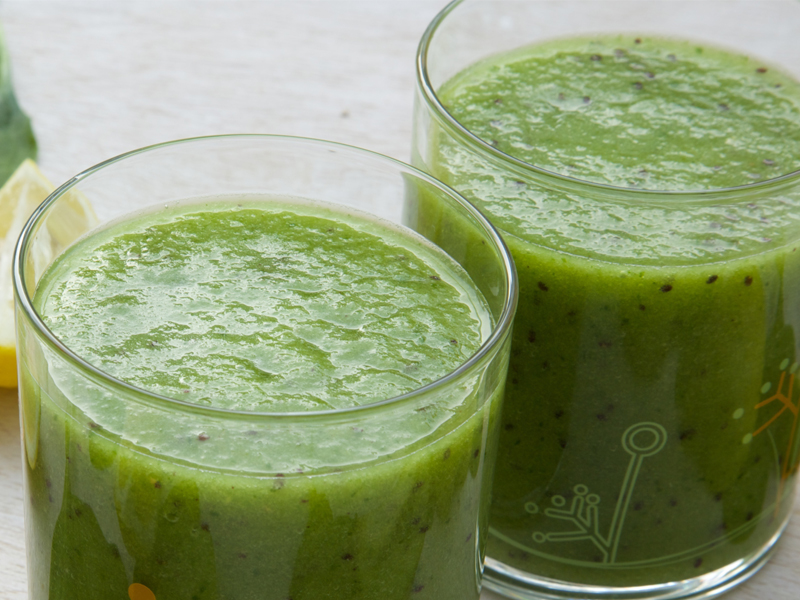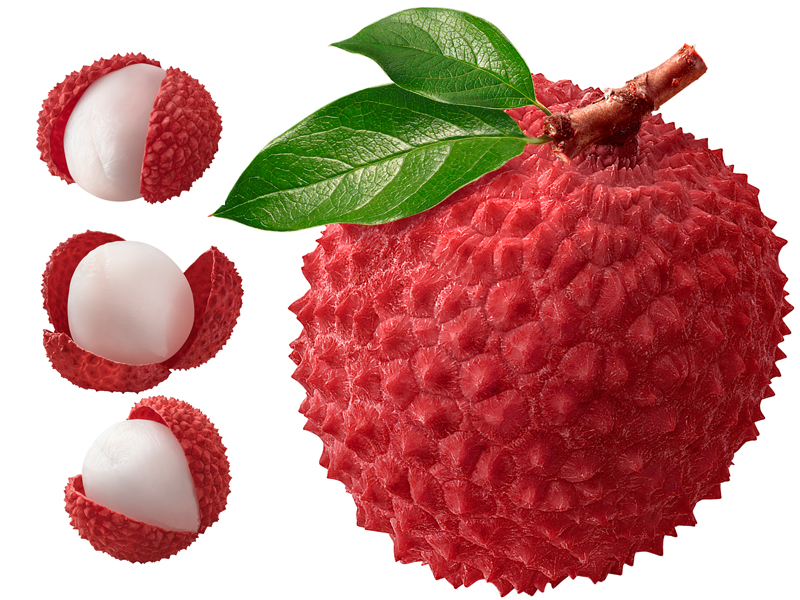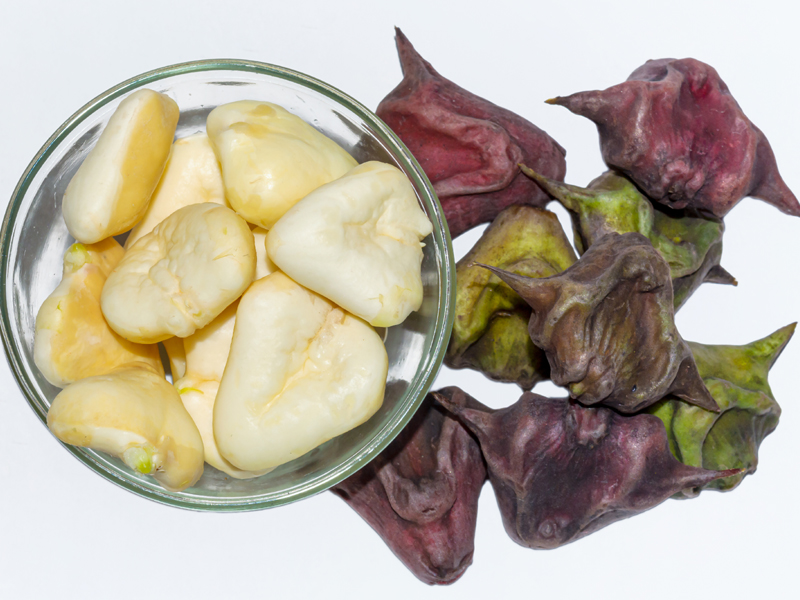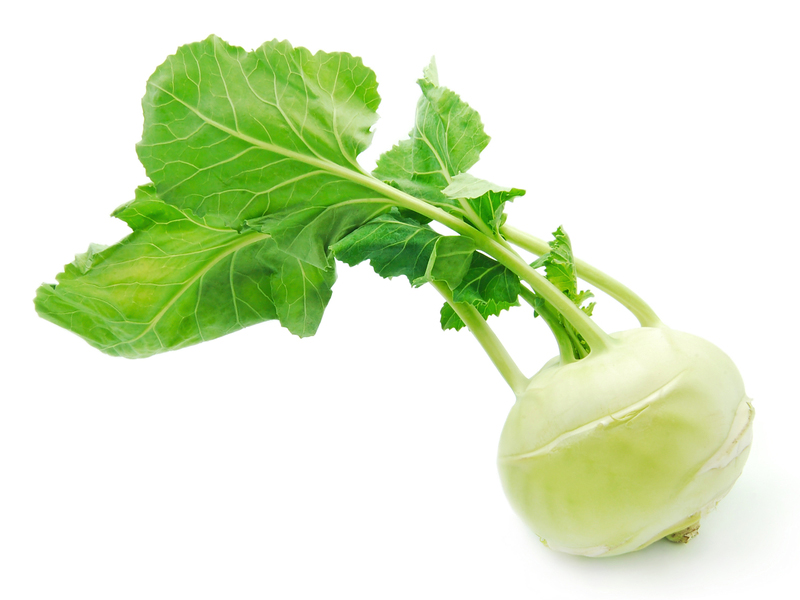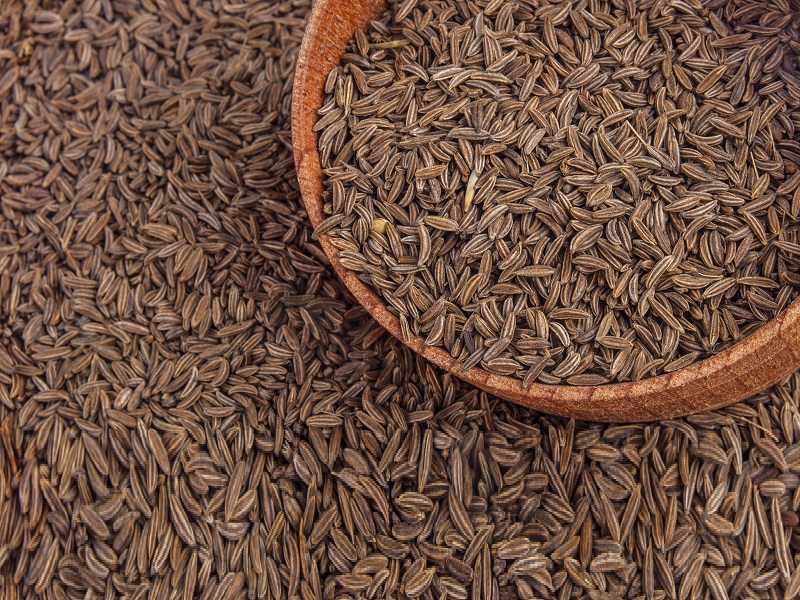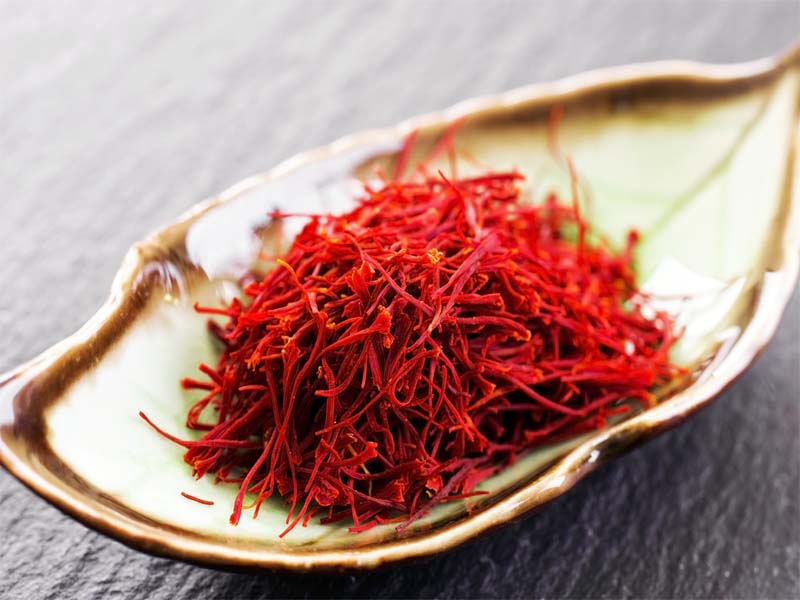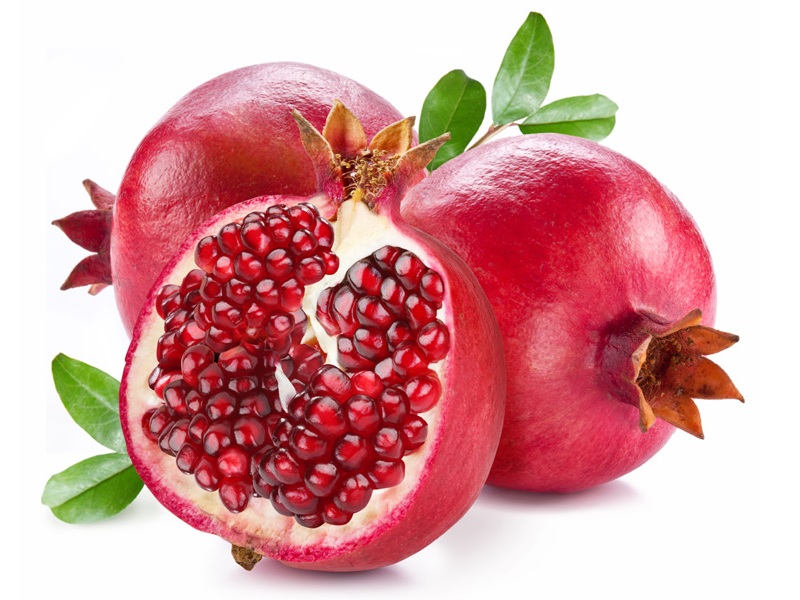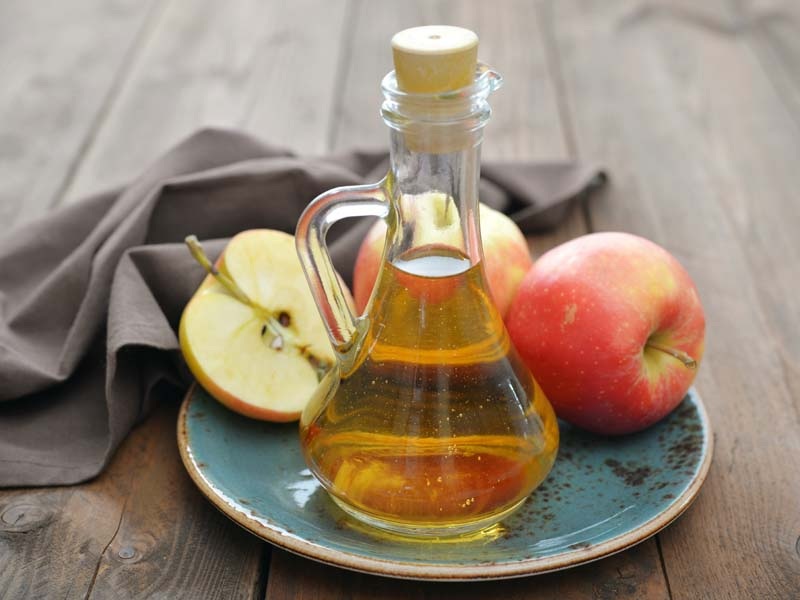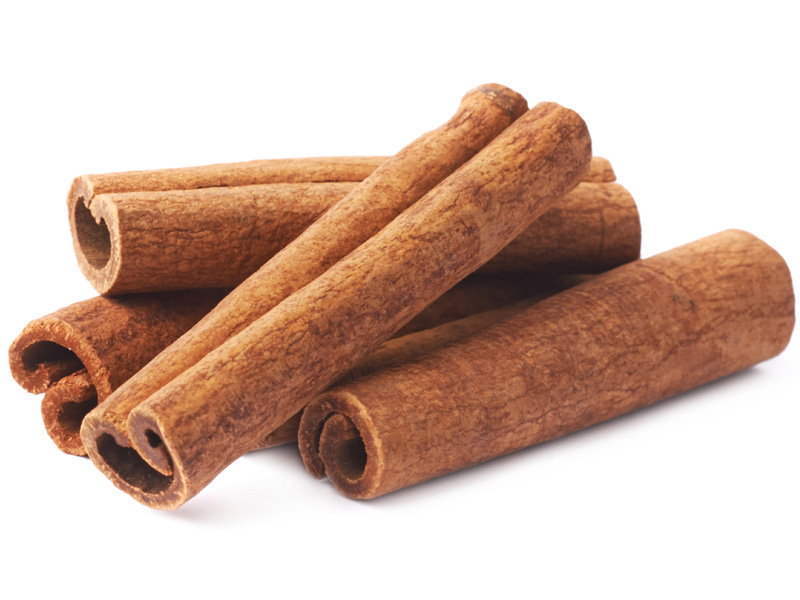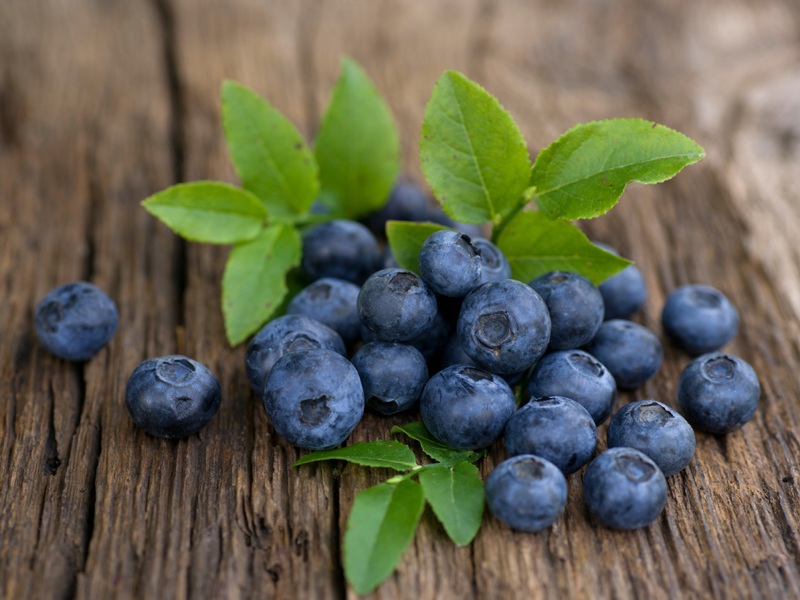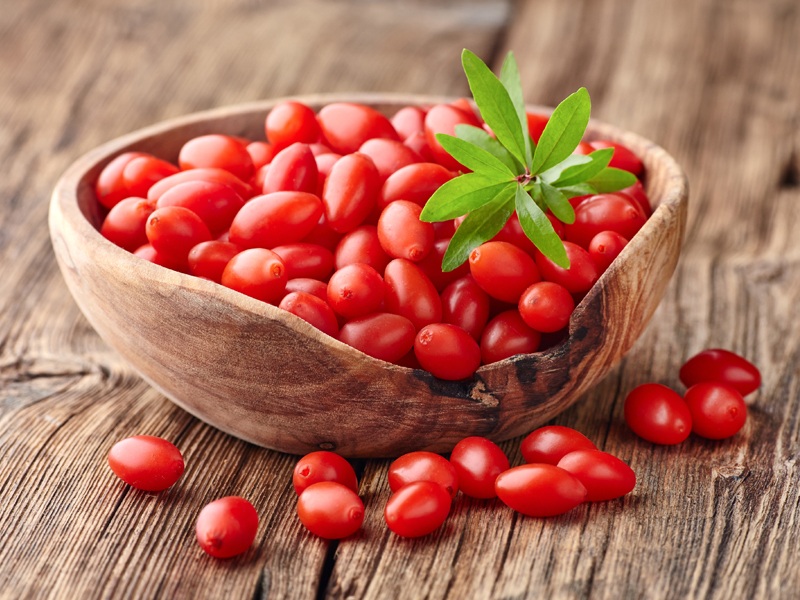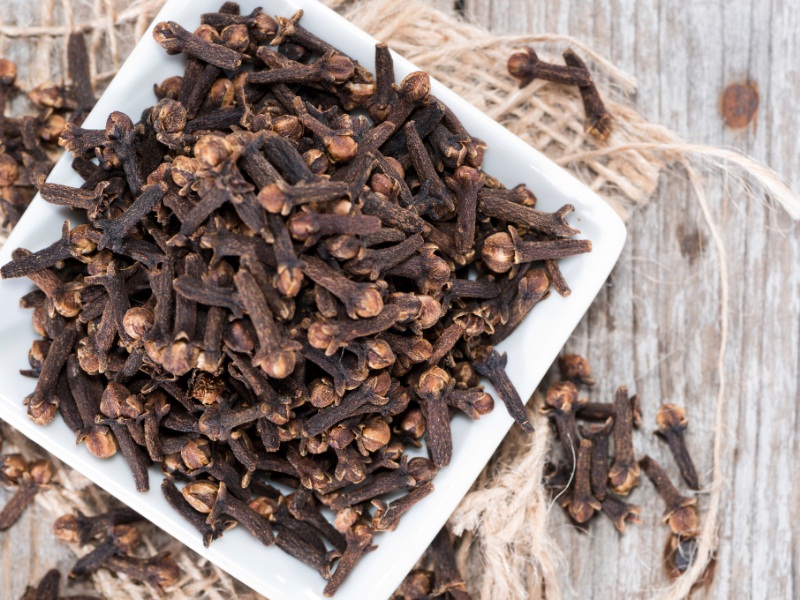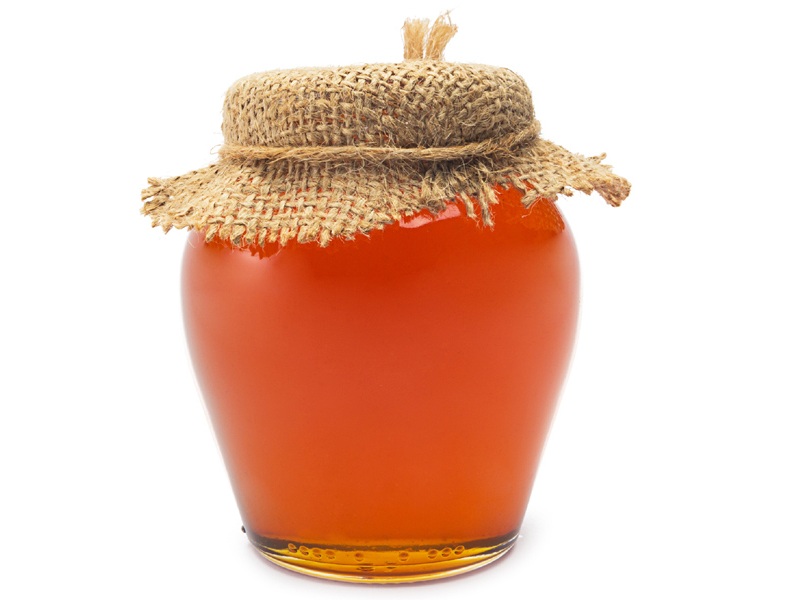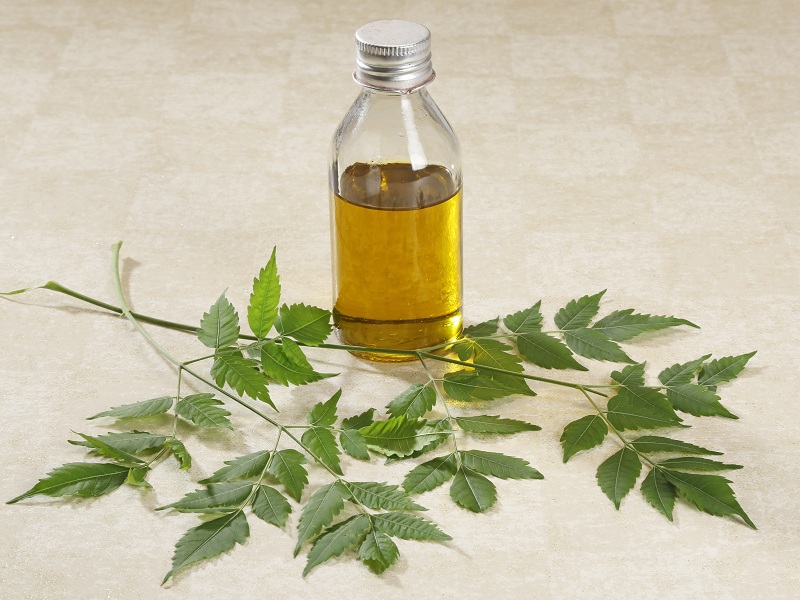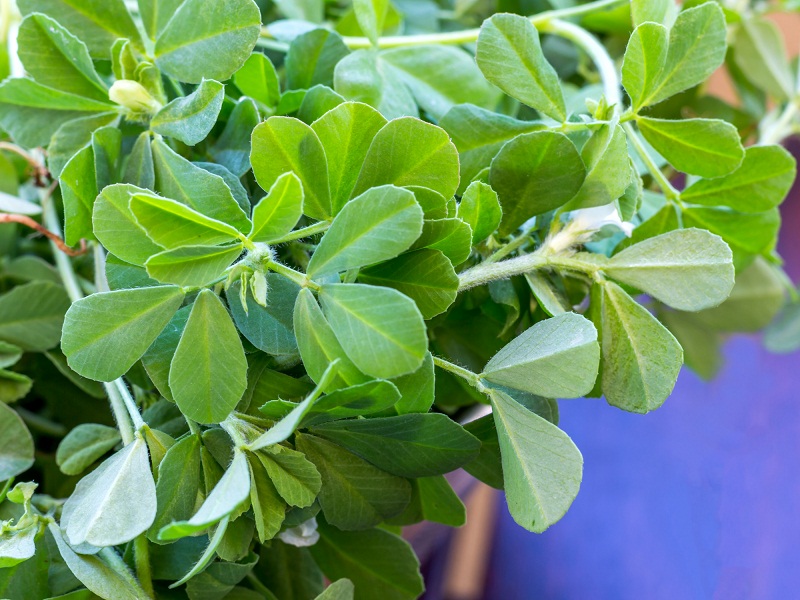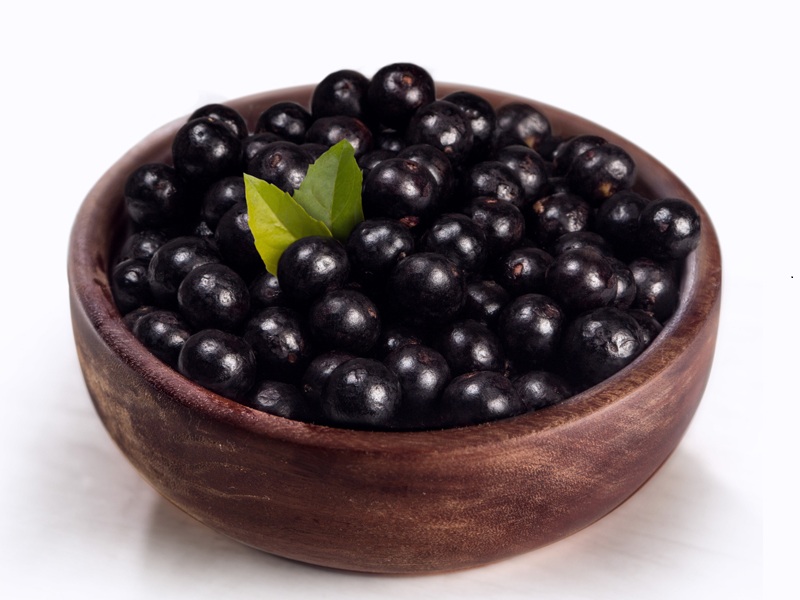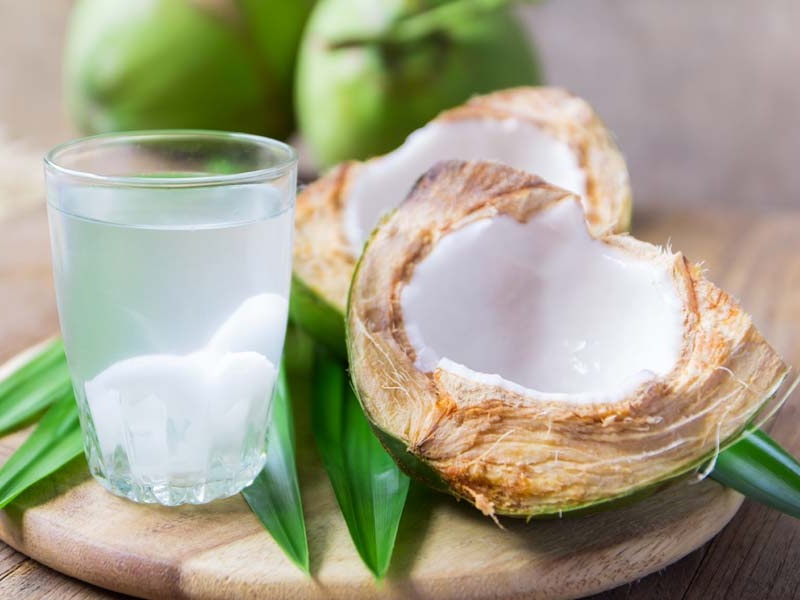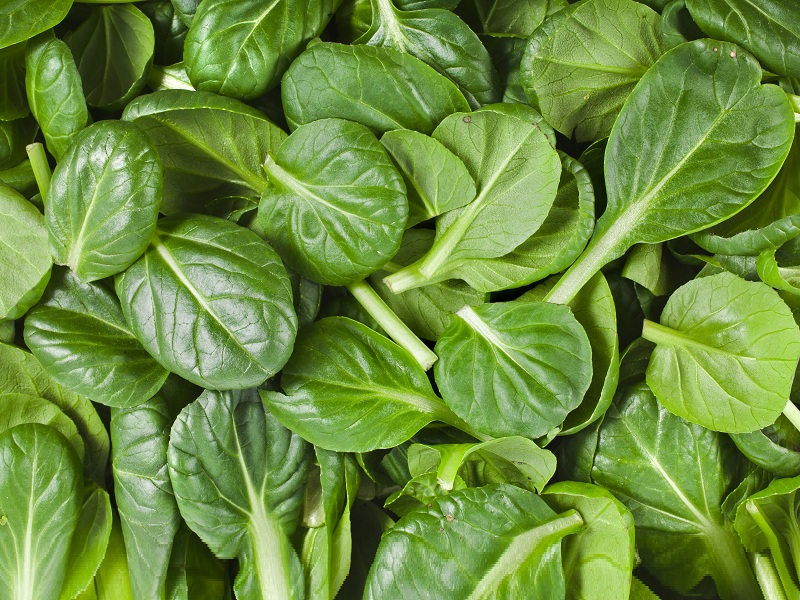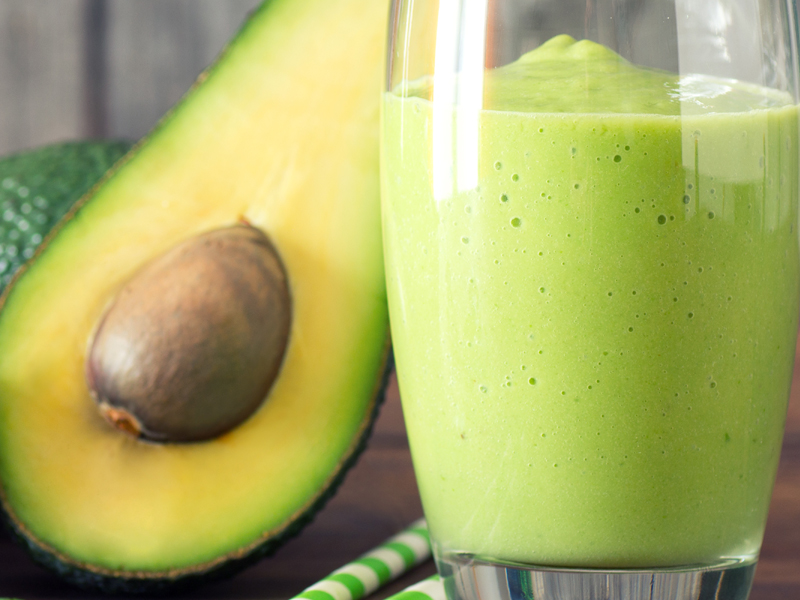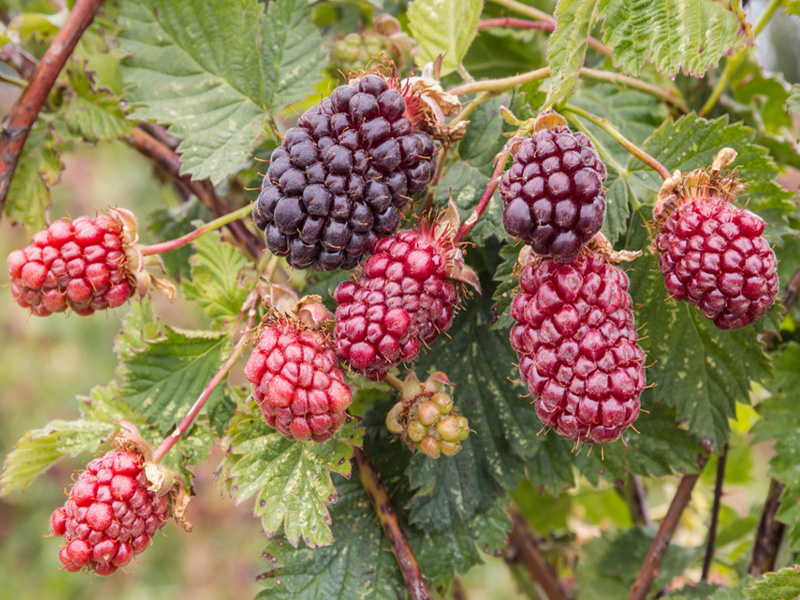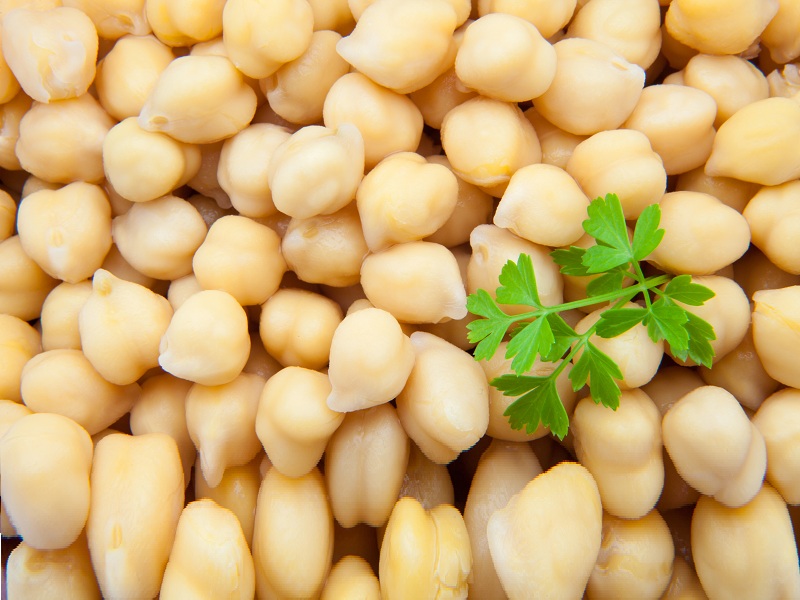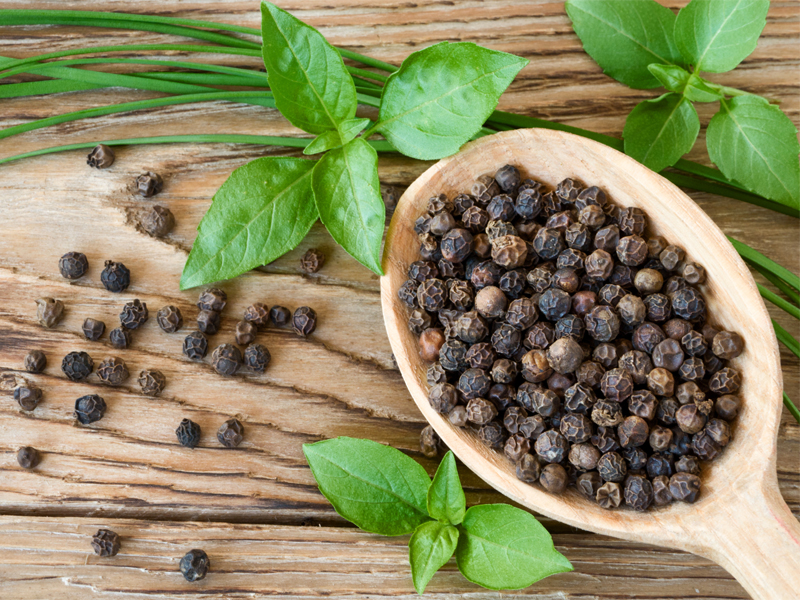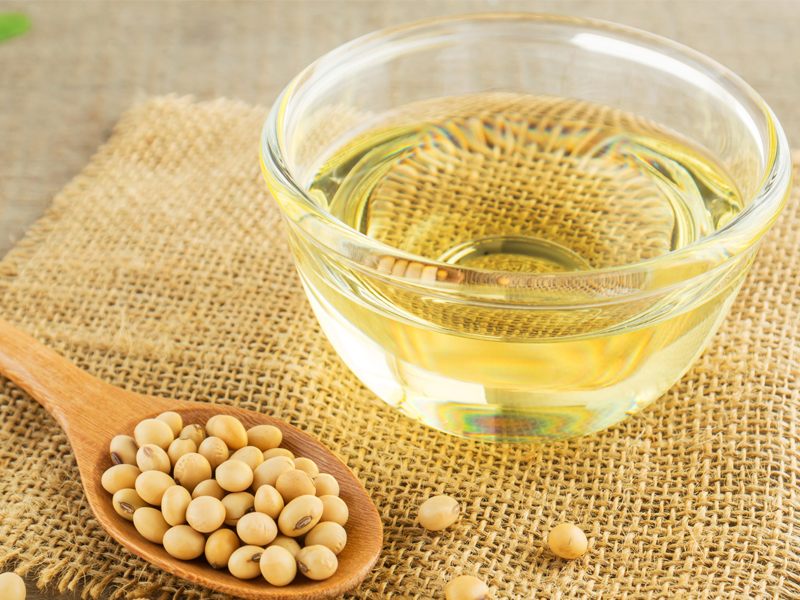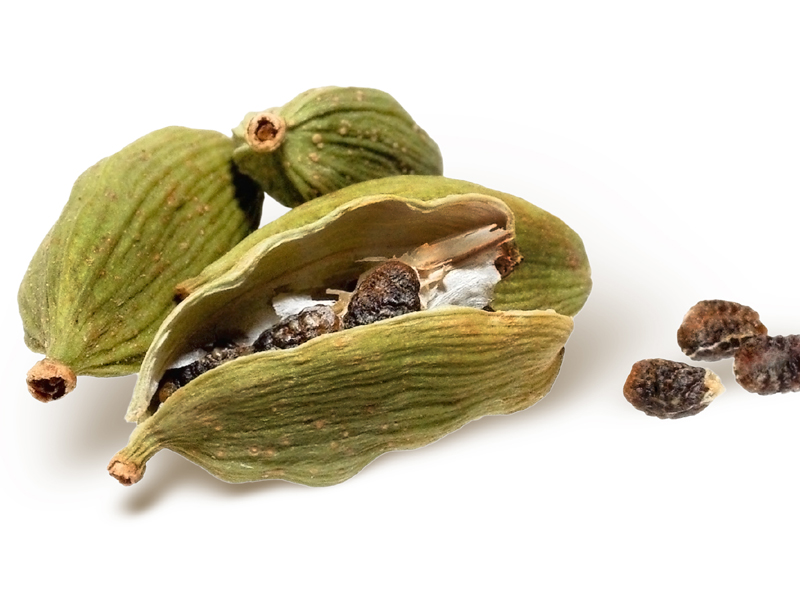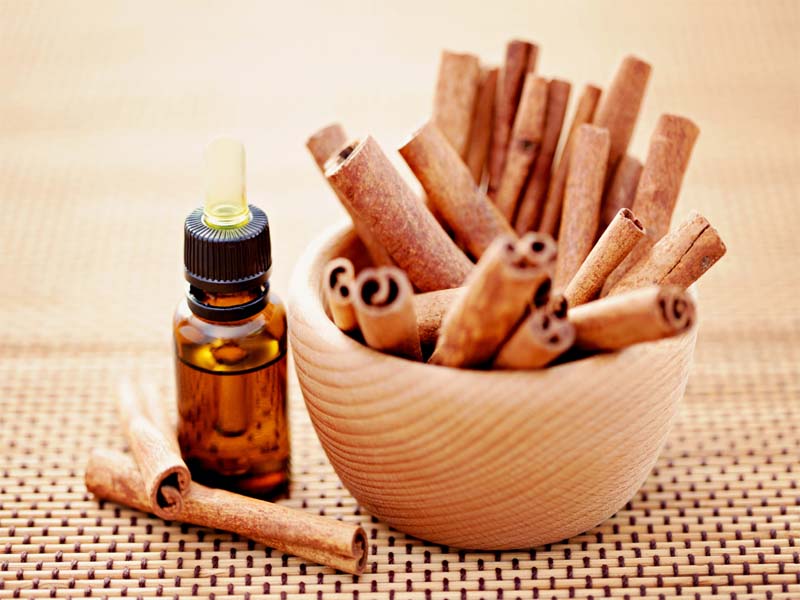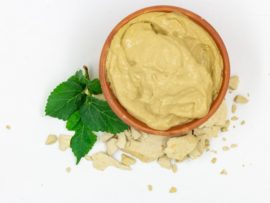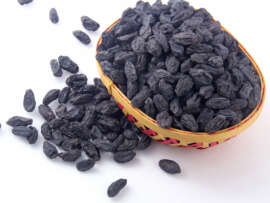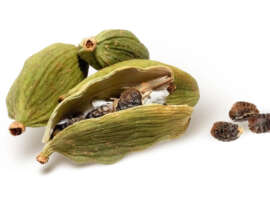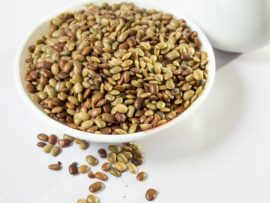Sesame seeds are a common ingredient found in many Indian households. Available in black and white varieties, sesame seeds a crunchy texture to your meals with a nutty flavour. Sesame seeds are flavourful and provide your body with essential vitamins and minerals that help nourish. These seeds increase longevity and are commonly added to many Asian and Middle Eastern dishes (1). However, you will have to eat significant amounts, a small handful per day, to gain health benefits. Let us know more about the benefits of Sesame seeds in detail:
White vs Black sesame seeds:
Black, white and brown are the Sesame seed varieties that depend upon the cultivar type.
- Compared to black, white sesame seeds have higher iron content. The black sesame seeds are either used in the form of oil or used as ingredients in food.
- Black sesame seeds are preferable in medicines because they are flavourful and have a strong aroma than white or brown sesame seeds.
- Compared to white sesame seeds, black seeds have 60% more calcium.
- Black and brown sesame seeds retain their hulls while white seeds are hulled.
Sesame Seeds Nutrition Facts:
Sesamum Indicum is a flowering plant found in the tropical regions of Africa and India, and it produces sesame seeds. Rich in essential minerals, vitamins, antioxidants, protein and fibre, Sesame seeds can benefit your body. 100 grams of Sesame seeds have the following nutrition:
- 563 kcal energy.
- 25 g carbohydrates.
- 16.9 g dietary fibre.
- 18.3 g protein.
- 43.3 g fats.
- 1450 mg calcium.
- 9.3 mg iron.
- 570 mg phosphorous,
- 2.2 mg copper.
- 12.20 mg zinc.
Benefits of Sesame Seeds:
Sesame Seeds Benefits for Health:
Sesame seeds’ curative, preventive, and nutritional properties make them a usable ingredient in many traditional medicines. In addition, the phytonutrients such as omega-6 fatty acids, flavonoid phenolic antioxidants, vitamins and dietary fibre present in the sesame seed oil can offer several health benefits. They are:
1. Good for Oral Health:
Sesame seeds and sesame seed oil removes dental plaque and whitens your teeth by boosting oral health. In addition, you will be able to reduce streptococcus mutants in both the teeth and the mouth saliva by oil pulling with sesame oil. This process will improve the overall health of your oral cavity (2).
2. Improves Digestion:
Sesame seeds are rich sources of fibre that help facilitate waste disposal and relieve constipation by smoothening the function of the intestine (3). Since these seeds are rich in fibre, they keep your colon and digestive system healthy.
Read: Incredible Benefits of Apricot Seeds
3. Improves Memory and Thinking Skills:
Sesame seeds help keep your brain alert and memory sharp by producing a neurotransmitter called dopamine with the help of tyrosine present in these seeds. Therefore add sesame seeds to your diet, and you can observe an improvement in your thinking skills. In addition, according to a study conducted on senescence-accelerates mice, the sesame lignans suppress age-related cognitive decline (4).
4. Strengthens Bones:
Sesame seed’s health benefits include a boost in bone mineral density and bone health since it is a good source of zinc because a deficiency in this mineral might cause hip and spine area osteoporosis. In addition, sesame seeds can also be vital to bone health since it has a trace of calcium in it (5). You can prevent osteoporosis later by consuming sesame seeds or til regularly.
5. Improves Blood Circulation
High levels of triglycerides and bad cholesterol accumulated in the arteries can slow down blood flow, creating the risk of heart disease. If not corrected on time, it might completely block blood flow.
The benefits of Sesame seeds include improving blood circulation protecting you from the risk of cardiovascular diseases like stroke, heart failure, heart attack by lowering the cholesterol and triglyceride levels in our body. In addition, sesame seeds are also known to help produce red blood cells, blood circulation and metabolism with their zinc and copper contents (6).
6. Improves Immunity:
Sesame seeds are a rich source of vitamins B6, E, zinc, selenium, copper, and iron which can be crucial for the functioning of your immune system (7). For example, your body will be able to activate specific white blood cells that recognize and attack invading microbes only with the help of zinc. Therefore, there is a chance of impaired immune system activity even with mild to moderate zinc deficiency (8). Three tbsp serving of sesame seeds can supply about 20% of the RDI of zinc.
7. Effective to Treat Piles:
Adding til or sesame oil to your cooking can be a great way to treat constipation or recurrent piles. In addition, this oil helps improve bowel movements by providing lubrication. Sesame seeds can also help soften the stool and cleanse the colon by improving digestion. It also enables you to pass stools without pain and discomfort by easing the pressure on the anal muscles (9).
Preparation:
- Take half a litre of water and add a handful of sesame seeds.
- Boil the water until its quantity becomes one-third of the initial volume.
- Make a thin paste of the mixture after it cools down.
- Add one tbsp of butter to the paste and eat it once every day.
8. PCOS:
Sesame seeds protein content might help regulate hormone disorders like PCOS. Sesame seeds also help women deal with PMS symptoms like bloating, mood swings and headaches by increasing progesterone production. This is possible because sesame seeds are rich in calcium, magnesium, zinc, and Vitamin E sources.
9. Weight Loss:
The high fibre content makes sesame seeds an ideal choice for weight loss. Fibre helps contribute to a healthy digestive system playing a crucial role in weight loss. In addition, fibre-rich foods prevent you from overeating or binge-eating by keeping your tummy fuller for longer (10).
Sesame seeds can also prevent fluid retention by regulating body fluids since they are low in sodium. These seeds might also help your body release fat-burning liver enzymes since they are rich in lignans. In addition, these compounds decrease fat metabolism by inhibiting the formation and absorption of cholesterol.
Til or sesame seeds help increase your metabolic rate and curbs hunger which helps avoid excessive calorie consumption and aiding in weight loss. This is because sesame seeds are an excellent source of protein.
10. Powerful Anti-cancer Properties:
The anti-cancer properties of Sesame seeds come from the high amounts of magnesium and an anti-cancer compound called phytate present in these seeds. These seeds help prevent colorectal cancer by effectively reducing the risk of colorectal tumours (11). The anti-cancer, anti-proliferative, anti-inflammatory, pro-apoptotic, anti-metastatic, anti-angiogenic and anti-autophagocytic properties are attributed to the sesamin present in sesame seeds (12).
Read: Are Watermelon Seeds Healthy?
11. Fights Against Inflammation:
Low-level, long-term inflammation is one of the prominent reasons that cause several chronic conditions. However, sesame seeds might be able to fight inflammation. For example, with 18 grams of flax seeds and 6 grams each of pumpkin and sesame seeds for three months daily on people with kidney disease, there is a decrease of 51 to 79% in their inflammatory markers (13). However, the anti-inflammatory impact of sesame seeds alone is uncertain because this study has used a mixture of seeds on the subjects.
Still, there are several anti-inflammatory effects from sesame oil as per many animal studies (14)(15). These effects might result from the compound found in sesame seeds and oil called sesamin (16).
12. Reduces Blood Sugar Levels:
Sesame seeds have been shown to combat diabetes since they contain magnesium and other nutrients. Furthermore, when used as the sole edible oil, sesame seed oil effectively lowers plasma glucose and blood pressure in hypersensitive diabetics (17). In addition, sesame seeds are good for the health of a person with diabetes by supporting blood sugar control since they are low in carbs while high in protein and healthy fats (18).
Additionally, sesame seeds might help regulate blood sugar by inhibiting the action of the digestive enzyme maltase because they contain a compound called pinoresinol (19)(20). However, there is a need for more studies to know the effectiveness of sesame seeds on humans.
13. Rich Source of Antioxidants:
The prominent advantage of sesame seeds is the high amounts of antioxidants. In addition, consuming sesame seeds might increase the overall antioxidant activity in your blood, as per animal and human studies (21). Furthermore, sesame seeds also have compounds called lignans which help fight oxidative stress by functioning as antioxidants (22). Additionally, sesame seeds can be especially protective against heart disease since they contain gamma-tocopherol, which acts as an antioxidant, a form of Vitamin E (23)(24).
14. Good Source of Vitamin B:
Sesame seeds are good for you since they are rich sources of specific B vitamins distributed in the seeds and a hull (25). Therefore, the concentration of B vitamins might either lessen or increase by removing the hull. In addition, sesame seeds might help with the proper cellular function and metabolism since it is a good source of thiamine, niacin, and vitamin B6 (26)(27)(28). Therefore, three tbsp of sesame seeds unhulled and hulled can provide:
15. High In Fibre:
Fibre plays an essential role in maintaining and supporting digestive health, reducing the risk of chronic diseases like type 2 diabetes, certain cancers, obesity, and heart diseases. You will be able to get about 3.5 grams of fibre which is 12% of the RDI, with the consumption of 30 grams of unhulled sesame seeds. This is because the average fibre intake for many people is half of the RDI. Therefore, eating a few sesame seeds every day can help keep your digestive system healthy.
16. Lowers Cholesterol:
Lowering cholesterol levels is one of the significant black sesame seeds benefits. Sesamin and sesamolin belong to a group of fibres called Lignans present in sesame seeds. When taken along with stanol esters, a compound known to reduce bad cholesterol, Lignans have an effect that owers cholesterol (29). The consumption of black sesame seeds might reduce the risk of developing certain cancer types and decrease blood cholesterol levels. This is possible because sesame seeds have phytosterols, compounds whose structure is similar to cholesterol.
17. Provides Relief from Arthritis
An osteoarthritis is a form of arthritis that frequently affects the knees and can be the most common cause of joint pain. Oxidative damage and inflammation to the cartilage that cushions joints are several factors that result in arthritis (30). The anti-inflammatory and antioxidant effects of the sesame seeds are attributed to a compound called sesamin which might help protect your cartilage (31). In addition, sesame seeds also help reduce pain and swelling associated with arthritis since they contain a mineral called copper, which is crucial in antioxidant enzyme systems.
18. Treats Hypertension:
Irrespective of the age group and gender, hypertension is a common health problem many of us are facing nowadays. According to studies, the magnesium present in sesame oil can help you reduce blood pressure efficiently. In addition, the oil also helps boost your immunity with the presence of an extensive range of minerals.
19. Rich Source of Protein:
Sesame seeds have high-quality amino acids making up to 20% of the seeds, making them a good source of dietary protein. You can get 1.60 grams of protein from one tbsp of sesame seeds. Protein plays an essential role in the healthy growth of our body by helping the bone, muscle and body tissue. Therefore, if you wish to have a high-protein vegetarian diet, sesame seeds can be an excellent option (32).
Read: Ways to Use Sesame Oil for Glowing Skin
Sesame Seeds Benefits for Skin:
Along with powerful antioxidants, sesame seeds are a rich source of antiviral and antibacterial properties, which can be beneficial for the nourishment of your skin. Sesame seed oil is also used in my beautification products since it is a rich source of omega-6, calcium, phosphorous, magnesium, vitamins B and E, and Iron. Here is how sesame seeds benefit the skin.
20. Wound Healing:
Sesame seed oil has excellent healing properties because it is a natural anti-inflammatory agent. In addition, sesame seed oil helps eliminate skin pathogens like streptococcus, staphylococcus and common skin fungi with its antibacterial properties (33). You can also control vaginal yeast infections by mixing sesame seed oil with warm water.
21. Slows Down the Ageing Process of the Skin:
Another black sesame seeds benefits for skin is the slowing down the skin’s ageing process. In addition, these seeds help improve skin rejuvenation by preventing skin cells from oxidation. You will be able to avoid the formation of wrinkles and tiny pores in the skin with the help of an antioxidant called sesamol present in sesame seeds.
22. Glowing Skin:
The benefits of sesame seed oil are that it can help provide your skin with flexibility that makes it look supple and soft. In addition, it helps control the enlargement of pores in the nose area the tightens your facial skin.
Preparation:
- Use sesame oil to rub all along your face.
- Use rice powder or besan powder to scrub your face.
- Use warm water to wash your face.
23. Help the Skin Remain Warm and Moist:
The sesame seed oil can soften up your skin. Therefore, it is an active ingredient in many sunscreens, moisturizers and skin cleansers. Furthermore, sesame seeds have anti-inflammatory properties that help keep your skin moist and warm. Finally, massaging your face with sesame seed oil can help keep your skin detoxified by eliminating environmental toxins from your body.
Sesame Seeds Benefits for Hair:
The nutrients in sesame seeds can play an essential role in maintaining healthy hair and scalp. It helps combat several scalp problems because sesame seeds or oil can benefit your scalp similar to skin. Let us see the importance of sesame seeds for healthy hair.
24. Helps with Greying Hair:
Whether due to stress or genetics, premature hair greying has become a common problem among people of all ages, irrespective of gender. Sesame seed oil can prevent premature hair greying with its hair-darkening properties. It also helps your hair retain its natural colour. However, you can reap the maximum benefits by using sesame seed oil with another carrier oil like almond oil or olive oil.
25. Facilitates Hair Growth:
Did you know deficiency in fatty acids might cause hair loss in some people? Yes! But the sesame seed oil has essential fats like omega-3 and omega-6 fatty acids that help improve hair growth. However, there is a need for more research (34).
Sesame seeds have a good amount of vitamin B1, calcium, copper, phosphorous, iron, magnesium, manganese and zinc that can help reduce hair thinning and hair loss.
26. Helps in Moisturizing the Scalp:
Sesame oil can help soften your scalp making your hair strands look smoother because it is an emollient. In addition, the essential fats like omega-3 and omega-6 fatty acids present in sesame oil that help improve hair growth can also help you combat dry scalp and hair. Palmitic acid, linoleic acid, linolenic acid, oleic acid and stearic acid are some of the healthy fatty acids present in sesame oil.
27. Kills Dandruff:
Sesame oil and sesame seeds might help reduce or prevent scalp’s common infections since they have antifungal and antibacterial properties. You can also help reduce dandruff caused by fungus or bacteria by using sesame seed oil on your hair and scalp. In addition, when applied to a clean scalp, sesame oil might help keep your scalp moisturized with the help of its occlusive properties, which further prevents itching, flaking and dryness.
28. To Kill Lice Infestations:
In combination with olive oil, Sesame seed oil can efficiently help you get rid of lice and eggs because of their antiseptic and insecticidal properties.
Preparation:
- Add one tbsp of olive oil and two tbsp of sesame seed oil into a bowl.
- Combine them and apply the mixture to your hair and scalp thoroughly.
- Leave the oil overnight and cover your hair with a shower cap.
- Use a comb to remove the dead lice, and use a shampoo to wash your hair.
- For desired results, use this remedy daily.
29. It Prevents Split Ends and Brittle Hair:
Sesame seed oil can help retain moisture by deeply nourishing dry and damaged hair by acting as an excellent hair conditioner.
Preparation:
- Combine two tbsp of yoghurt, one tbsp of honey and half a cup of ground sesame seeds.
- Now apply the mixture to your hair and scalp evenly.
- Let it remain on your hair for about 15 minutes.
- Use a mild shampoo to wash your hair.
Read: Benefits of Using Mango Seeds
Side Effects of Sesame Seeds:
Although there are several benefits associated with the consumption of sesame seeds, taking them in excess can cause the following side effects:
- There might be a drop in the blood glucose levels below normal if you eat sesame seeds in the limit.
- Eating sesame seeds in excess might cause bloating and pain by forming a layer over the appendix because of their fibre.
- It is best to consult your doctor before adding sesame-based items into your daily diet because sesame seed allergy is prevalent.
- Excess consumption of sesame seeds might lead to weight gain by getting stored in the stomach without being digested.
- Sesame seeds contain oxalates which can aggravate the symptoms of gout. Therefore, people with gout should avoid consuming sesame seeds.
Sesame seeds are packed with essential nutrients that can benefit overall health. We hope you are clear about the sesame seed’s benefits from this article. Then, reap all the benefits by adding them to your diet. You can also use sesame seed oil as a base for cooking. Don’t forget to let us know if you found this article helpful!
Disclaimer: The content provided in this article is based on research and for educational purposes only and is not a replacement for a medical professional. The website is not responsible for the authenticity and accuracy of this information.
1. Is It Okay to Consume Sesame Seed Daily and Raw?
Ans: Unless you have an allergy, it is safe to have one tbsp of sesame seeds daily. You can get significant benefits from stored nutrients in the sesame seeds in the raw form. There is also an option of soaking sesame seeds for easy digestion for people with disturbed digestion.
2. Which is the Healthiest Way for the Consumption of Sesame Seeds?
Ans: Soaking is a perfect way to consume sesame seeds for people with digestive issues otherwise to get the most benefits. You can chew sesame seeds raw.
3. When is the Right Time to Consume Sesame Seeds?
Ans: In general, you can chew 1 to 2 tbsp of sesame seeds post-meal for better digestion, or you can also add them to your meals. Sesame seeds can also be used as an option of a mid-mini meal.


